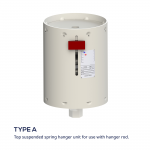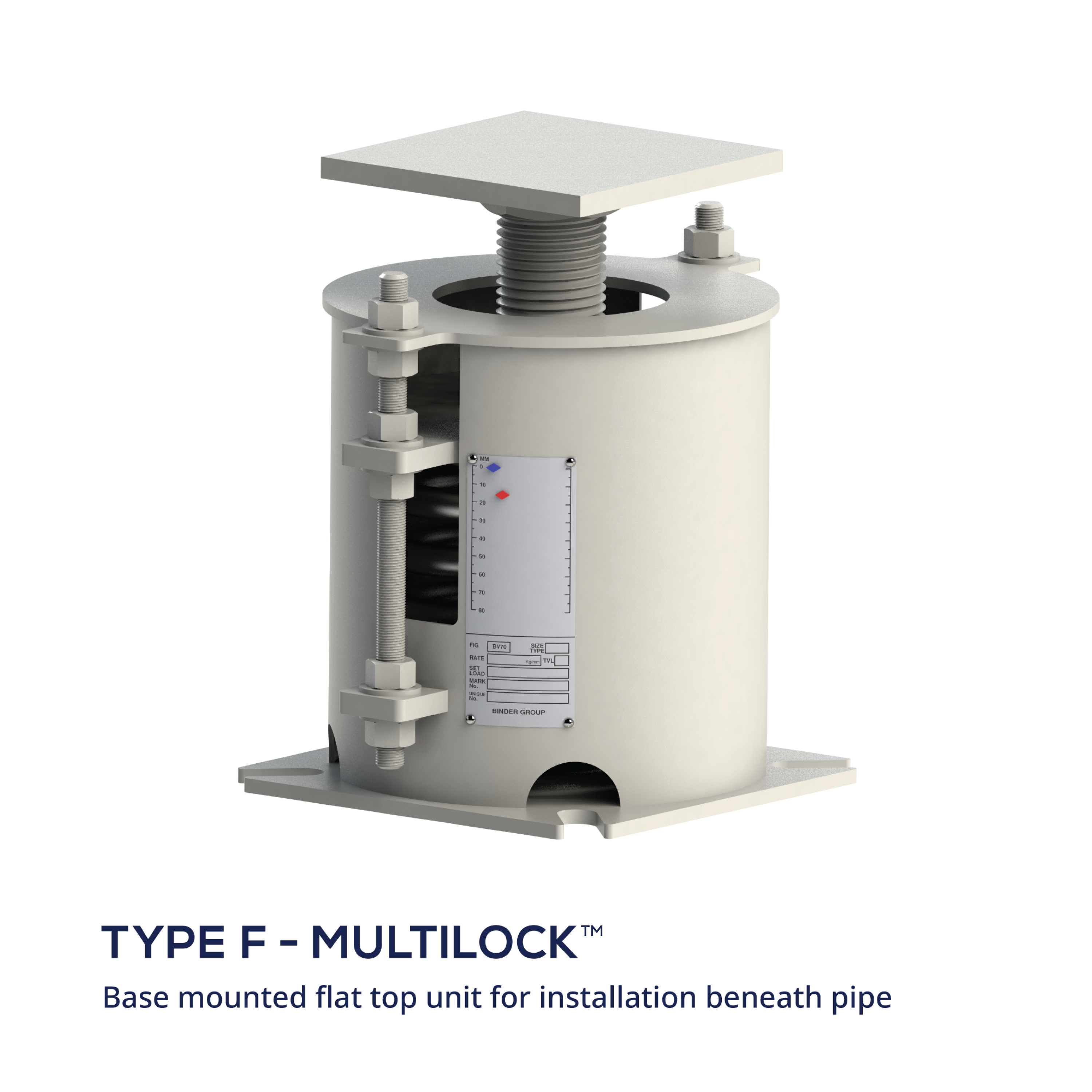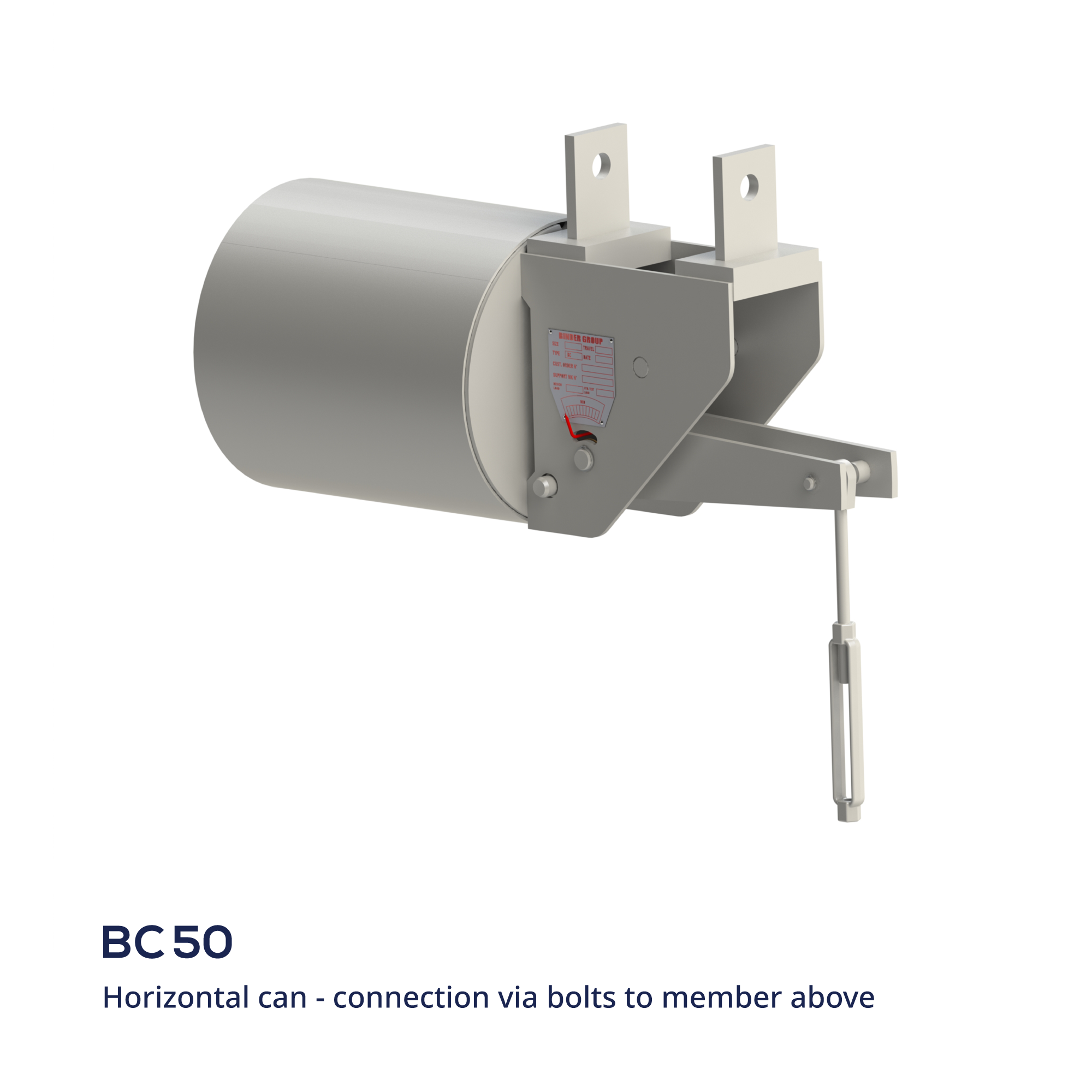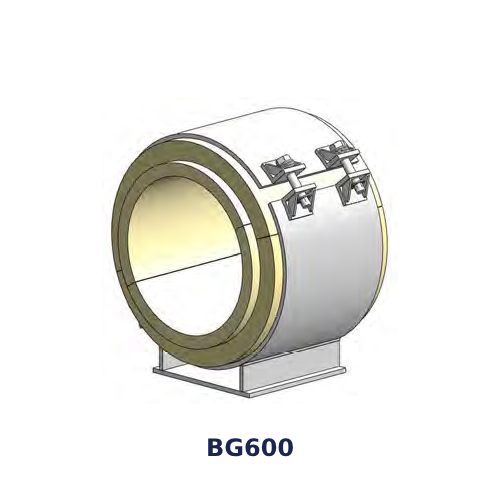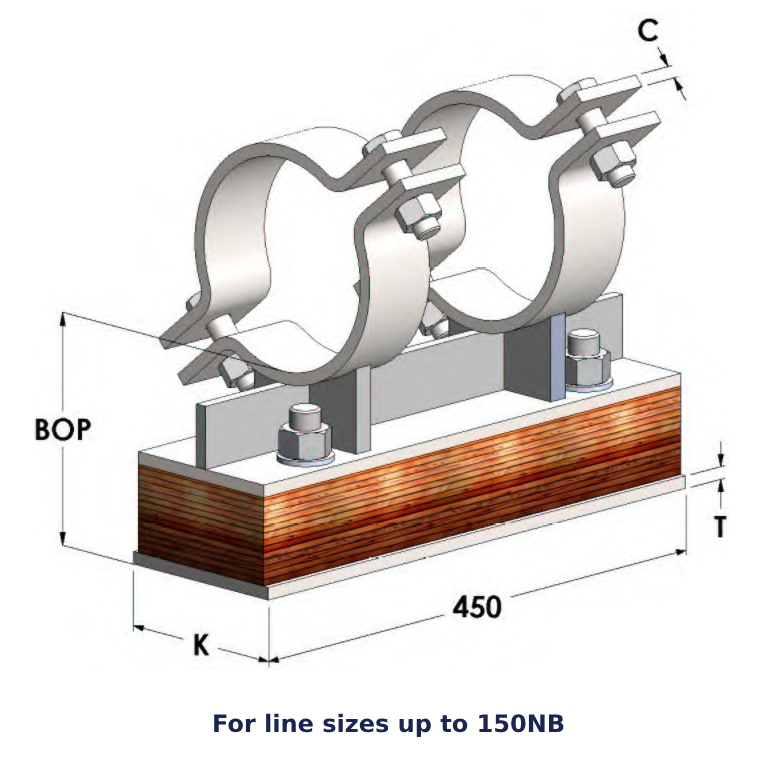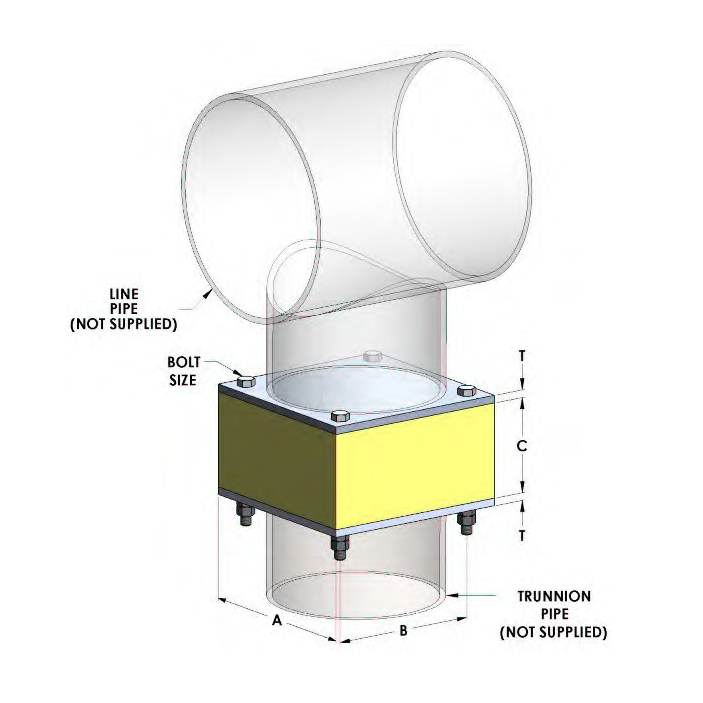- Products
-
-
-
Categories
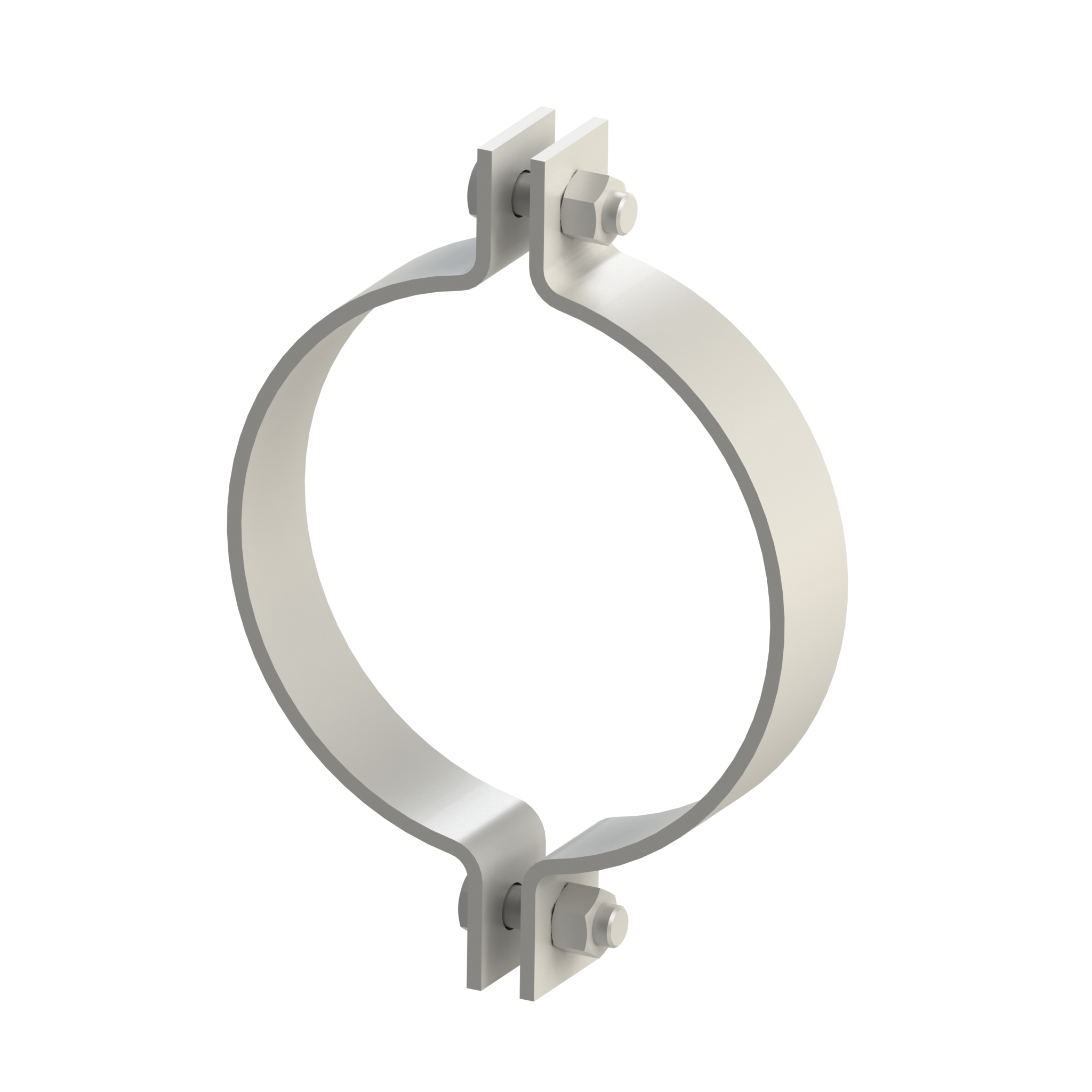 BG100
BG100LIGHT DUTY 2-BOLT CLAMP
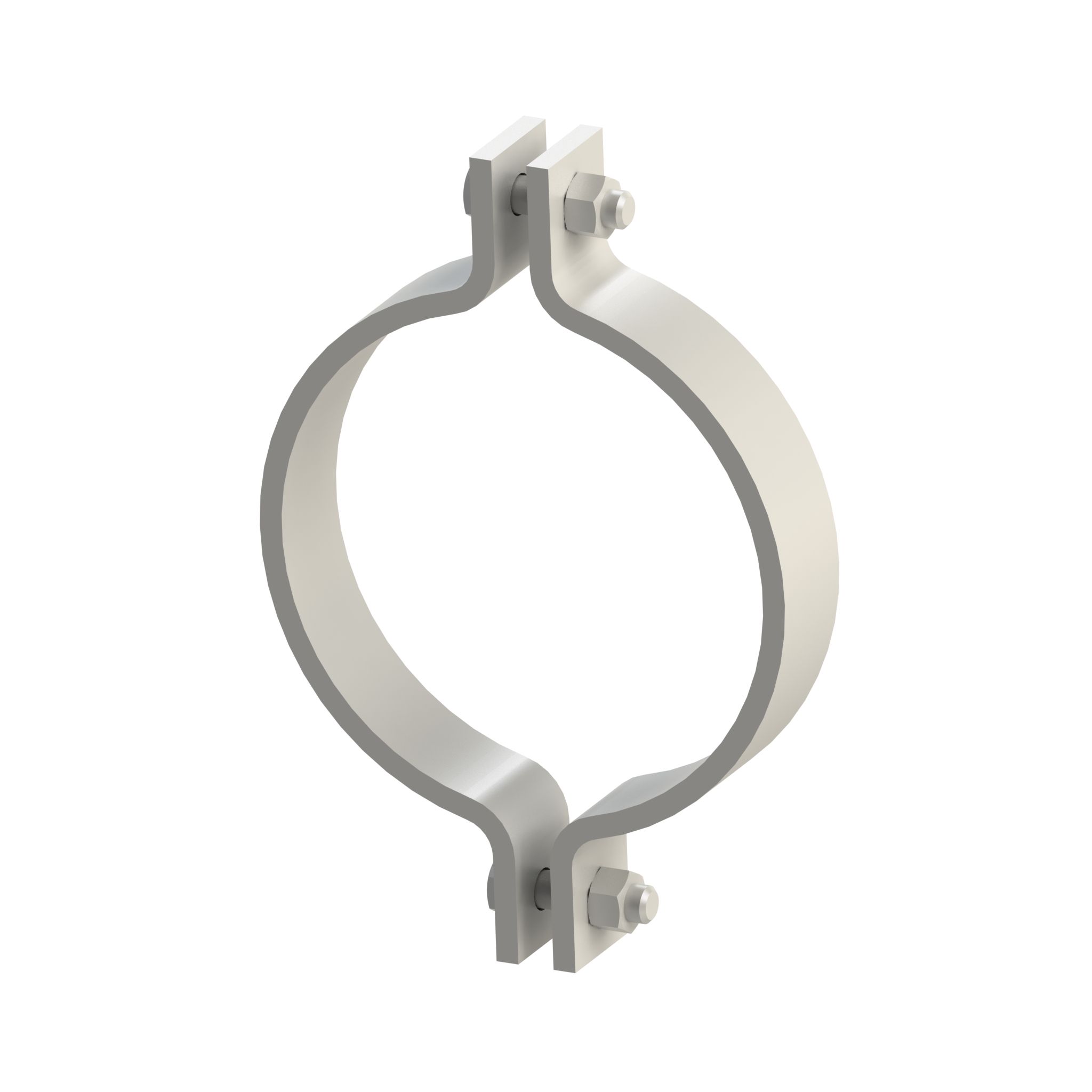 BG170
BG170MEDIUM DUTY 2-BOLT PIPE CLAMP
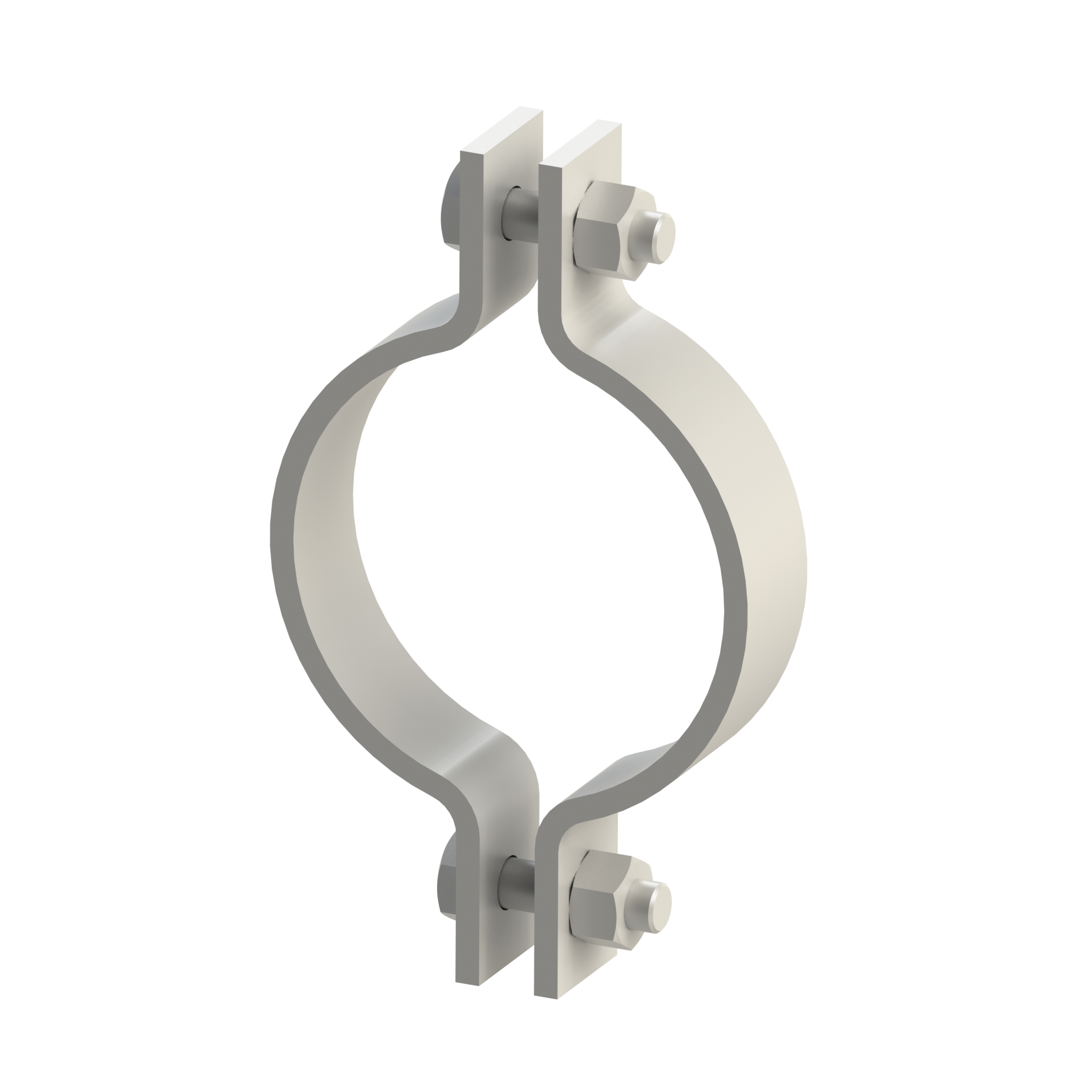 BG50
BG50HEAVY DUTY 2-BOLT PIPE CLAMP
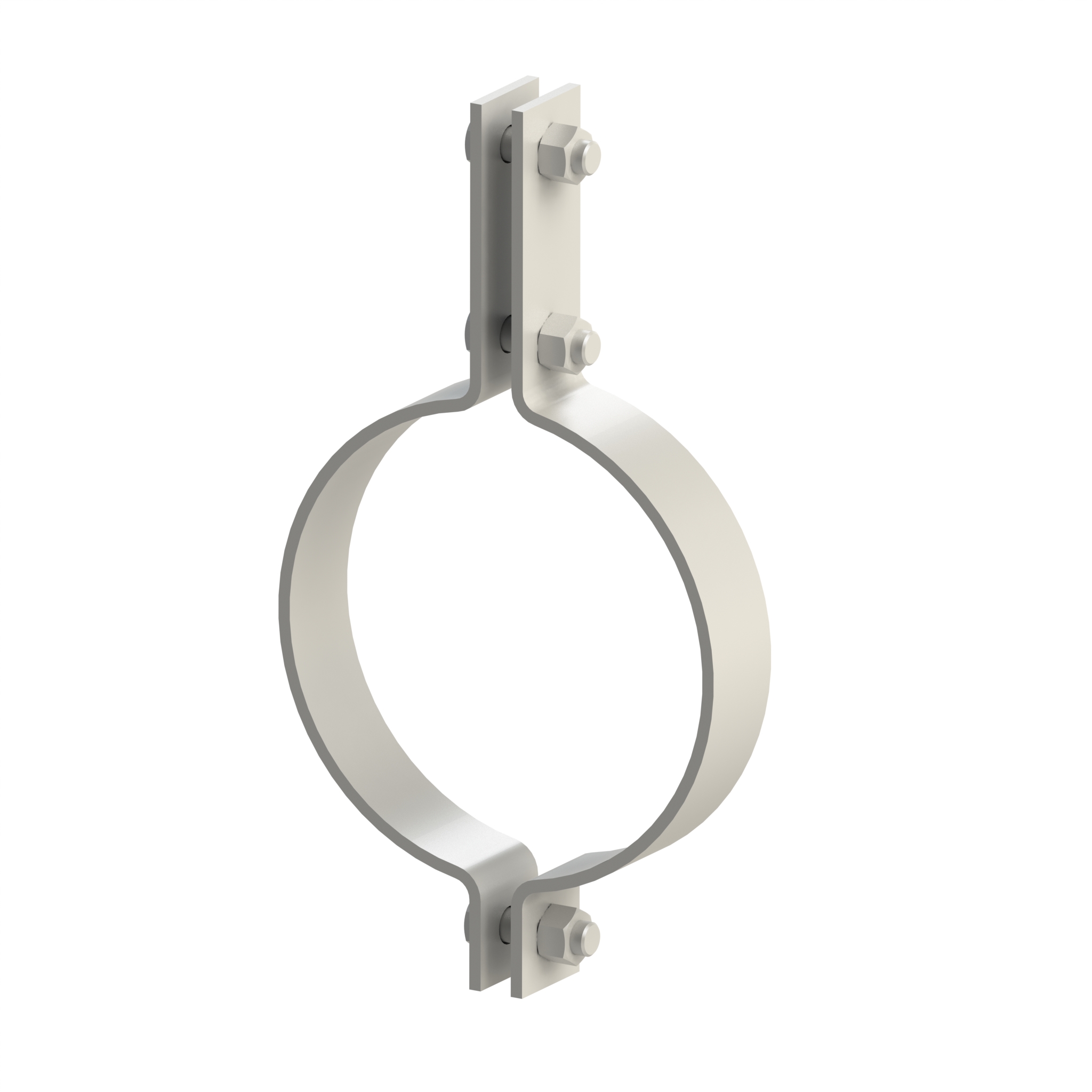 BG101
BG101LIGHT DUTY 3-BOLT PIPE CLAMP
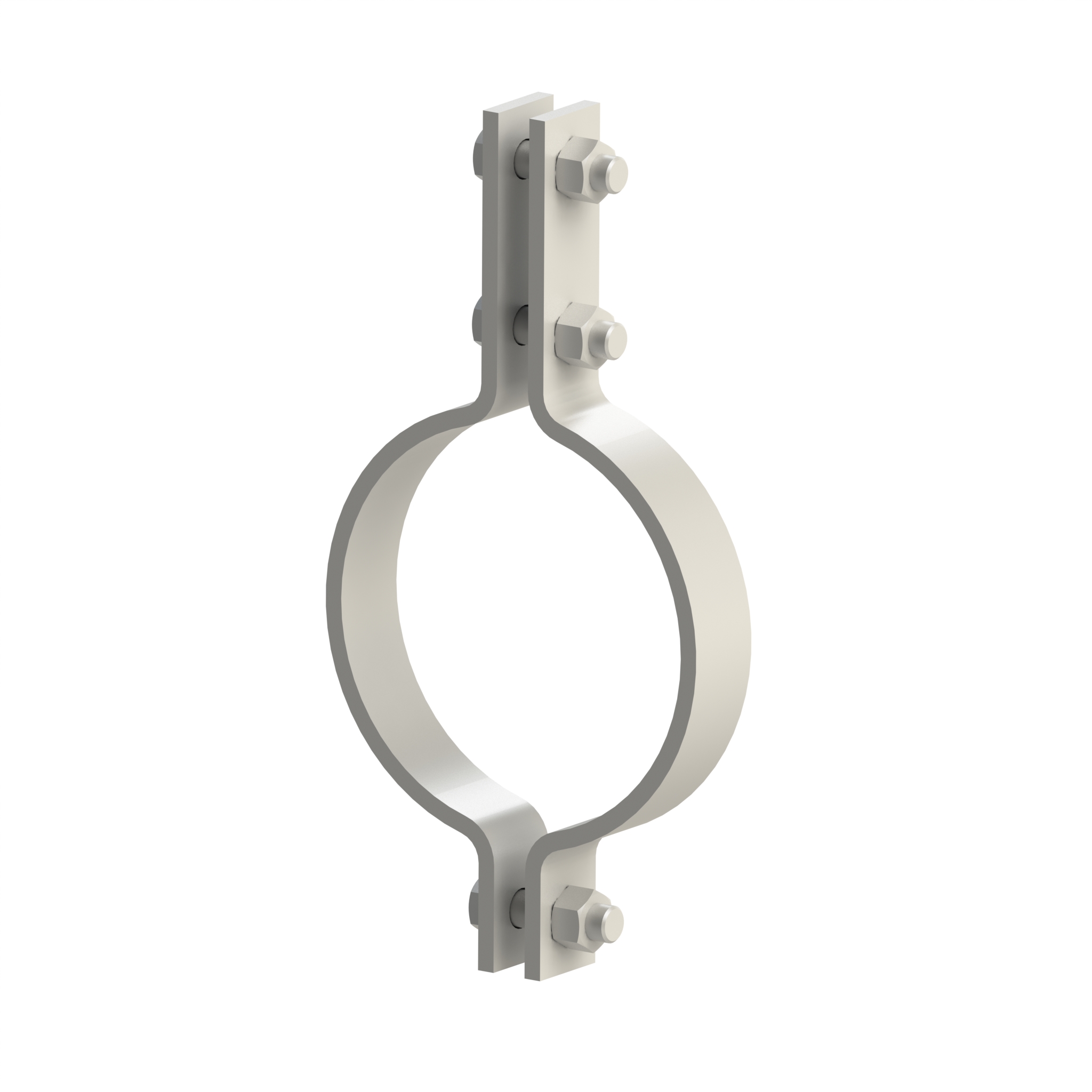 BG171
BG171MEDIUM DUTY 3-BOLT PIPE CLAMP FOR STEEL PIPE
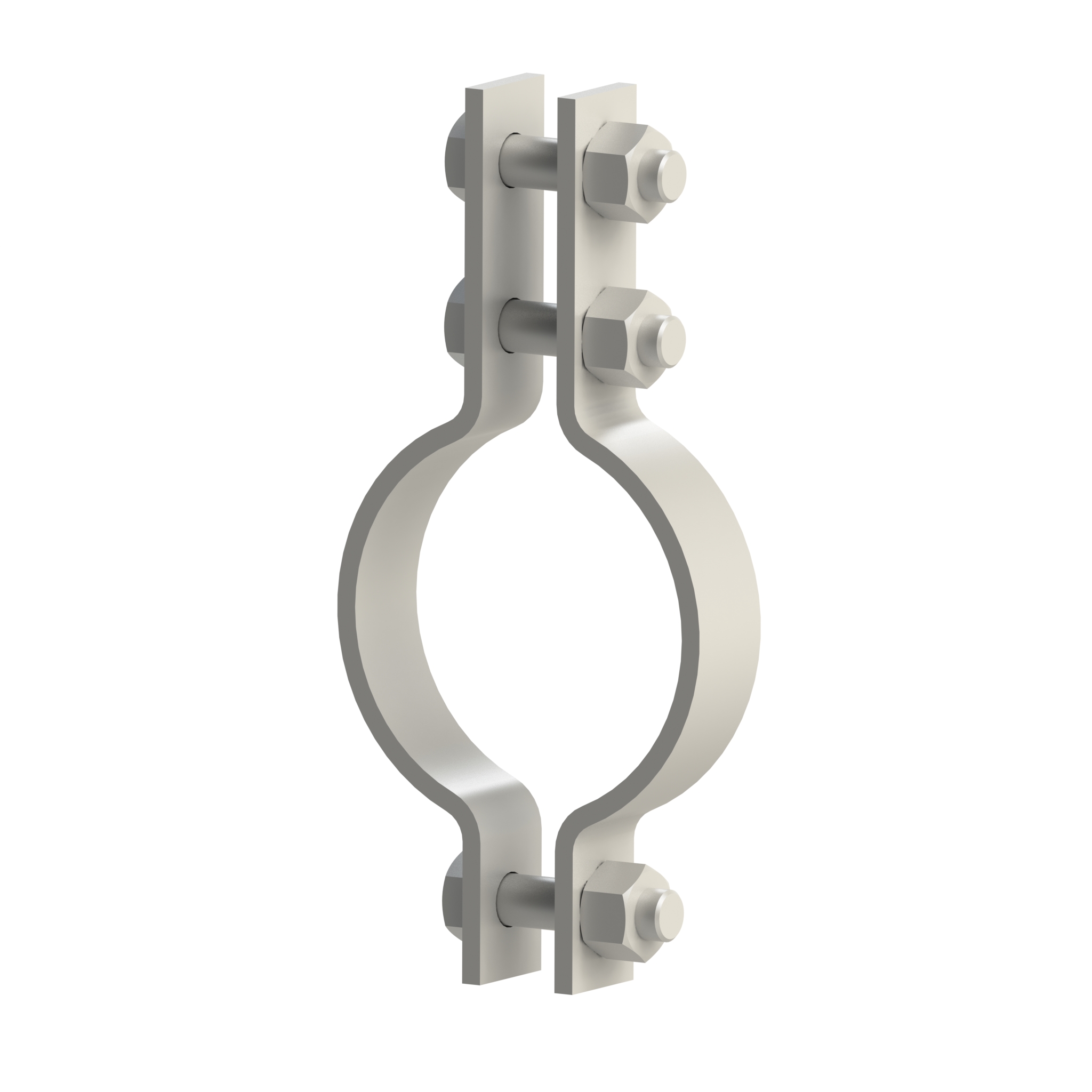 BG75
BG75HEAVY DUTY 3-BOLT PIPE CLAMP
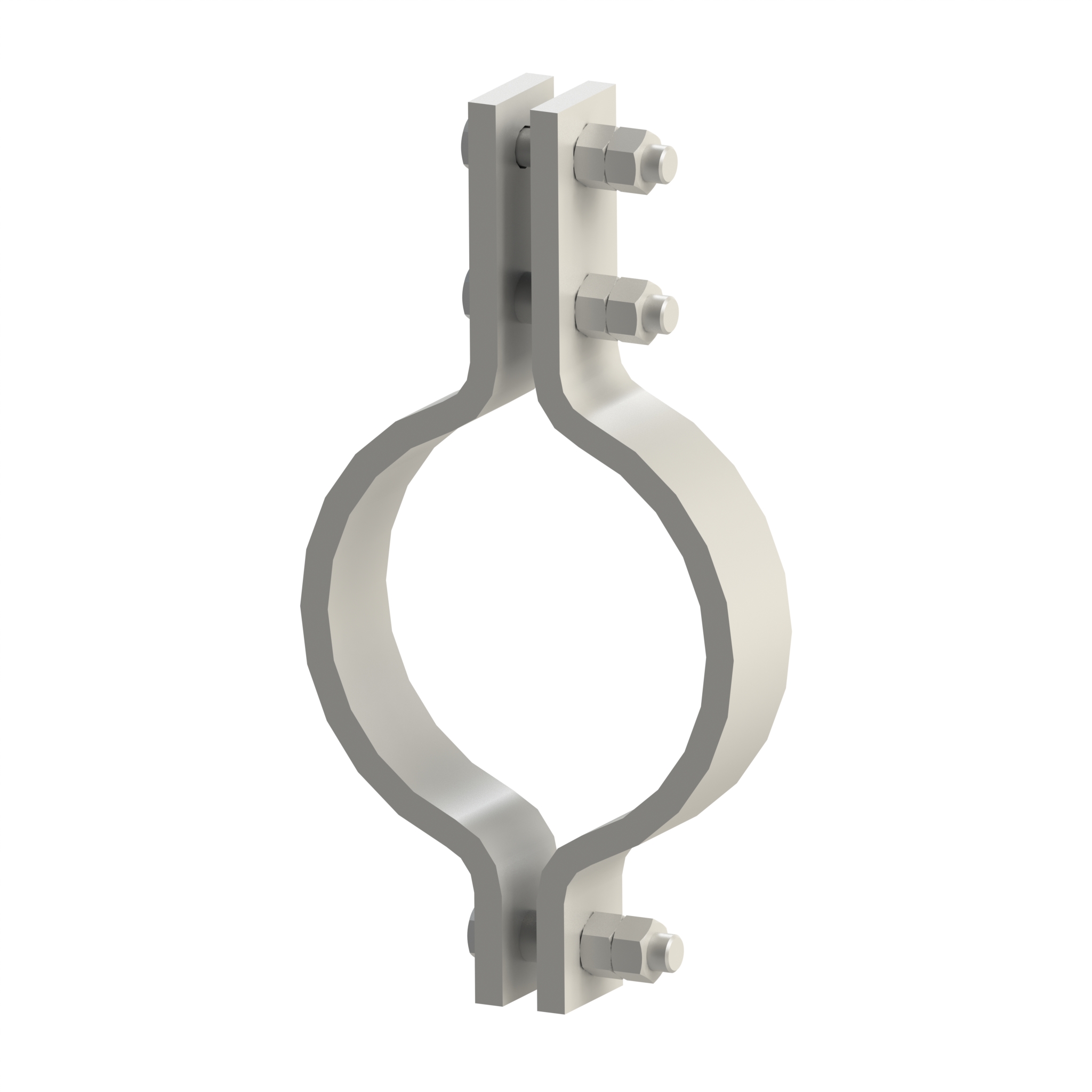 BG172
BG172HIGH TEMPERATURE 3-BOLT PIPE CLAMP
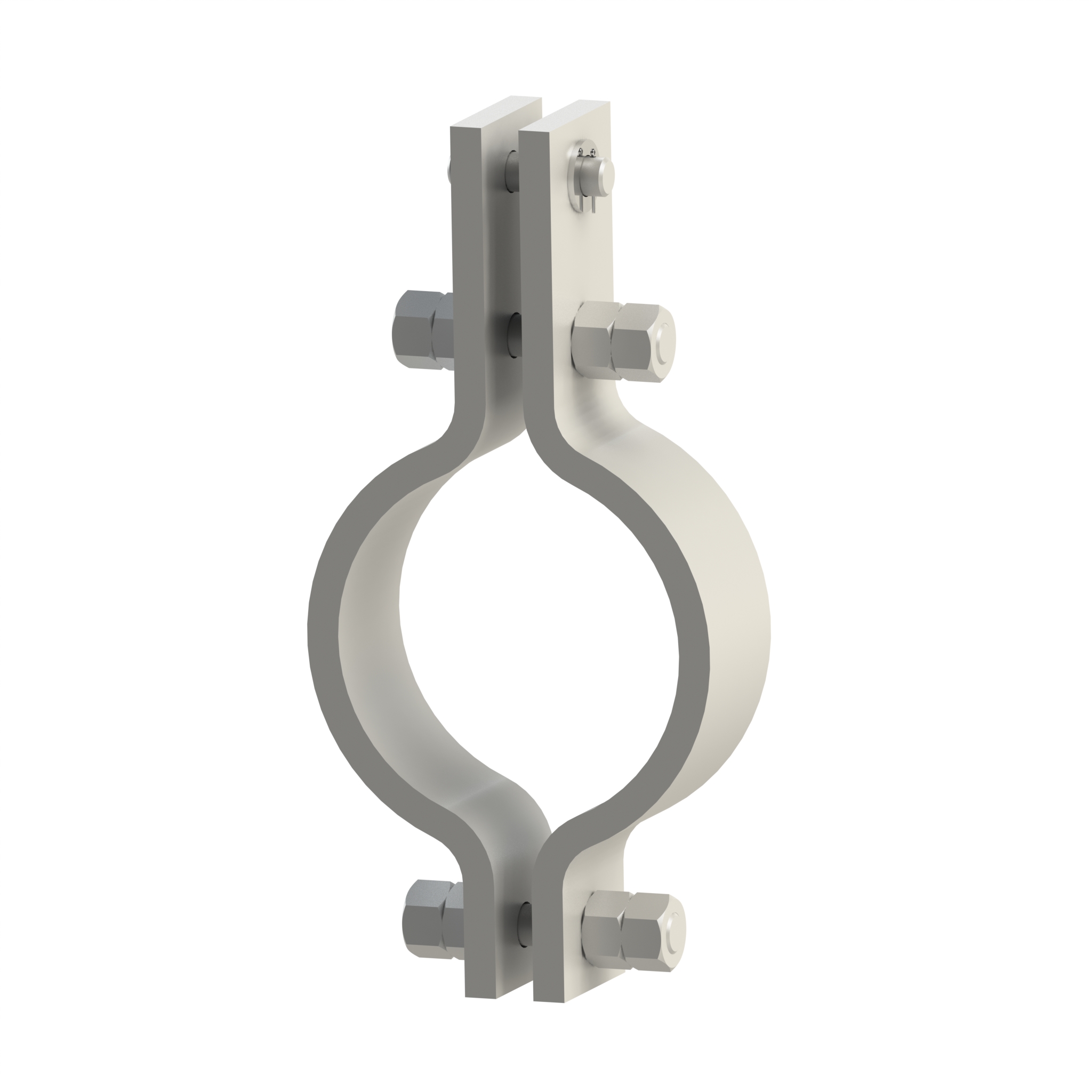 BG173
BG173ALLOY PIPE CLAMP - VERY HIGH TEMPERATURE
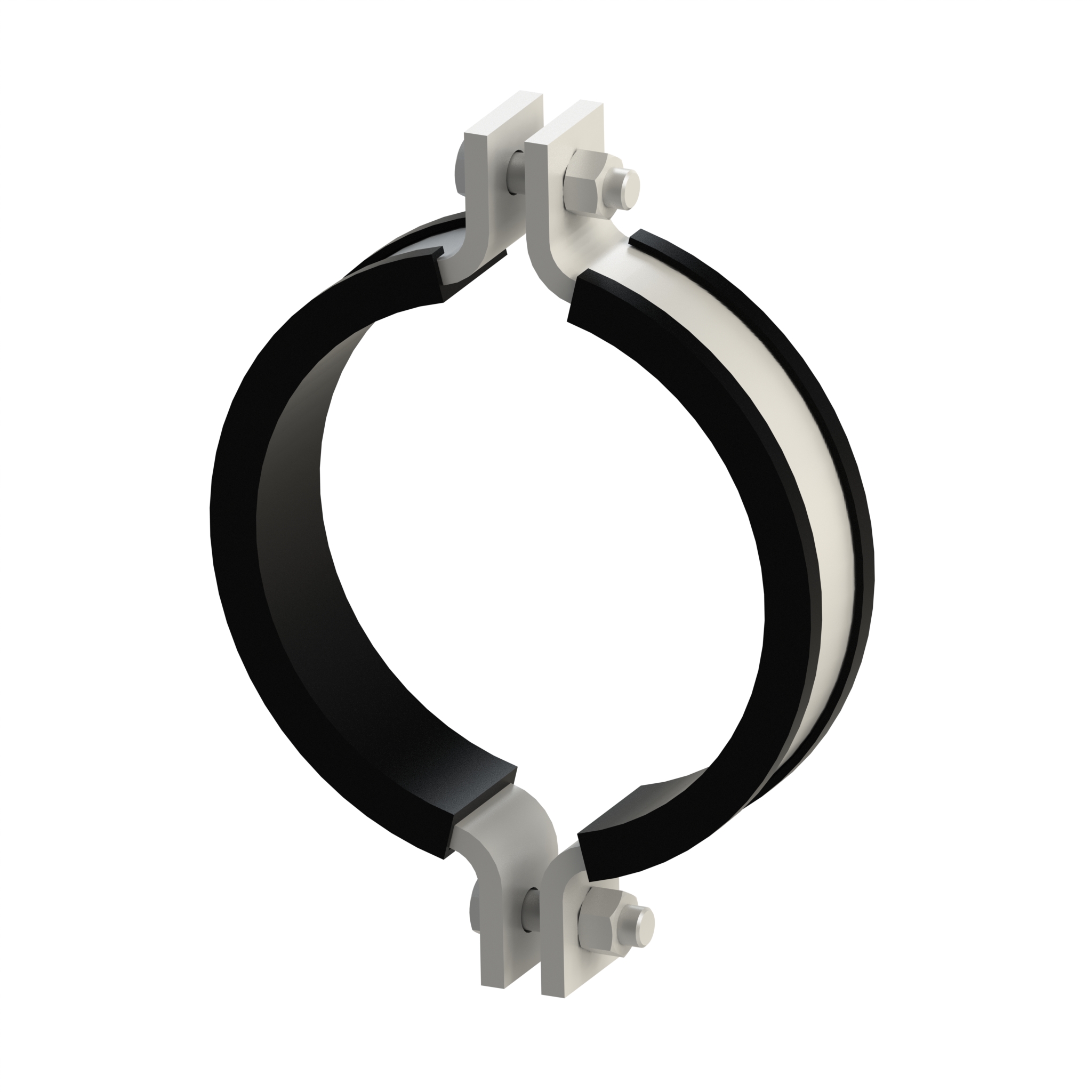 BG140
BG140INSULATED 2-BOLT PIPE CLAMP
 BG141
BG141INSULATED 2-BOLT PIPE CLAMP FOR CU/NI
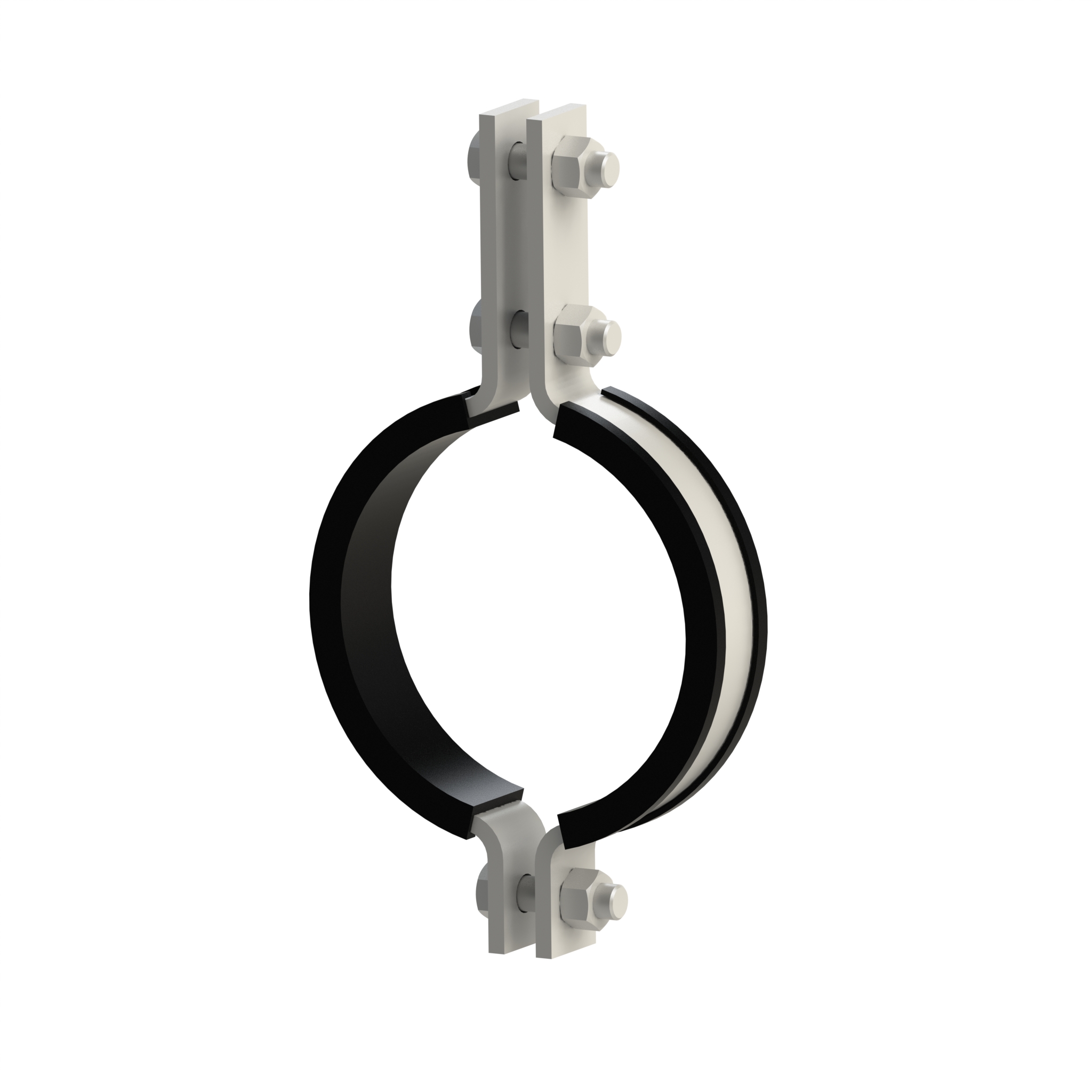 BG145
BG145INSULATED 3-BOLT PIPE CLAMP
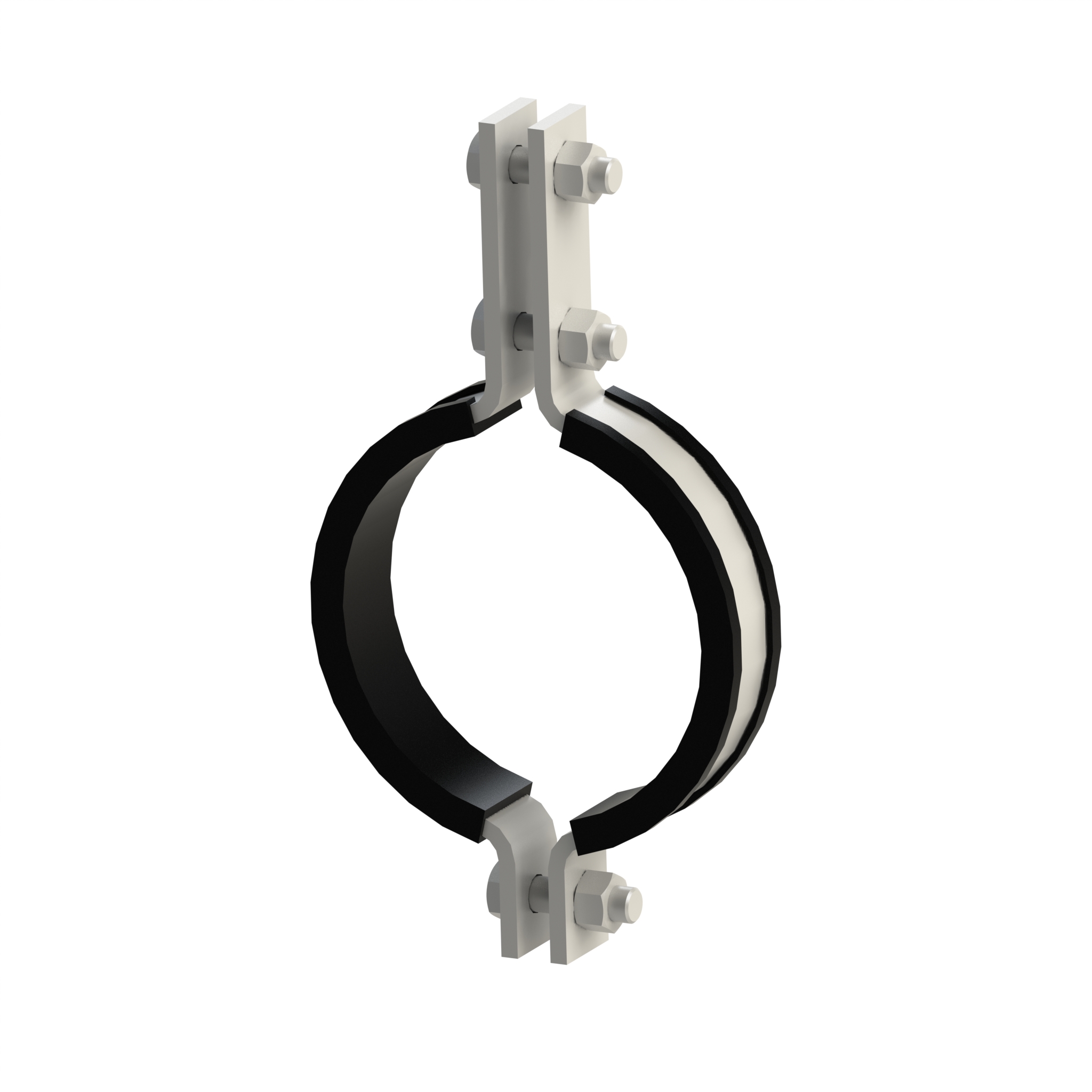 BG146
BG146INSULATED 3-BOLT PIPE CLAMP FOR CU/NI
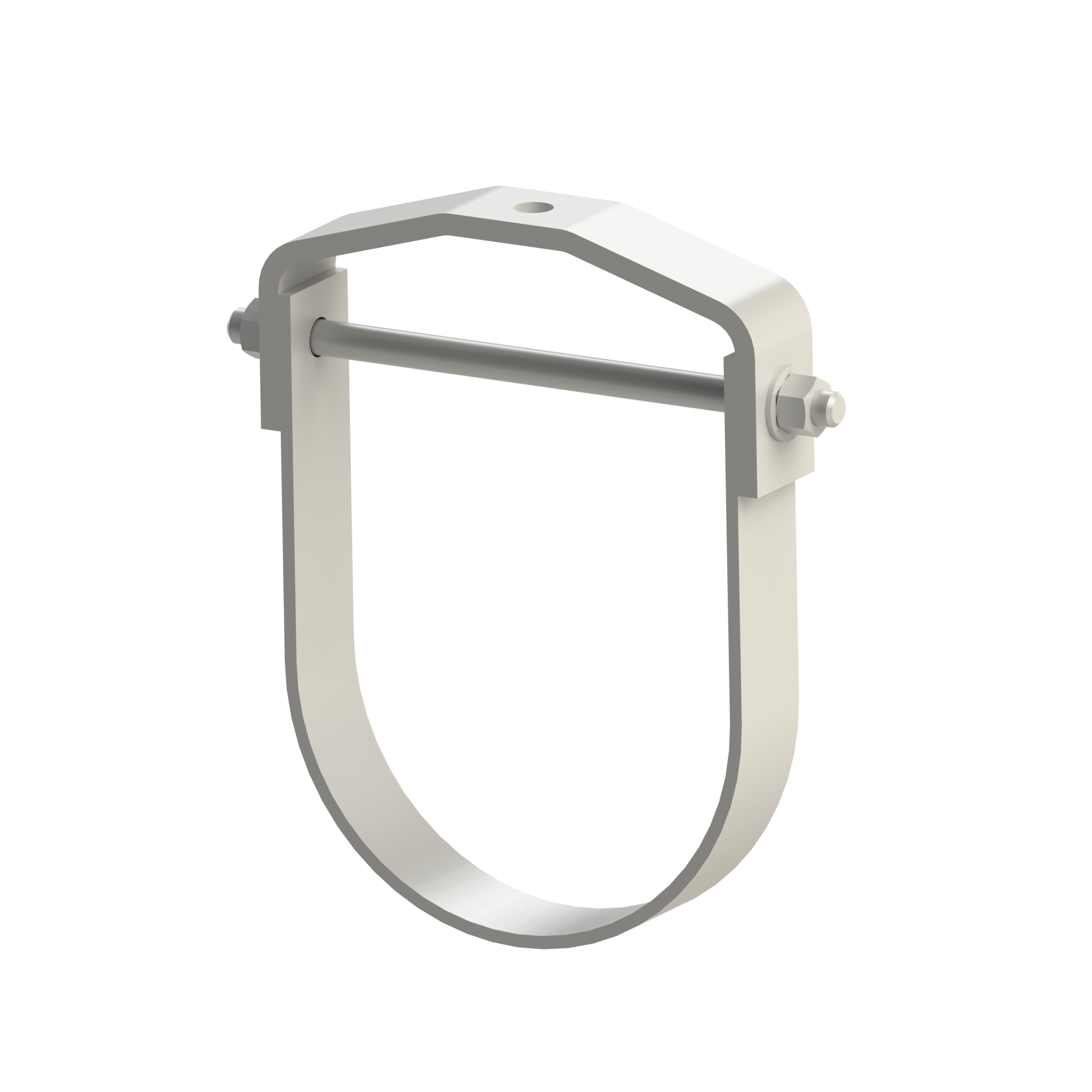 BG108
BG108CLEVIS CLAMP
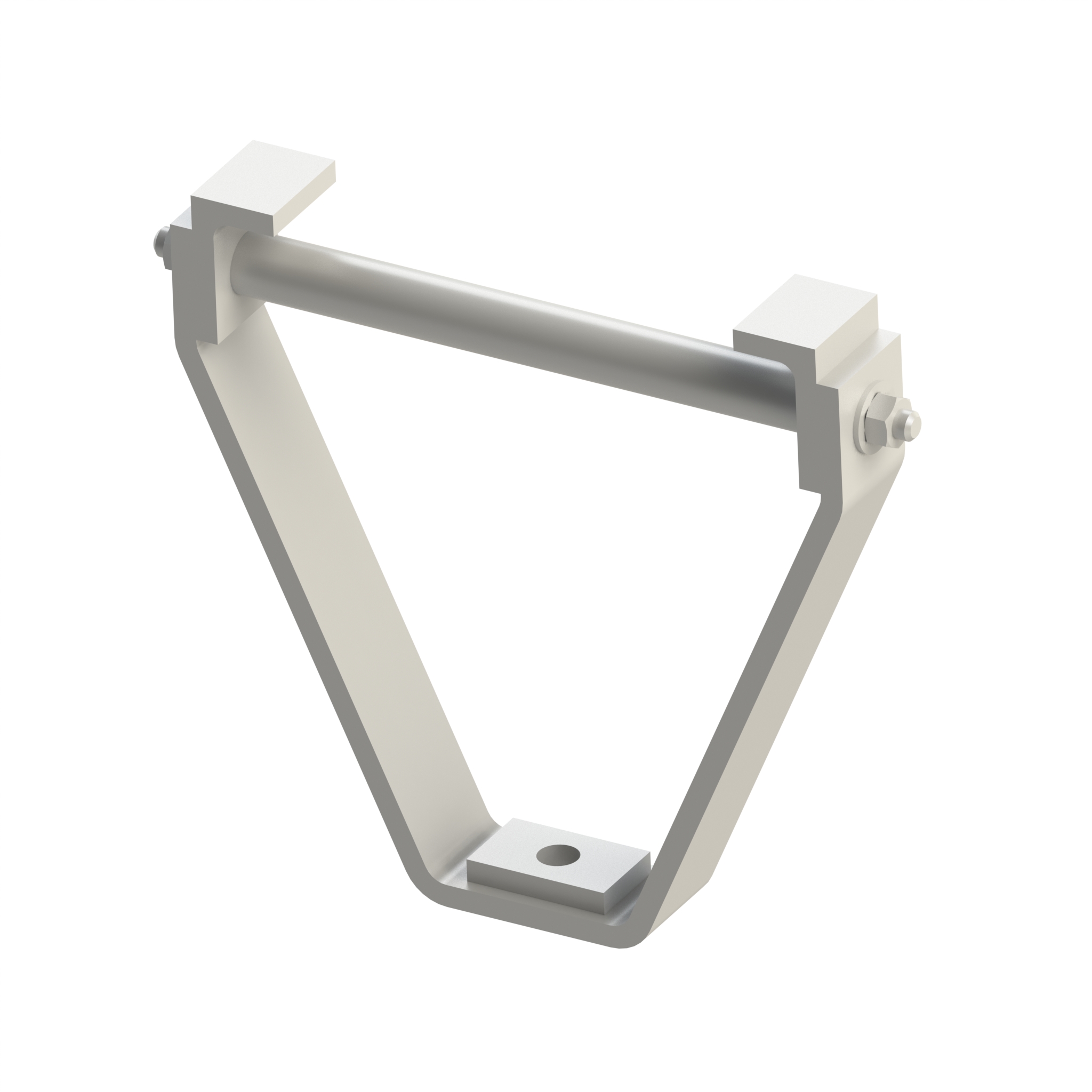 BG222
BG222BEAM CLAMP
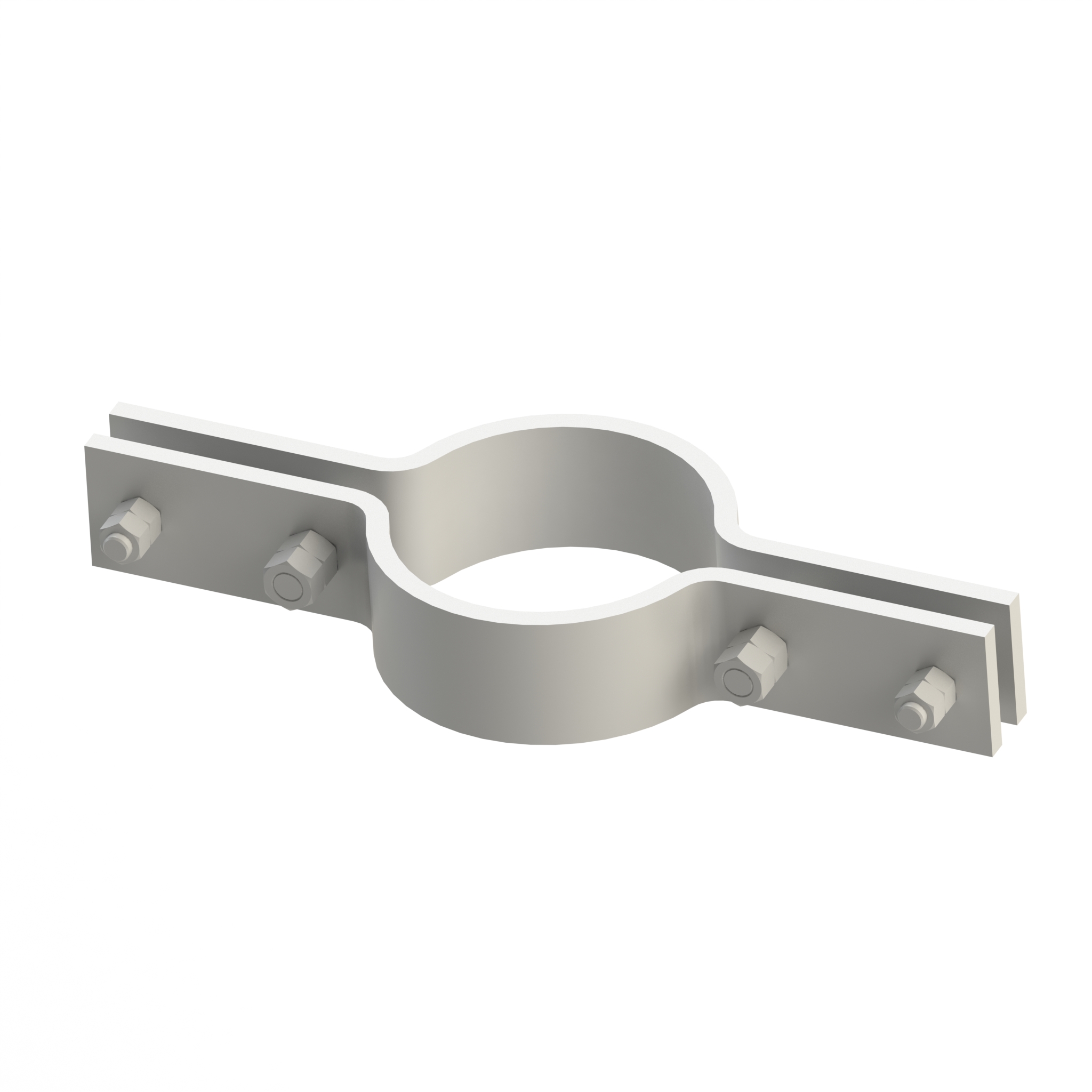 BG174
BG174RISER SUPPORT – STD TEMPERATURE
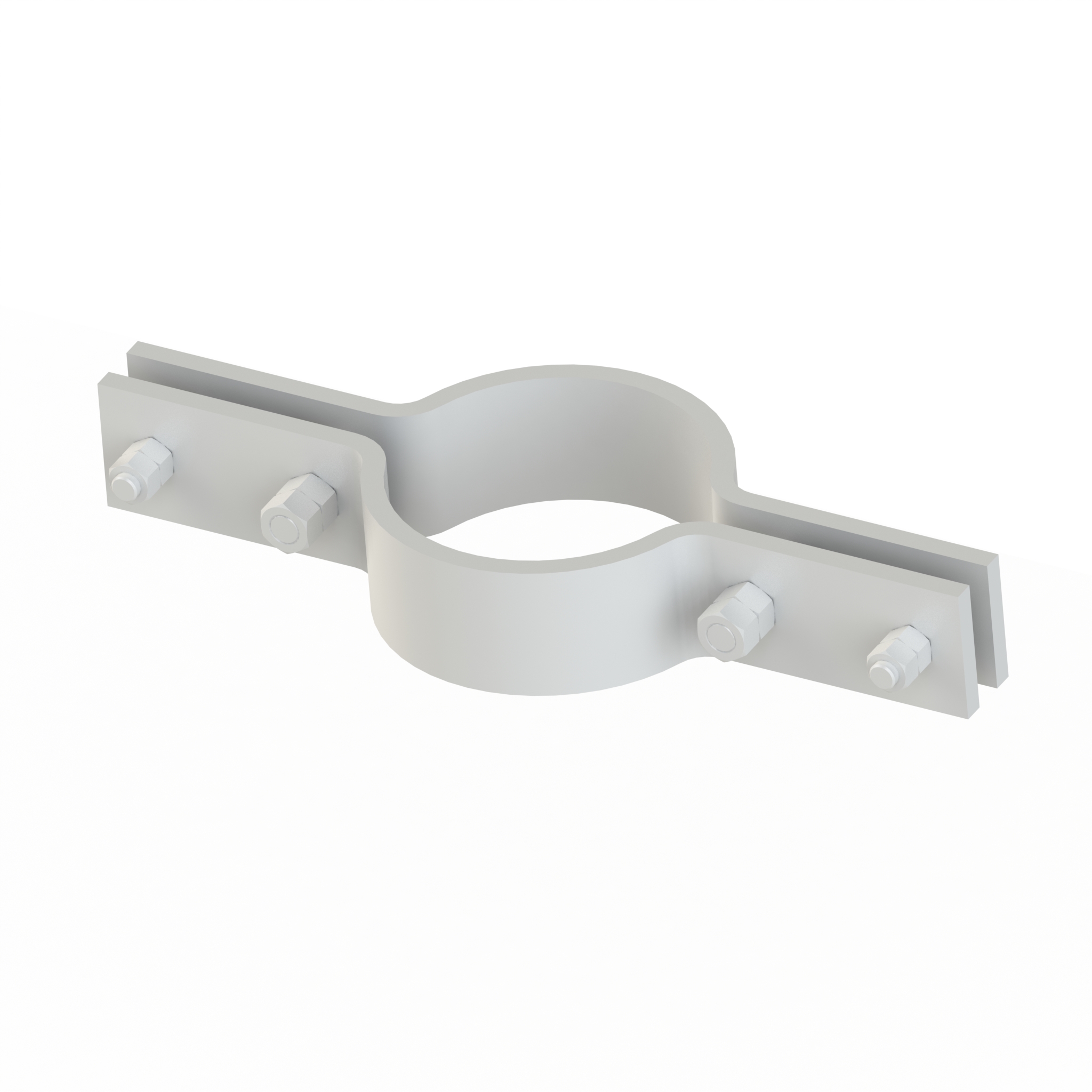 BG175
BG175RISER SUPPORT – HIGH TEMPERATURE
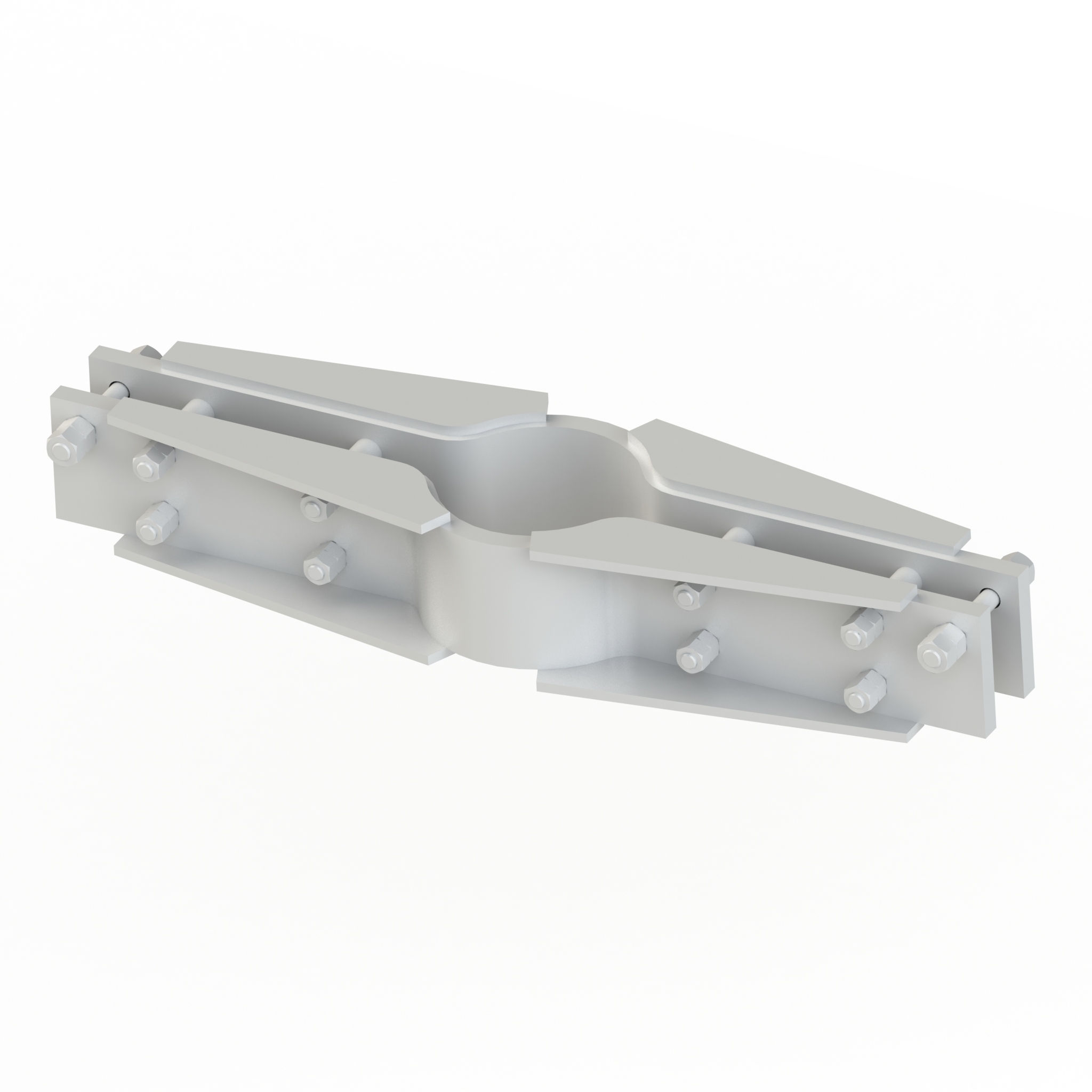 BG176
BG176ALLOY RISER SUPPORT - VERY HIGH TEMPERATURE
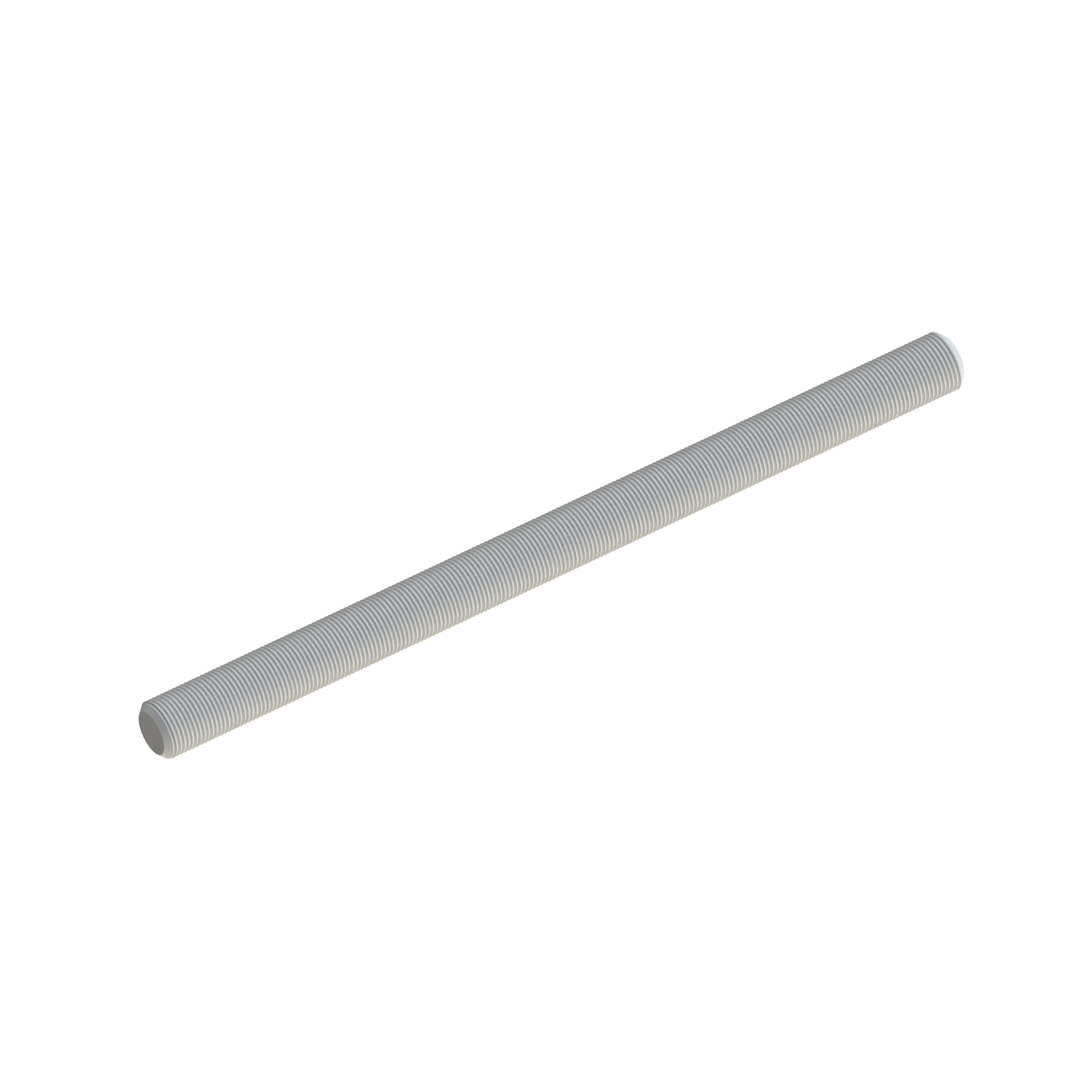 BG202
BG202ALLTHREAD ROD
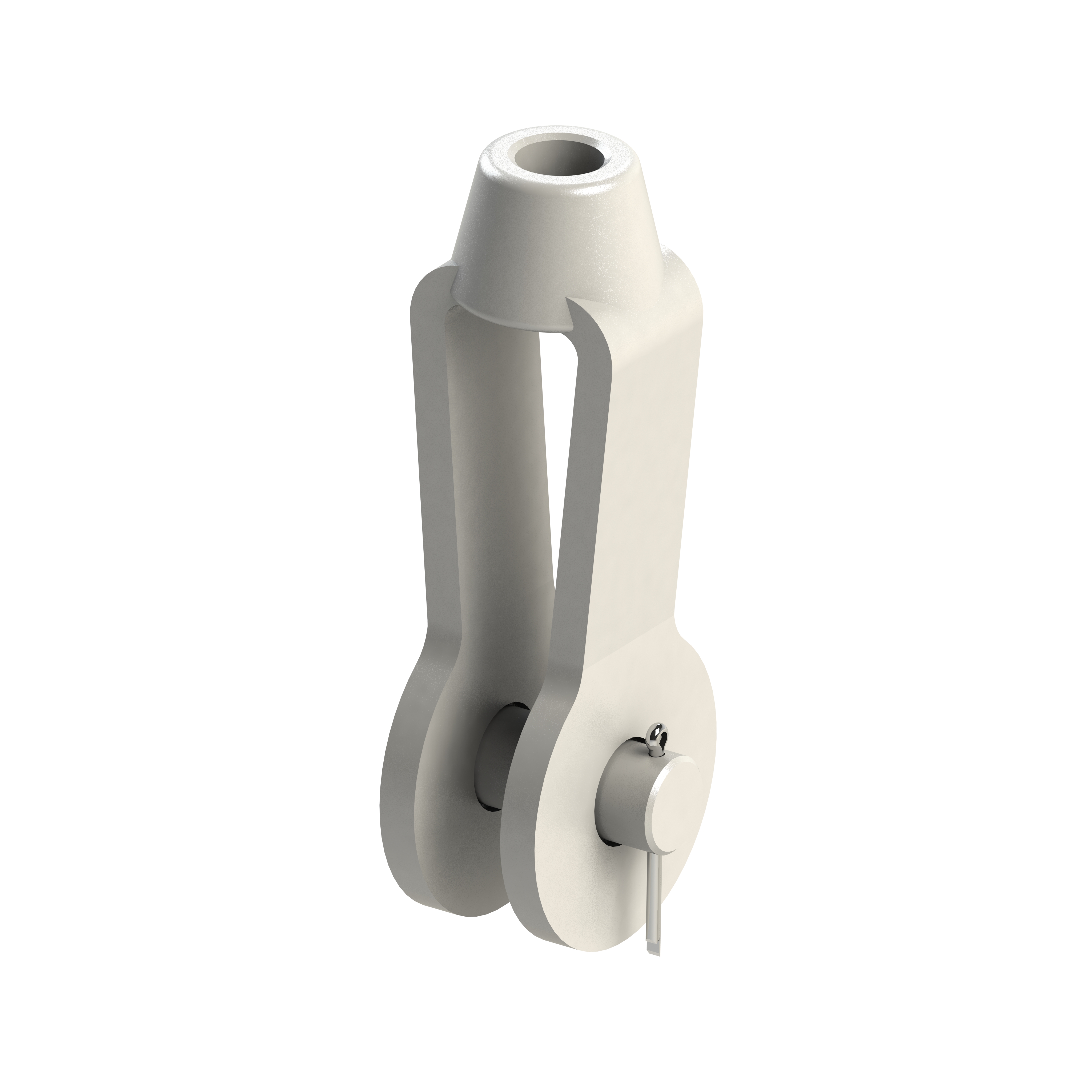 BG209
BG209FORGED CLEVIS AND PIN
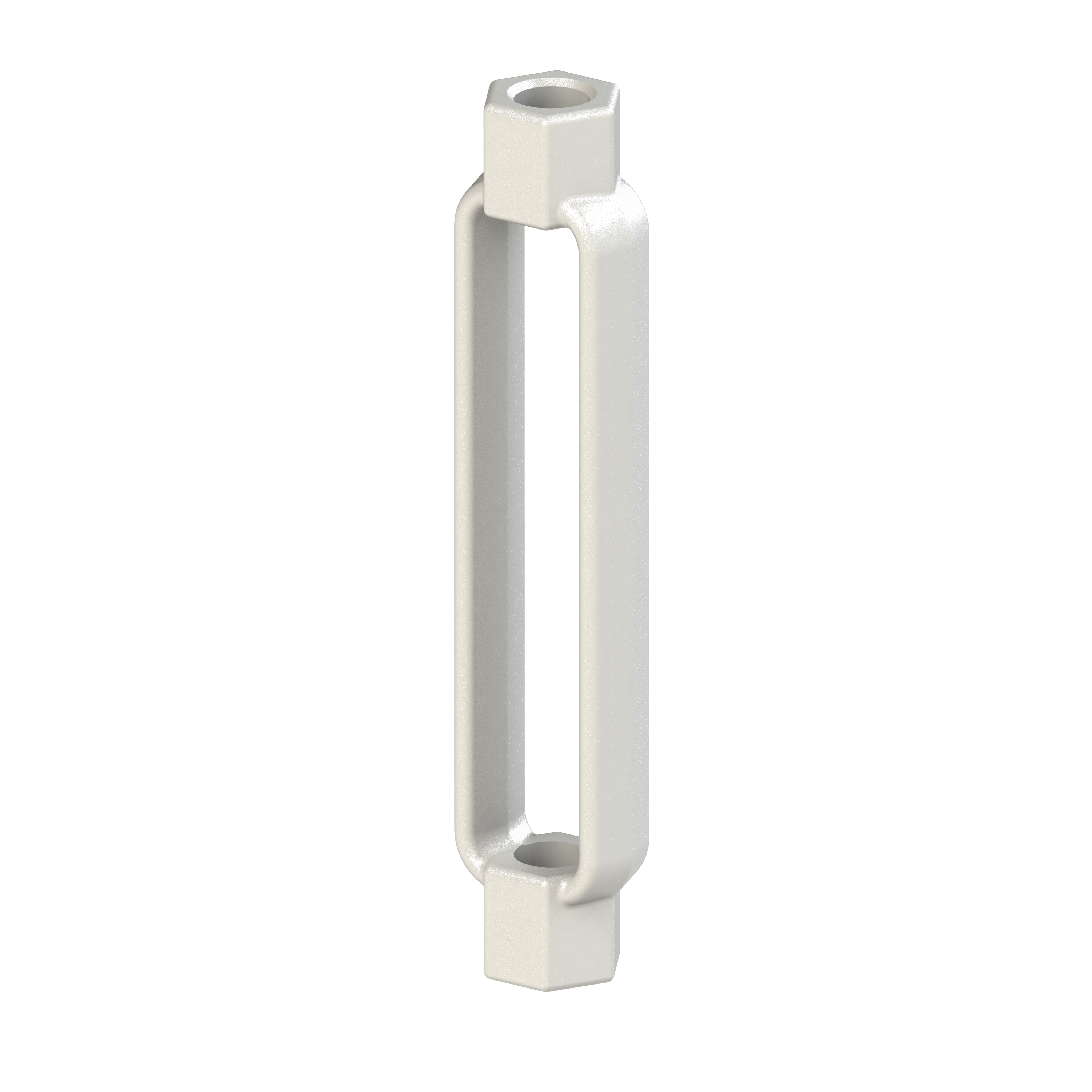 BG210
BG210FORGED TURNBUCKLE
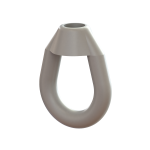 BG204
BG204FORGED WELDLESS EYE NUT
 BG215
BG215HEMISPHERICAL CUP
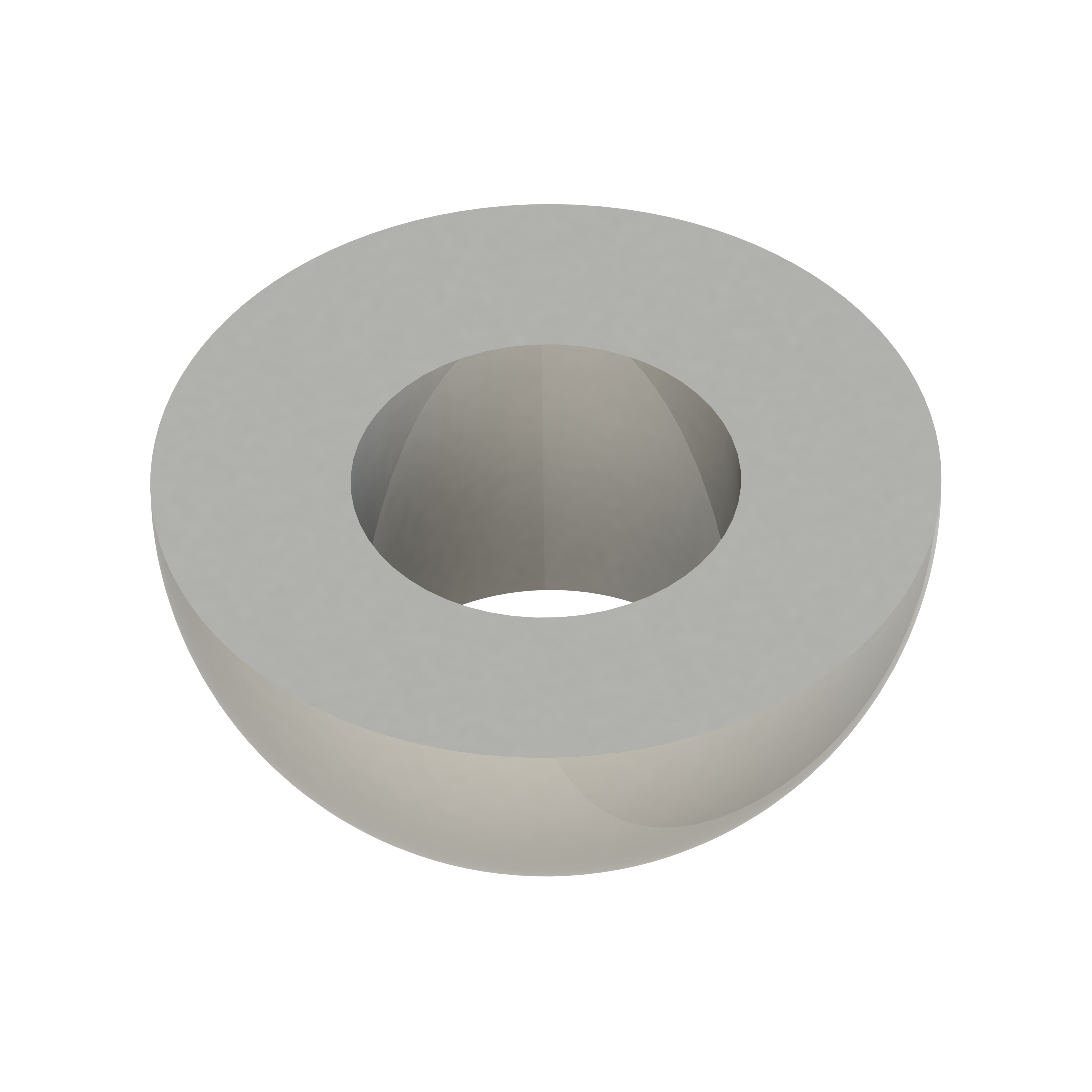 BG214
BG214HEMISPHERICAL WASHER
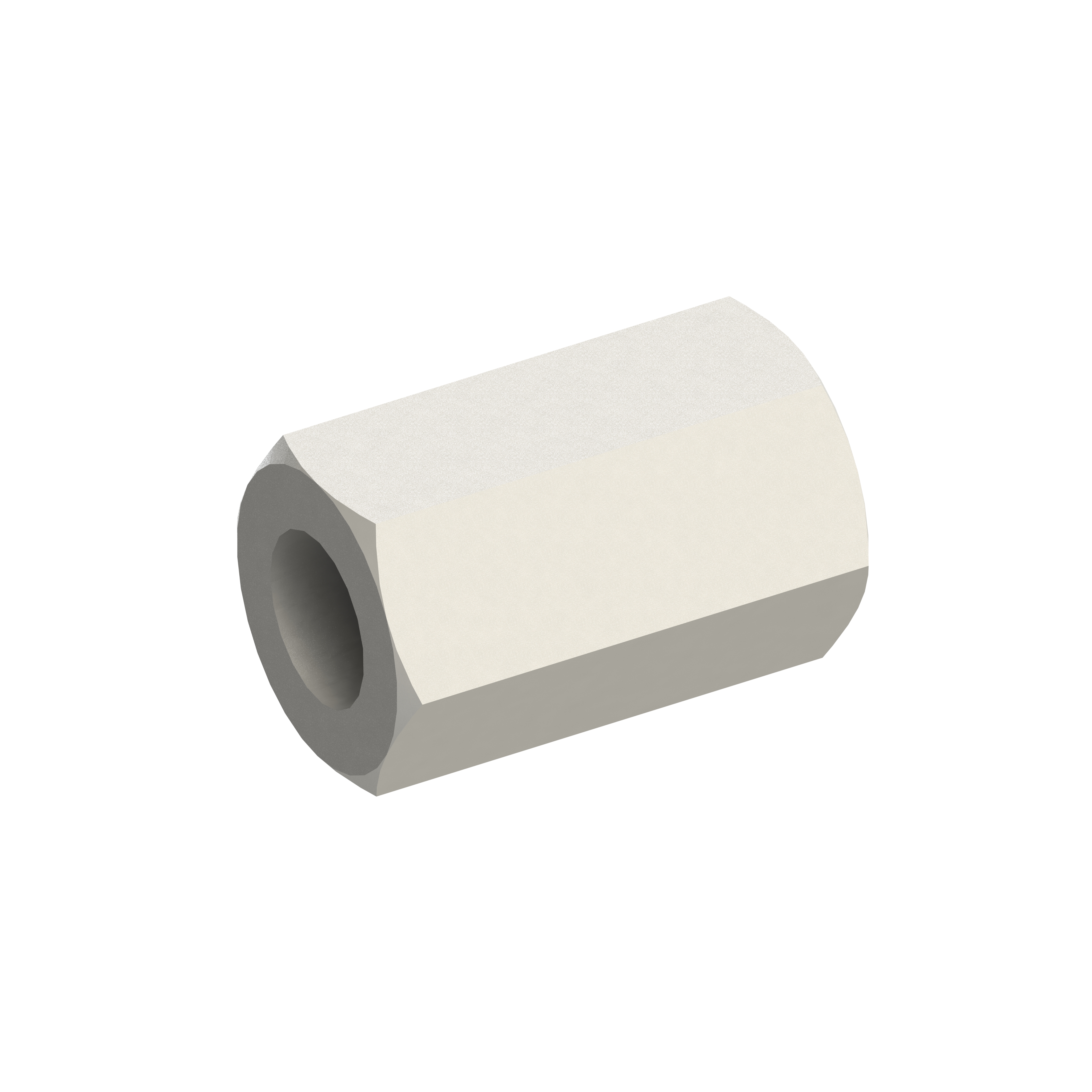 BG206
BG206HEXAGONAL CONNECTOR
 BG216
BG216PIPE WELDING LUG
 BG217
BG217PLATE WASHER
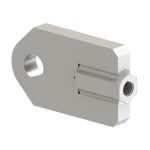 BG207
BG207SPADE NUT
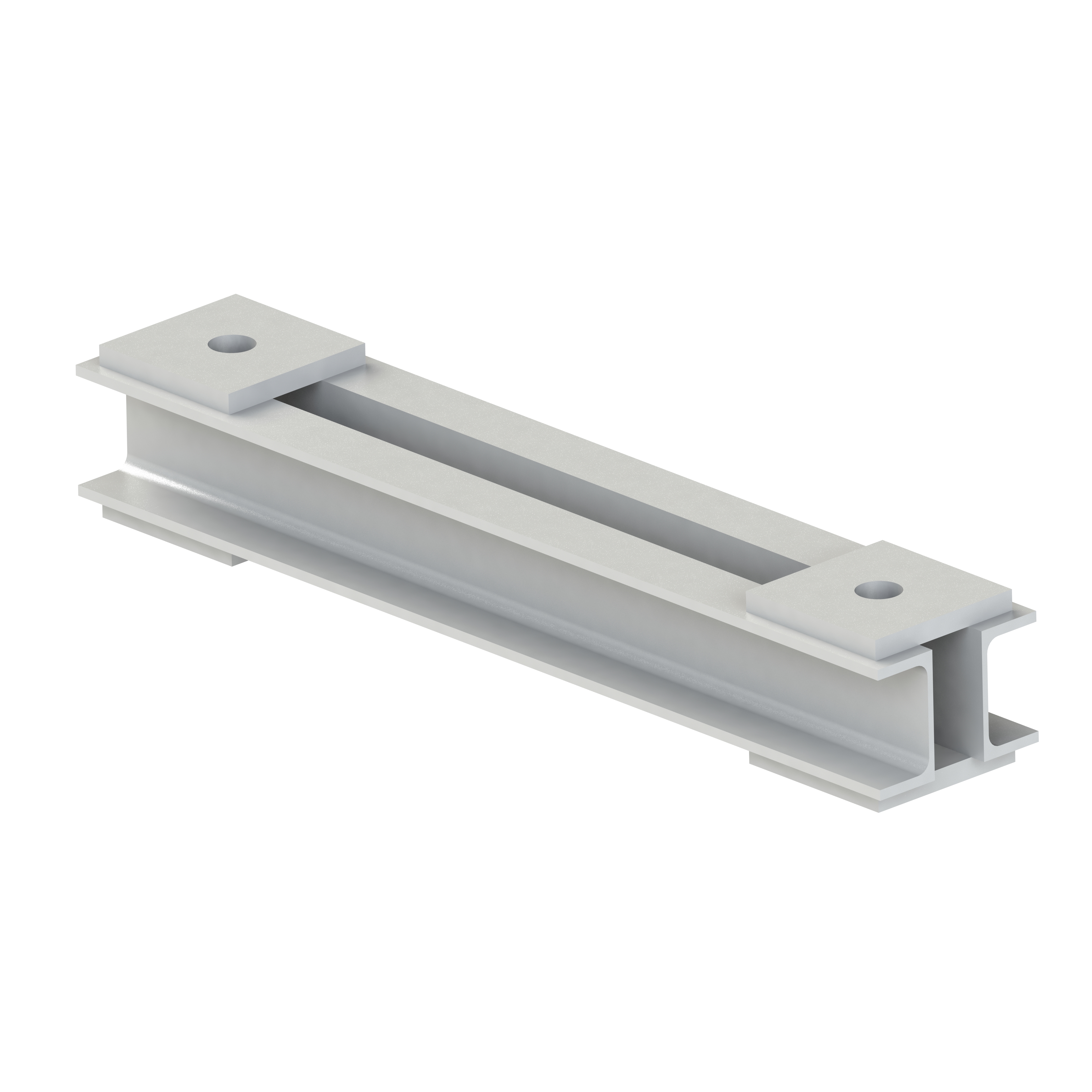 BG245
BG245STANDARD TRAPEZE
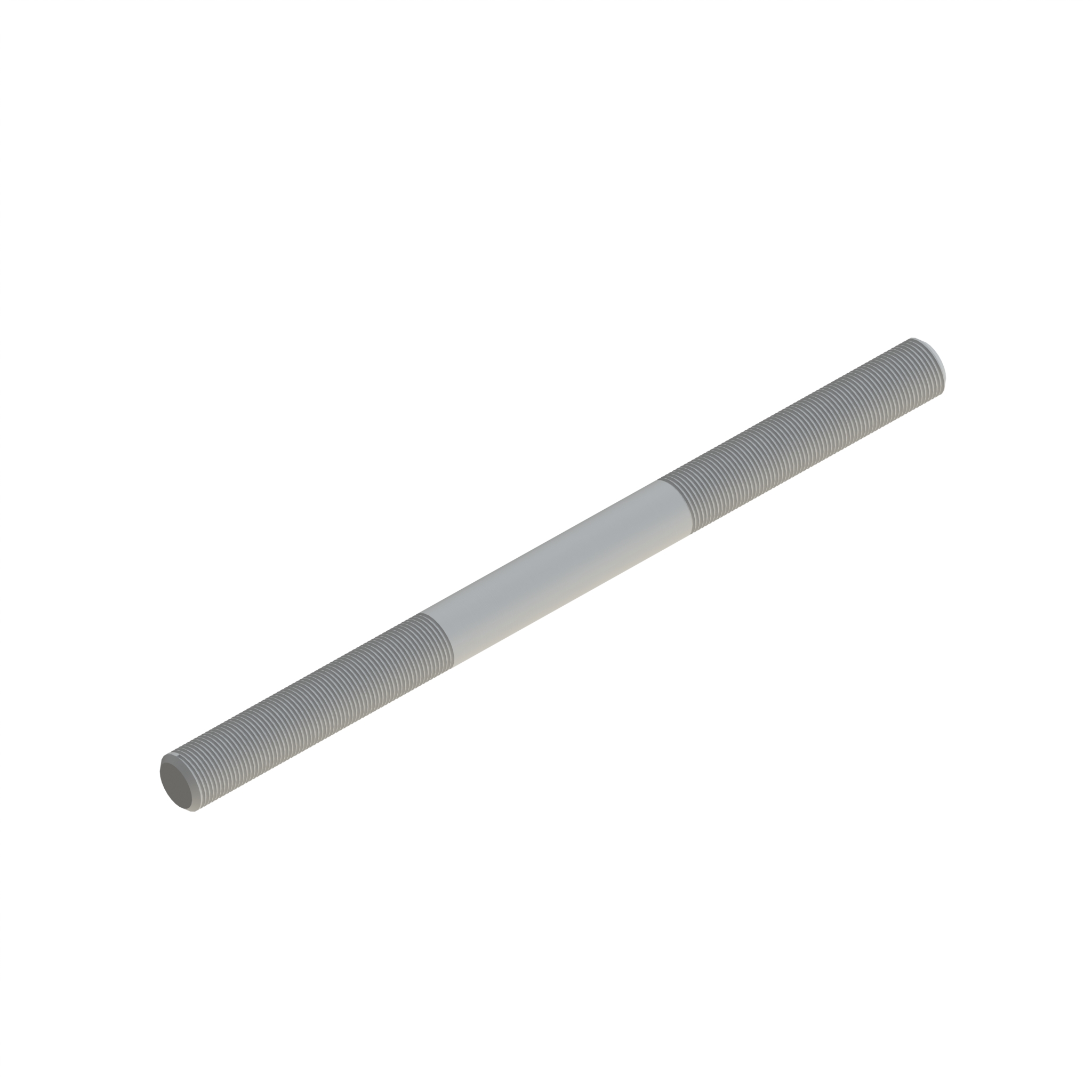 BG203
BG203THREADED DROP ROD – RH/LH
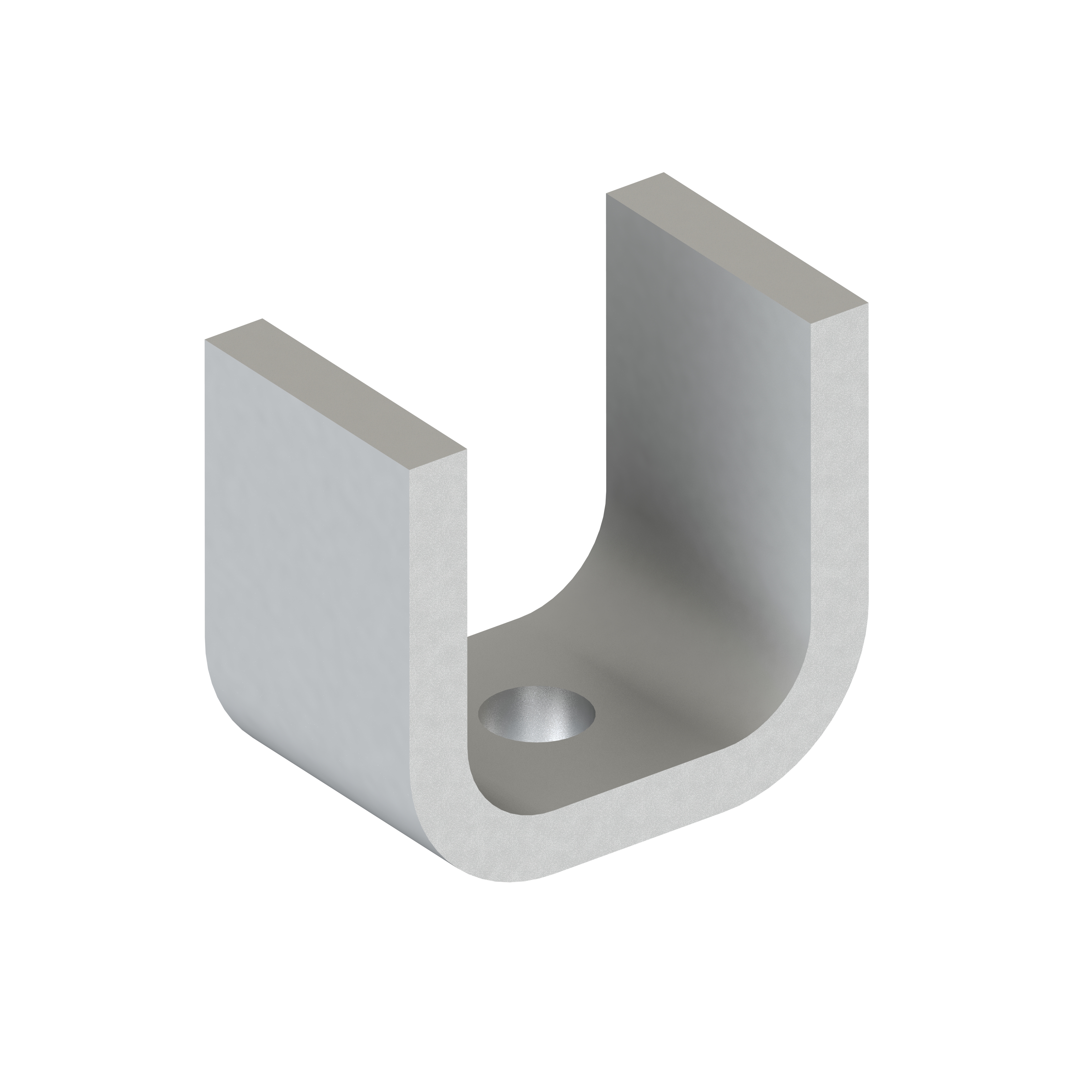 BG219
BG219WELDED BEAM ATTACHMENT
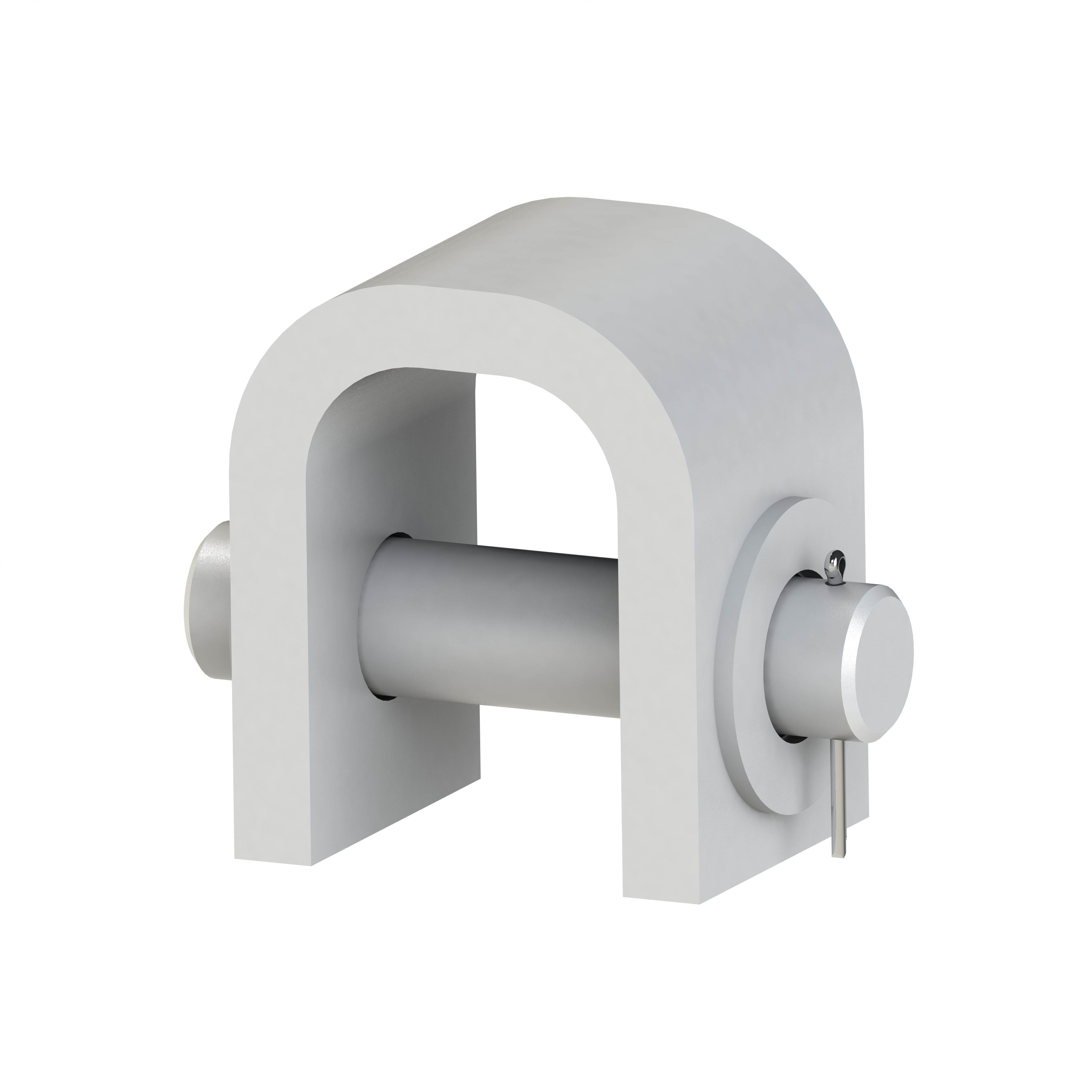 BG220
BG220WELDED BEAM ATTACHMENT (WITH LOAD PIN)
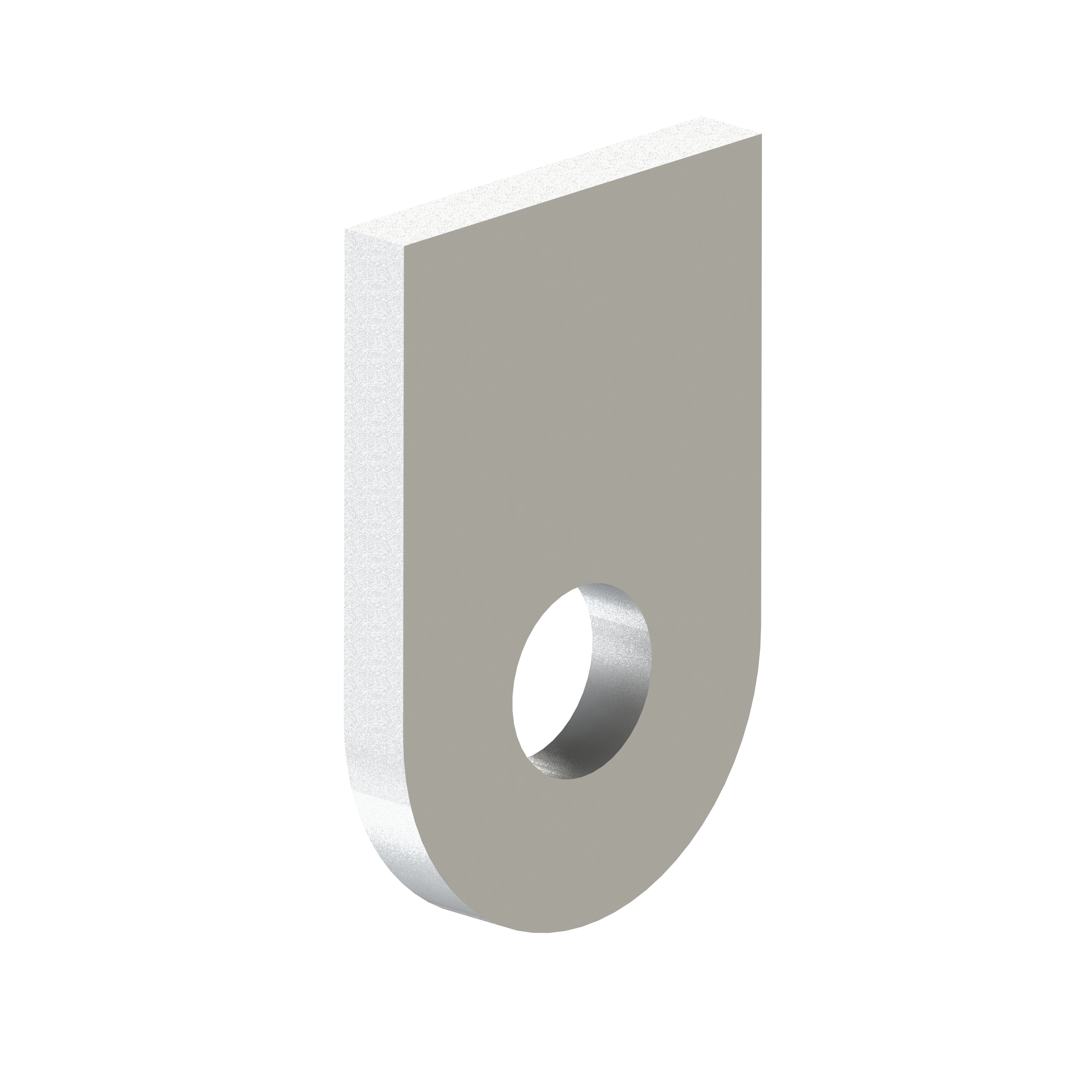 BG225
BG225WELDING LUG
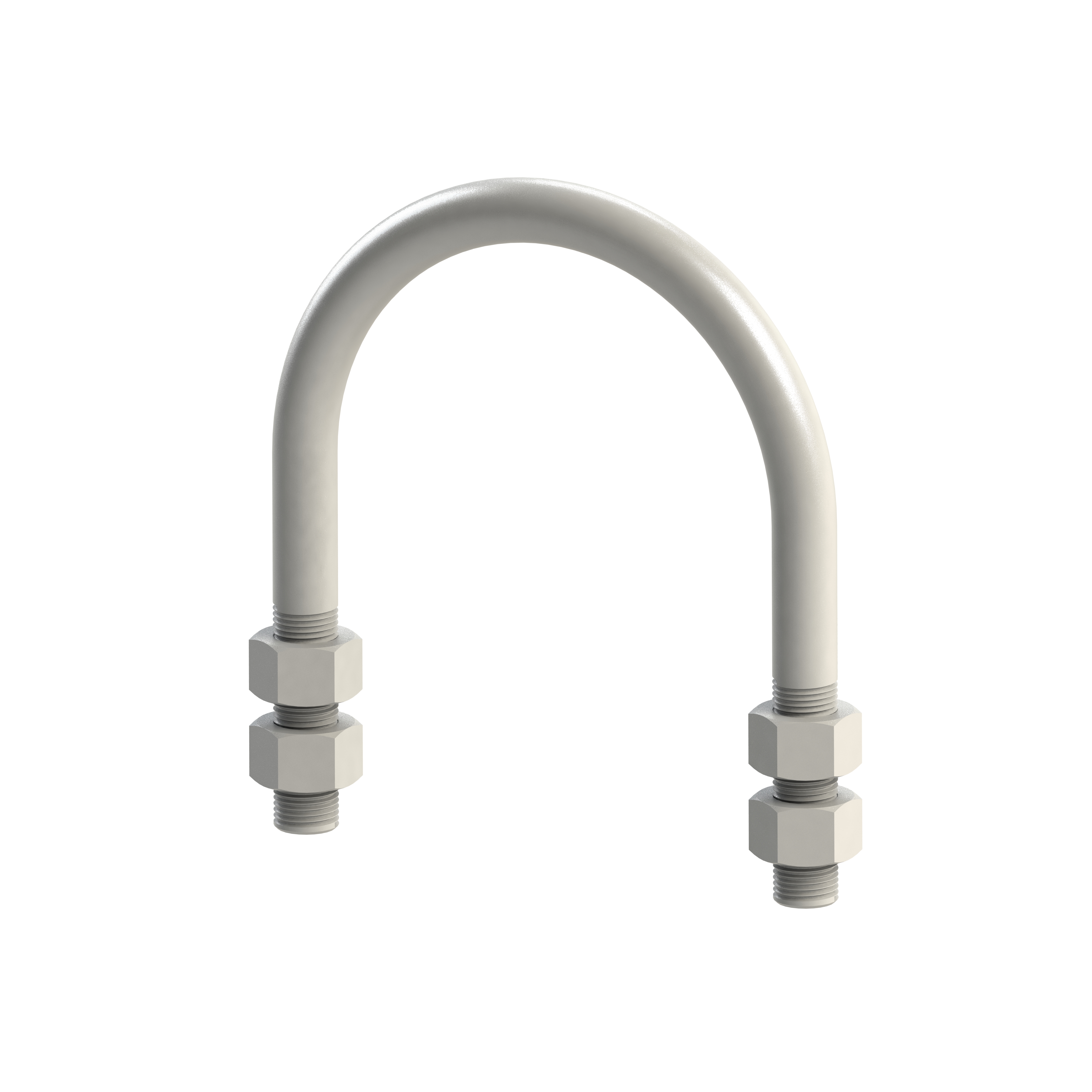 BG180
BG180U-BOLT GUIDE
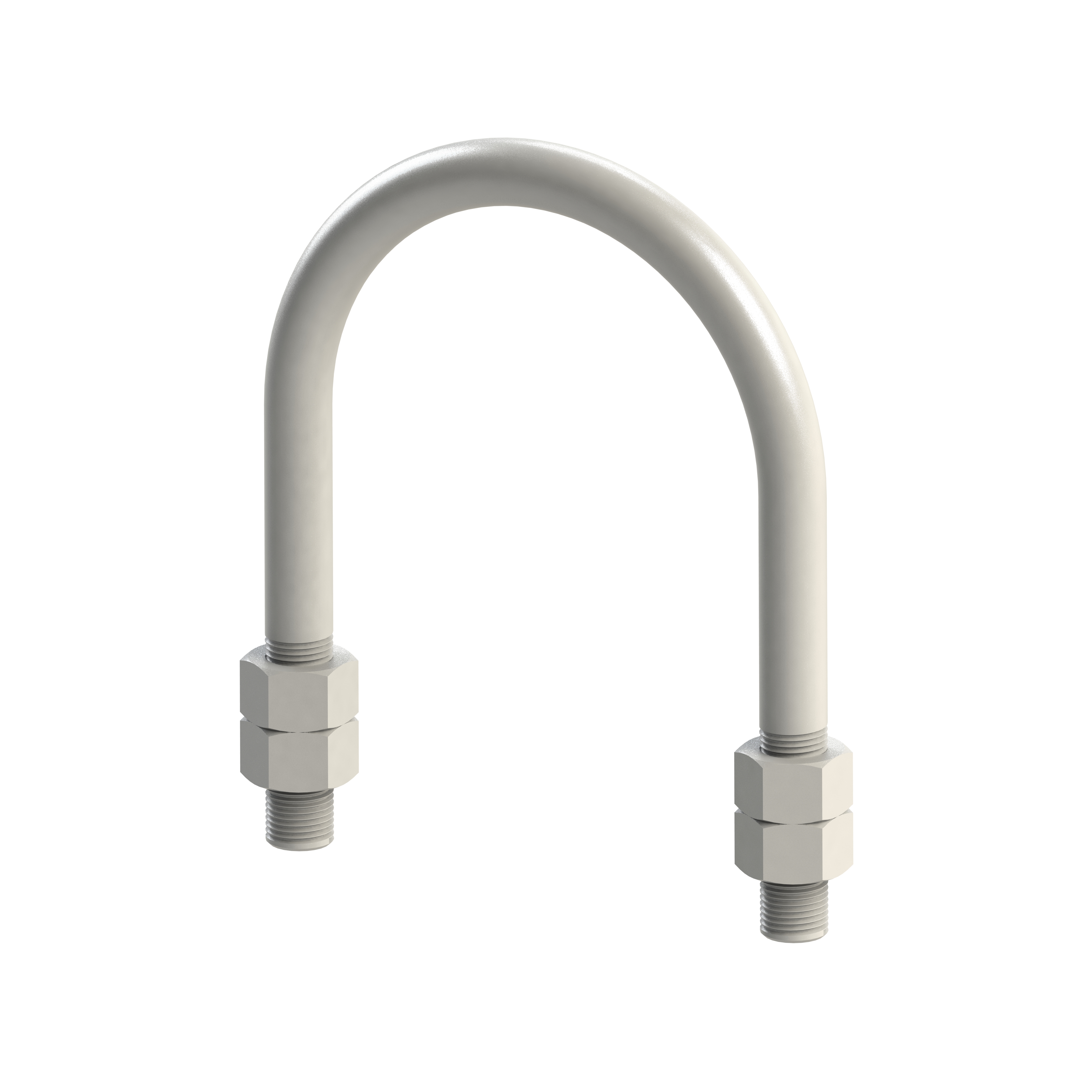 BG181
BG181U-BOLT CLAMP
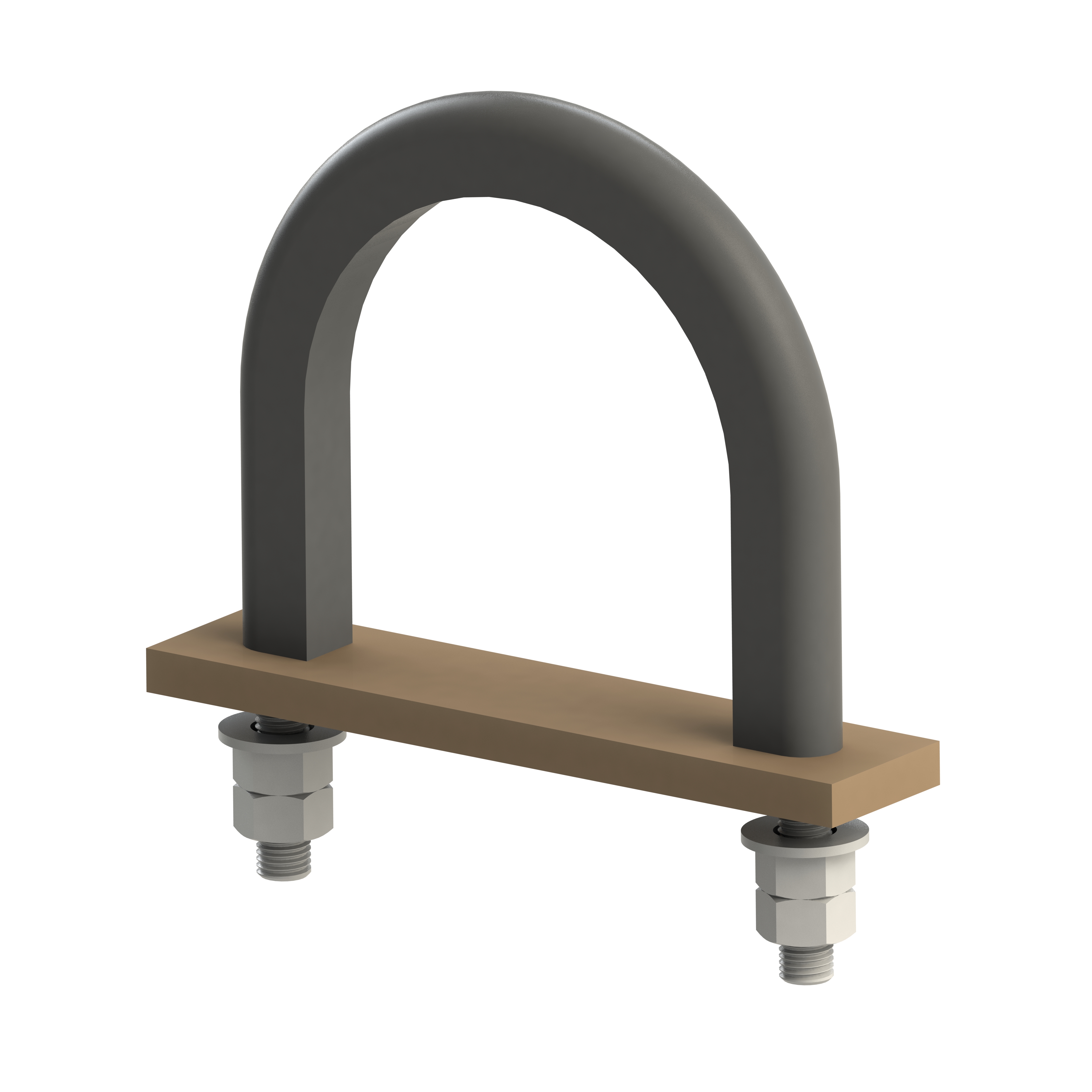 BG150
BG150INSULATED U-BOLT CLAMP
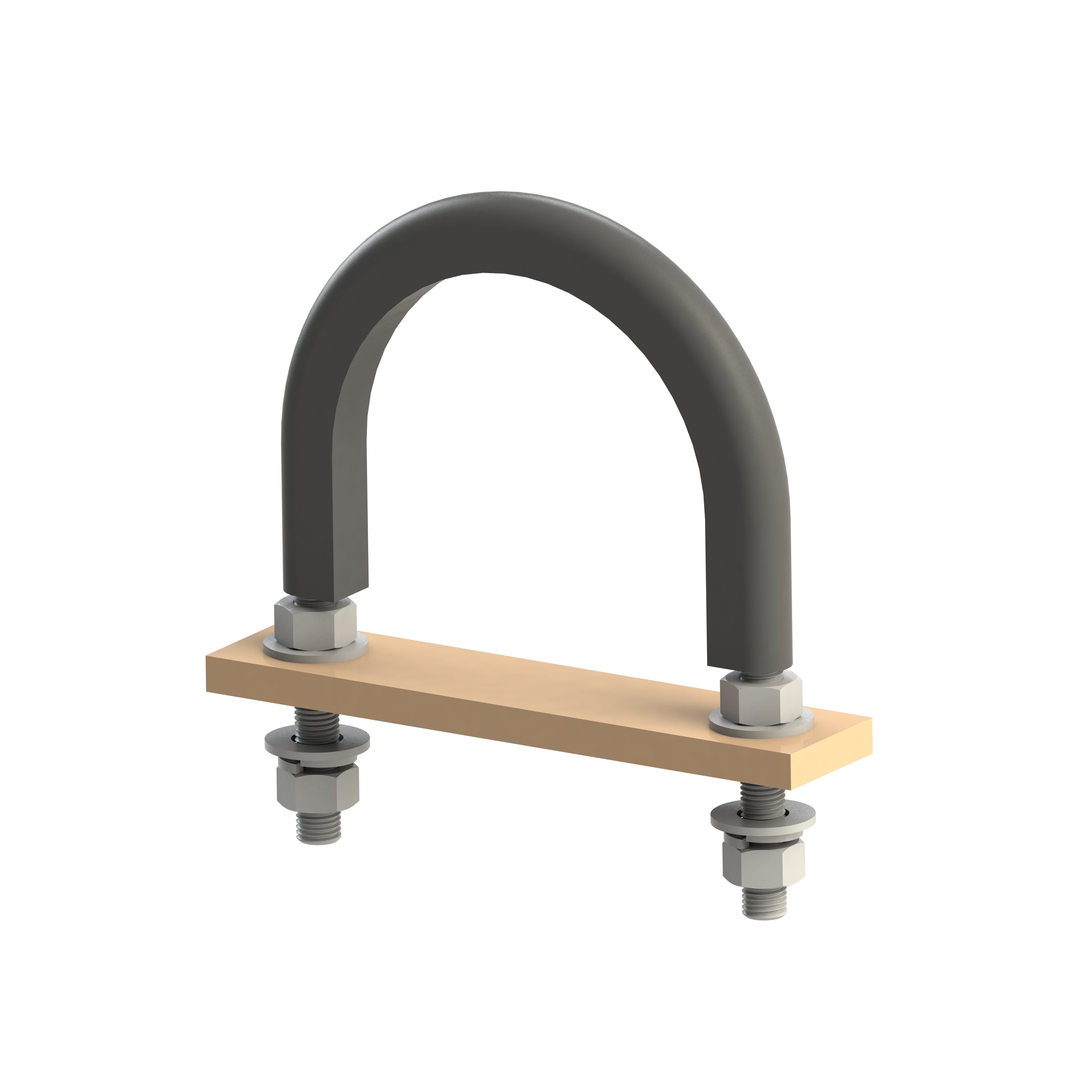 BG152
BG152INSULATED U-BOLT GUIDE
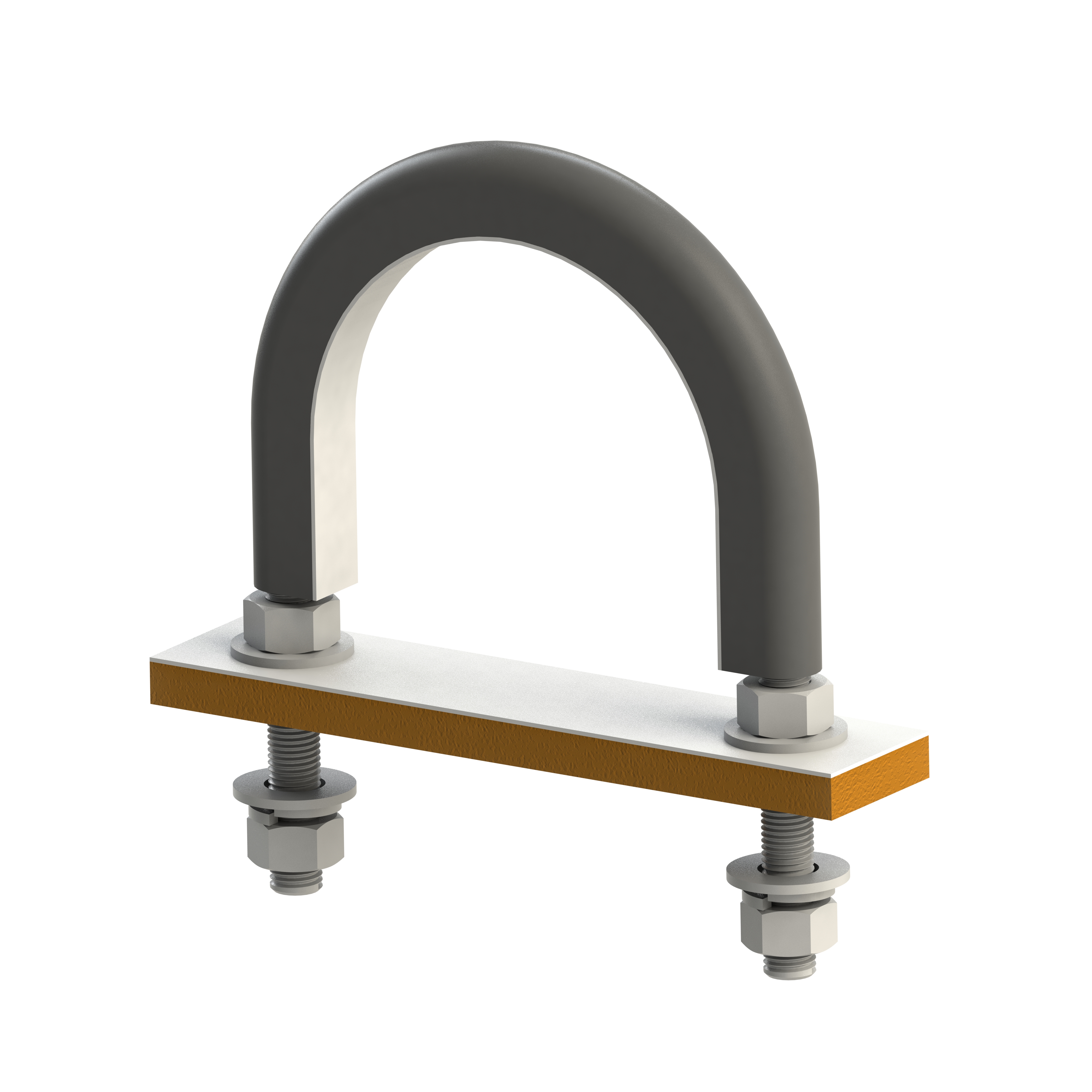 BG154
BG154INSULATED U-BOLT GUIDE (WITH TEFLON)
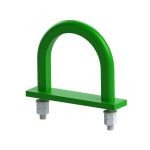 BG190
BG190INSULATED U-BOLT CLAMP
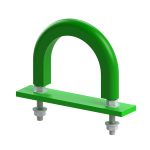 BG192
BG192INSULATED U-BOLT GUIDE
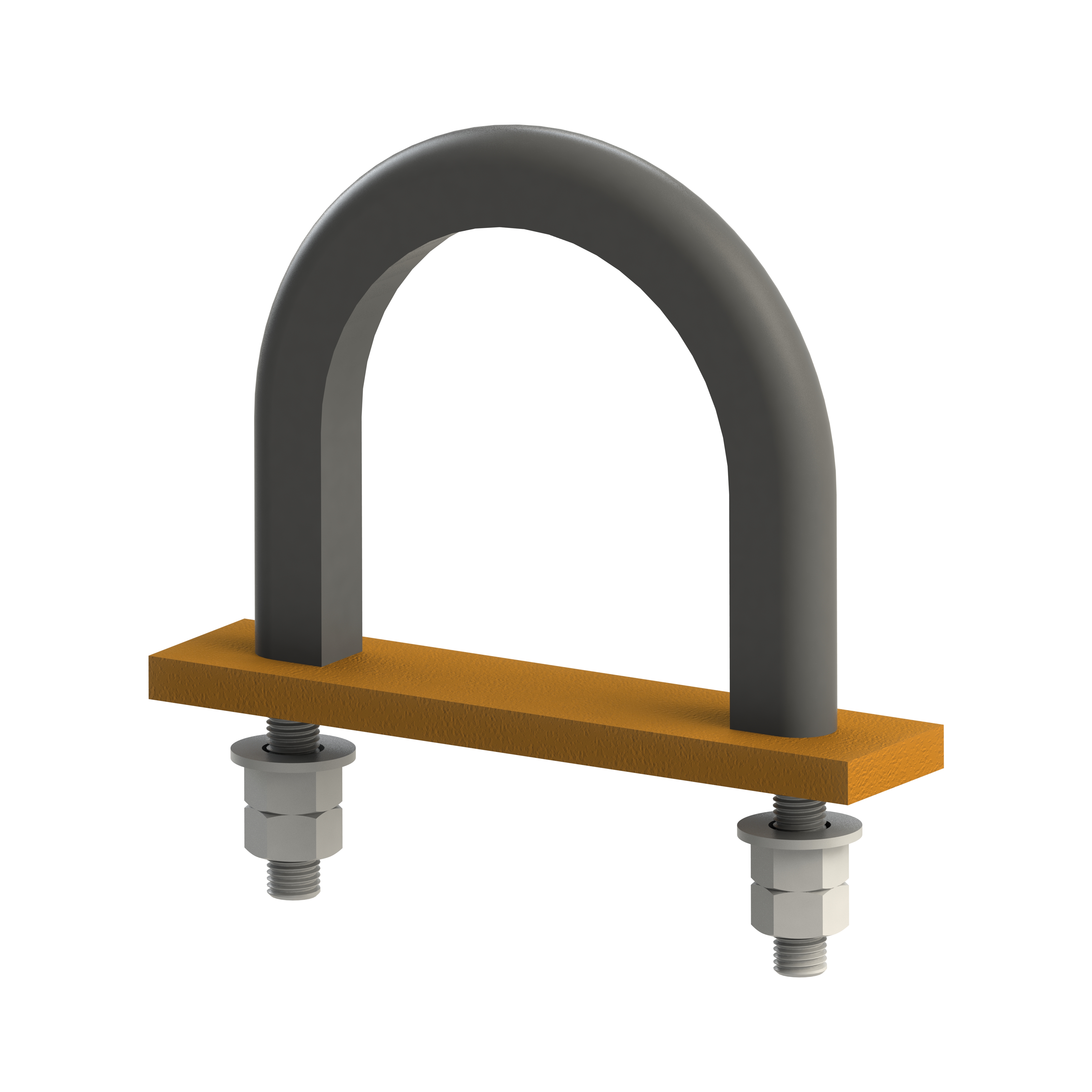 BG151
BG151INSULATED U-BOLT CLAMP FOR CU/NI
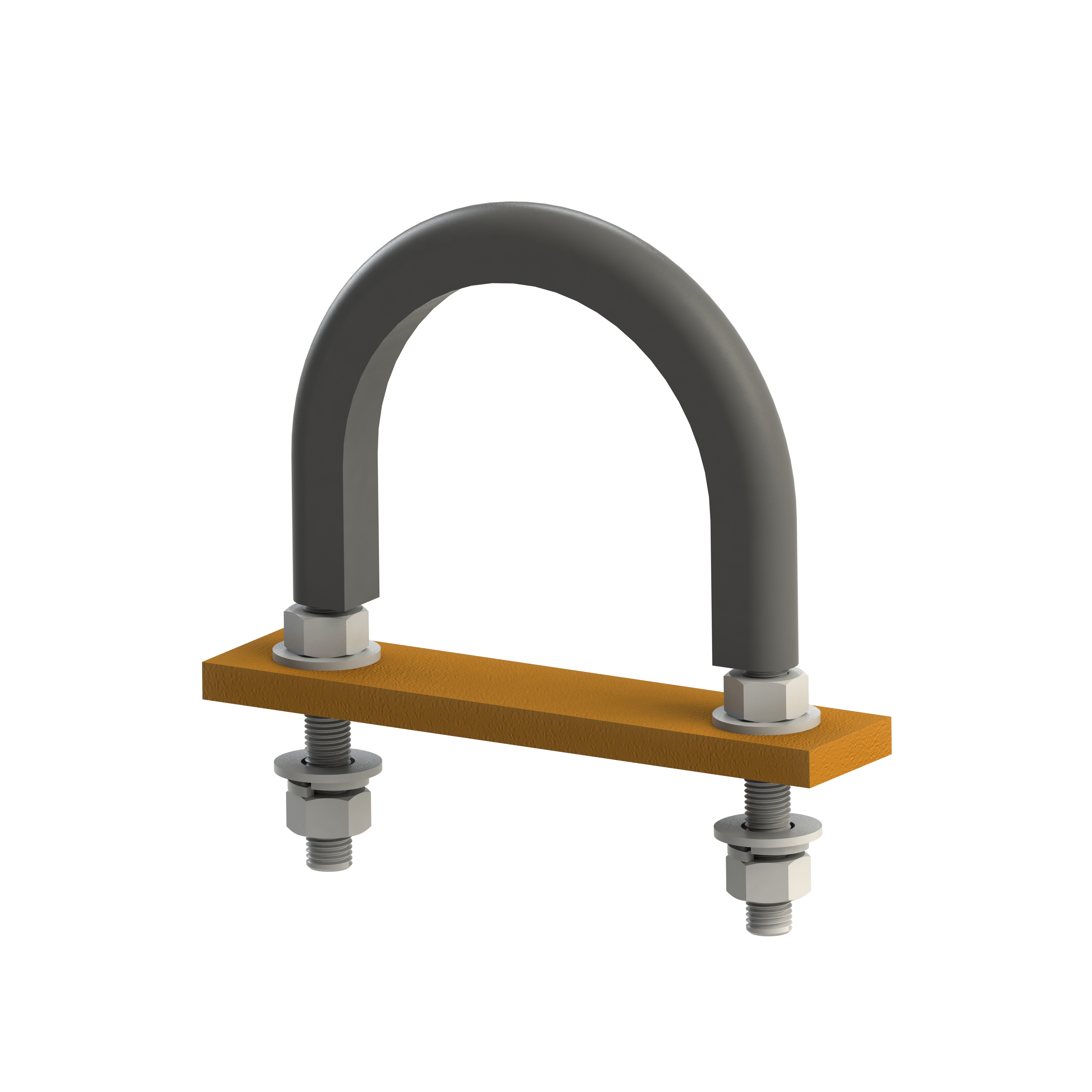 BG153
BG153INSULATED U-BOLT GUIDE FOR CU/NI
For Cu/Ni Pipe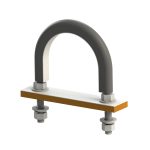 BG155
BG155INSULATED U-BOLT GUIDE (WITH TEFLON)
For Cu/Ni Pipe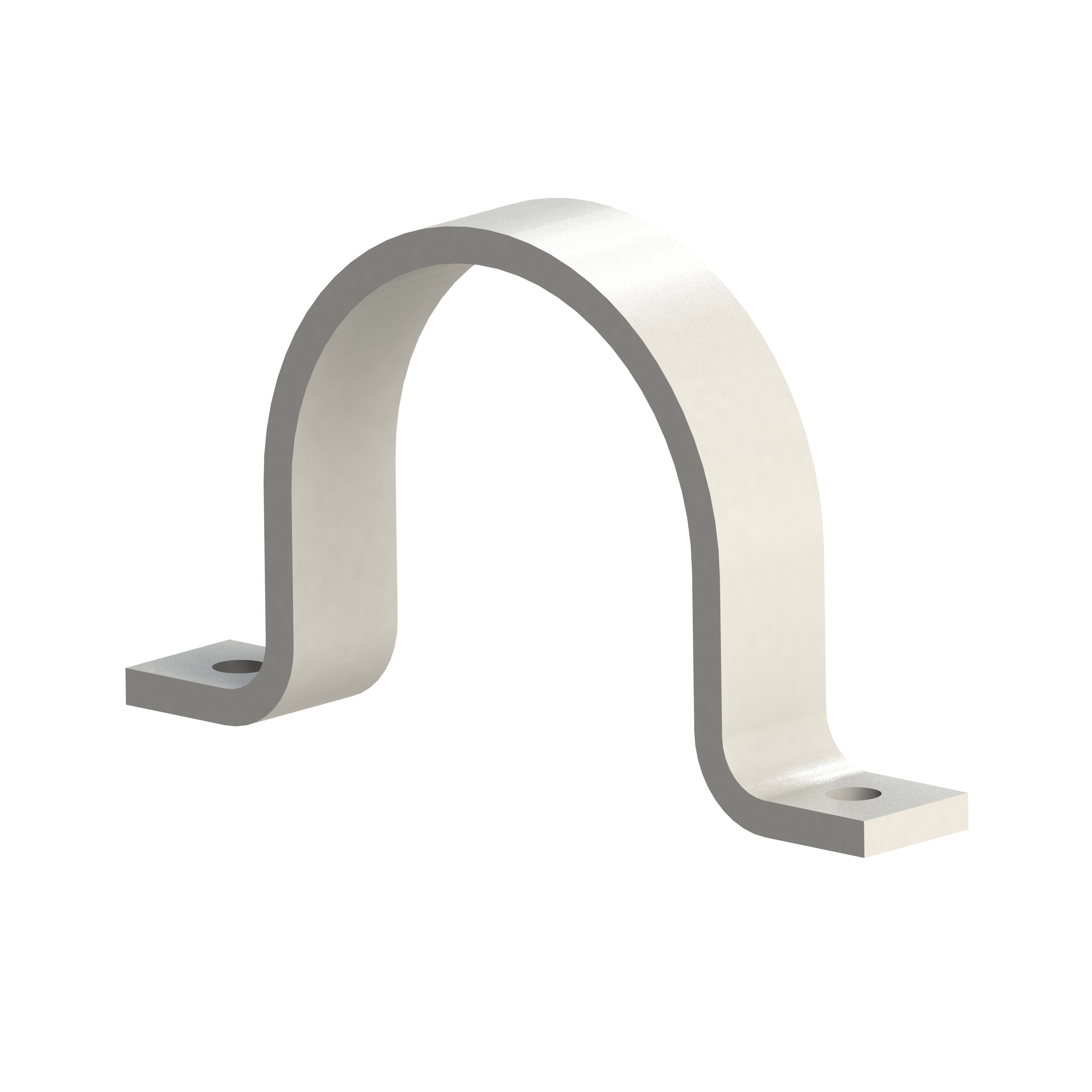 BG177
BG177SADDLE GUIDE
 BG178
BG178SADDLE CLAMP
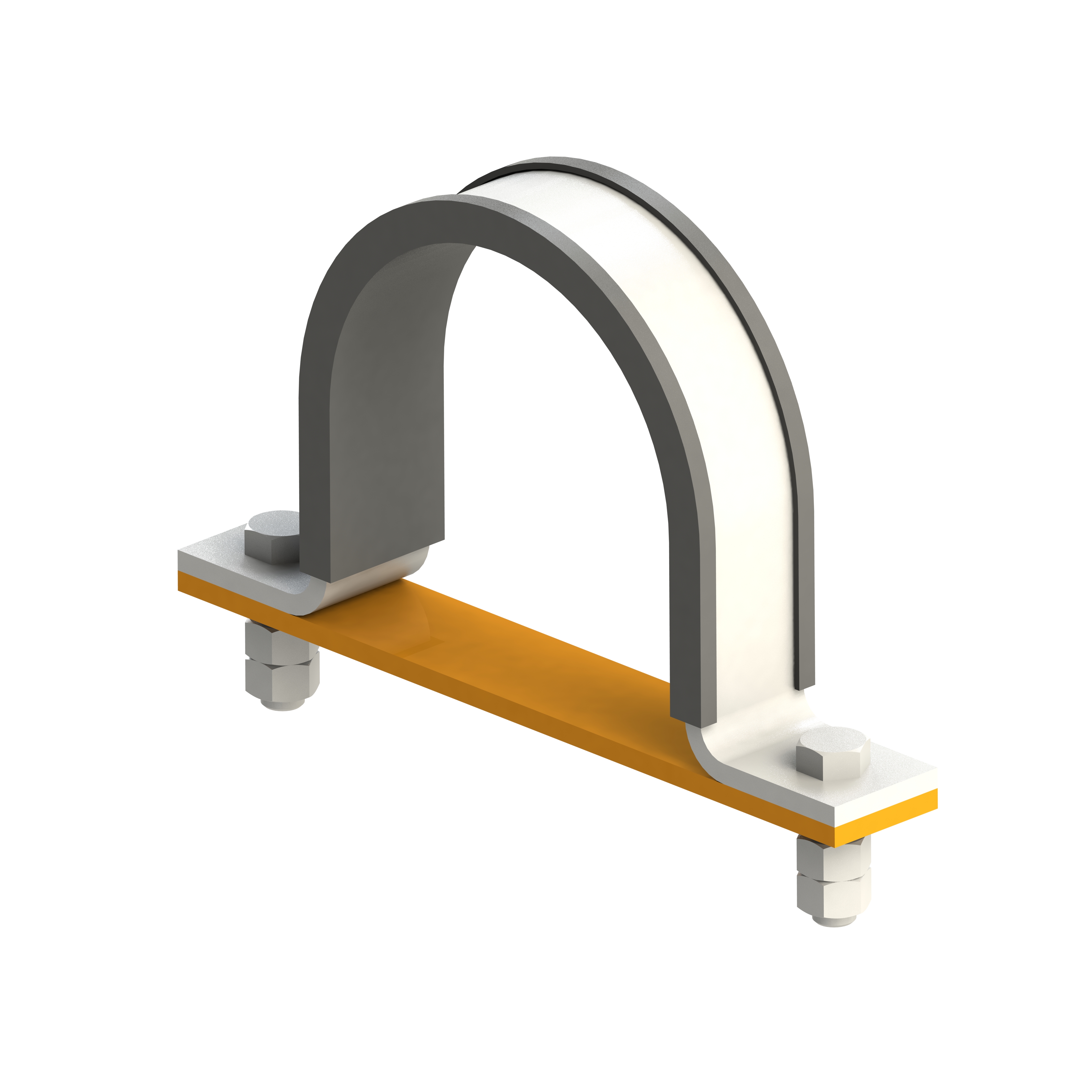 BG160
BG160INSULATED PIPE SADDLE
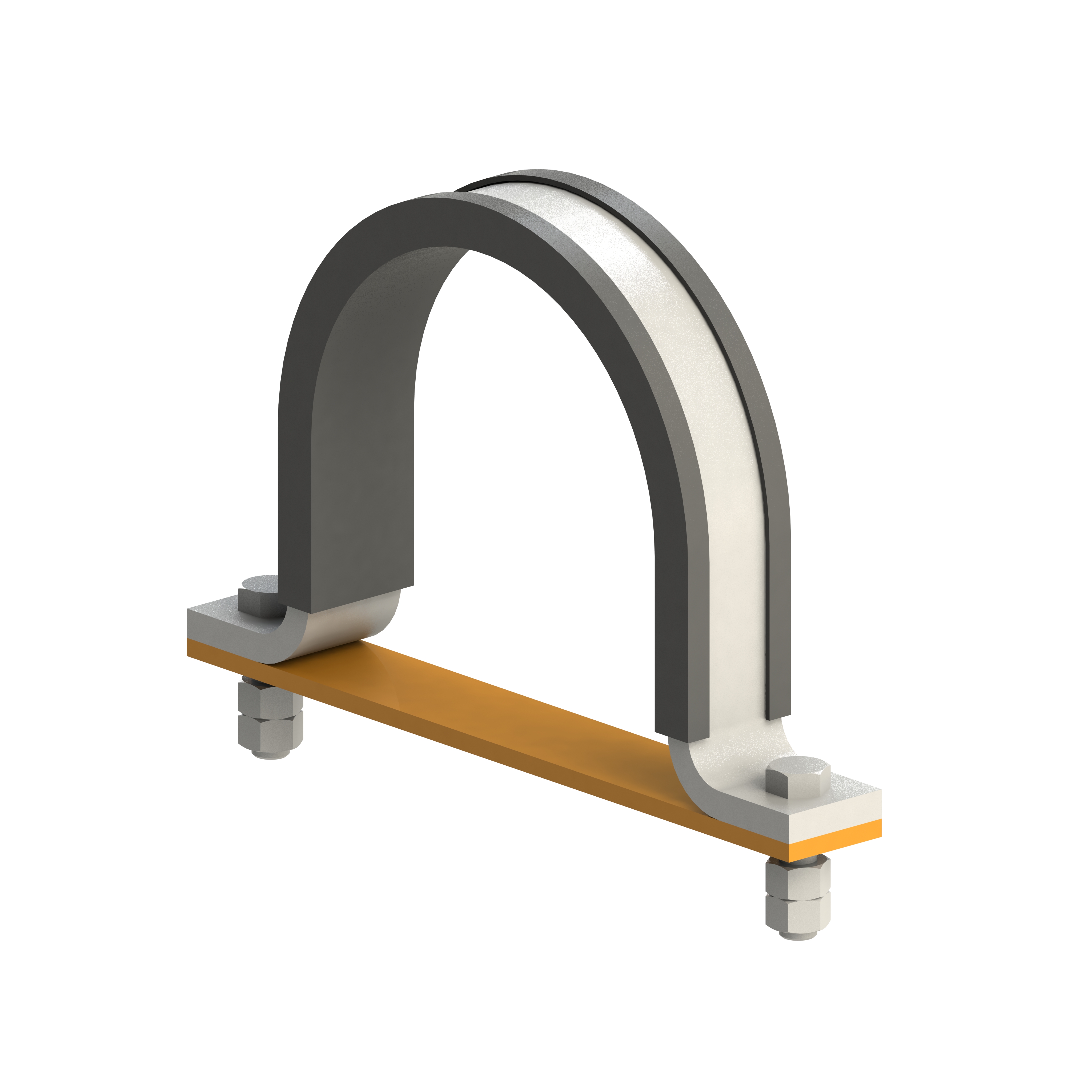 BG161
BG161INSULATED PIPE SADDLE
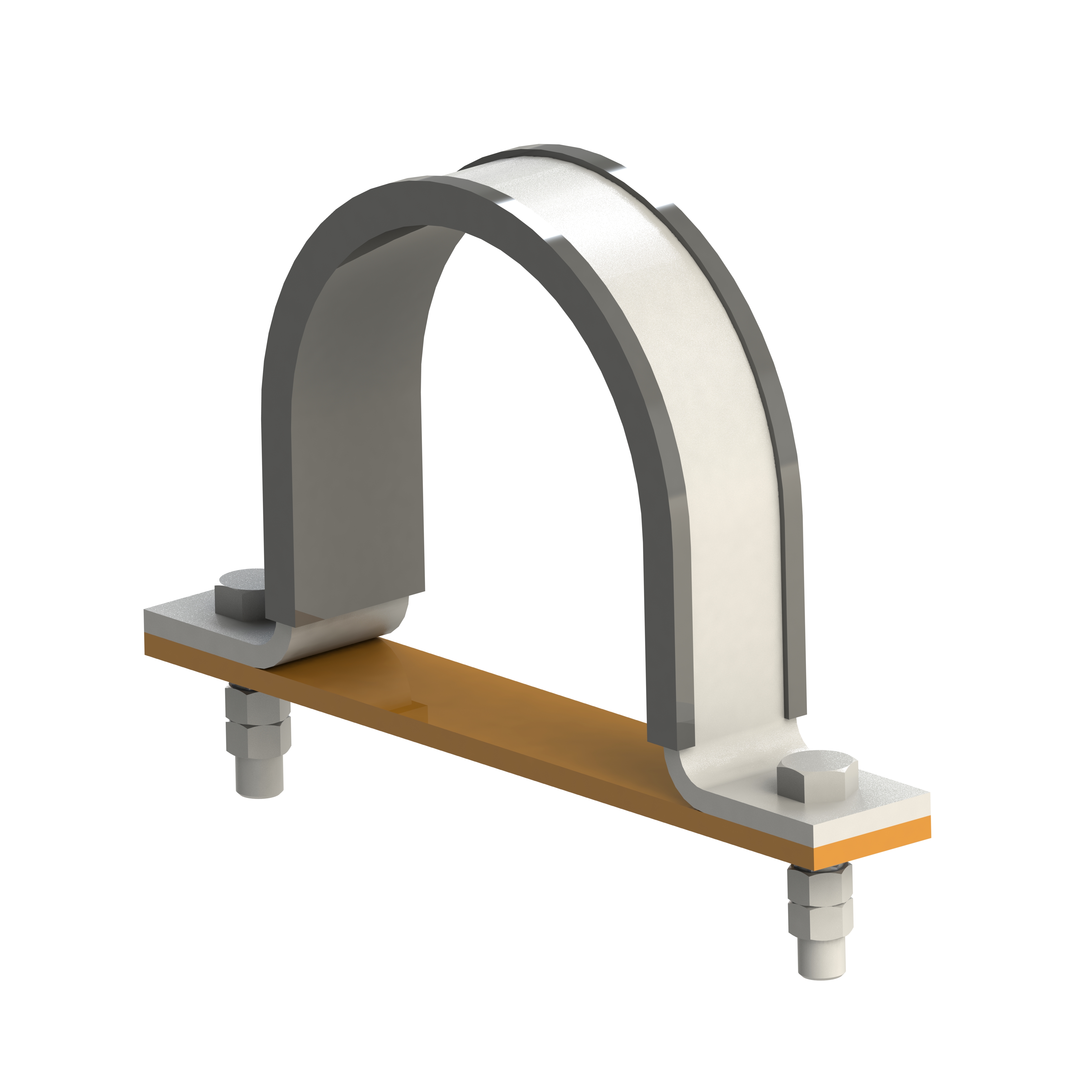 BG162
BG162INSULATED PIPE SADDLE
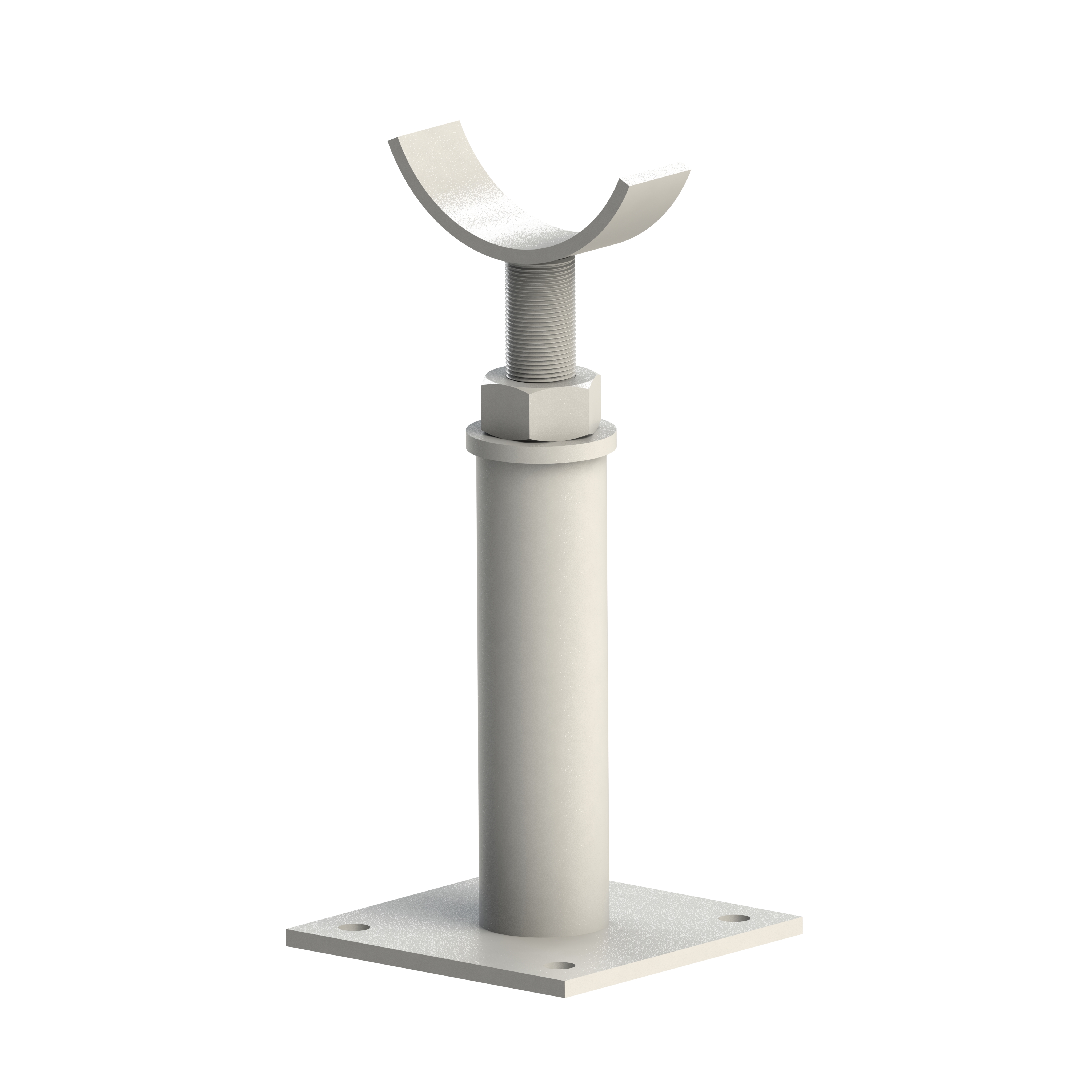 BG135-136
BG135-136ADJUSTABLE PIPE STANDS
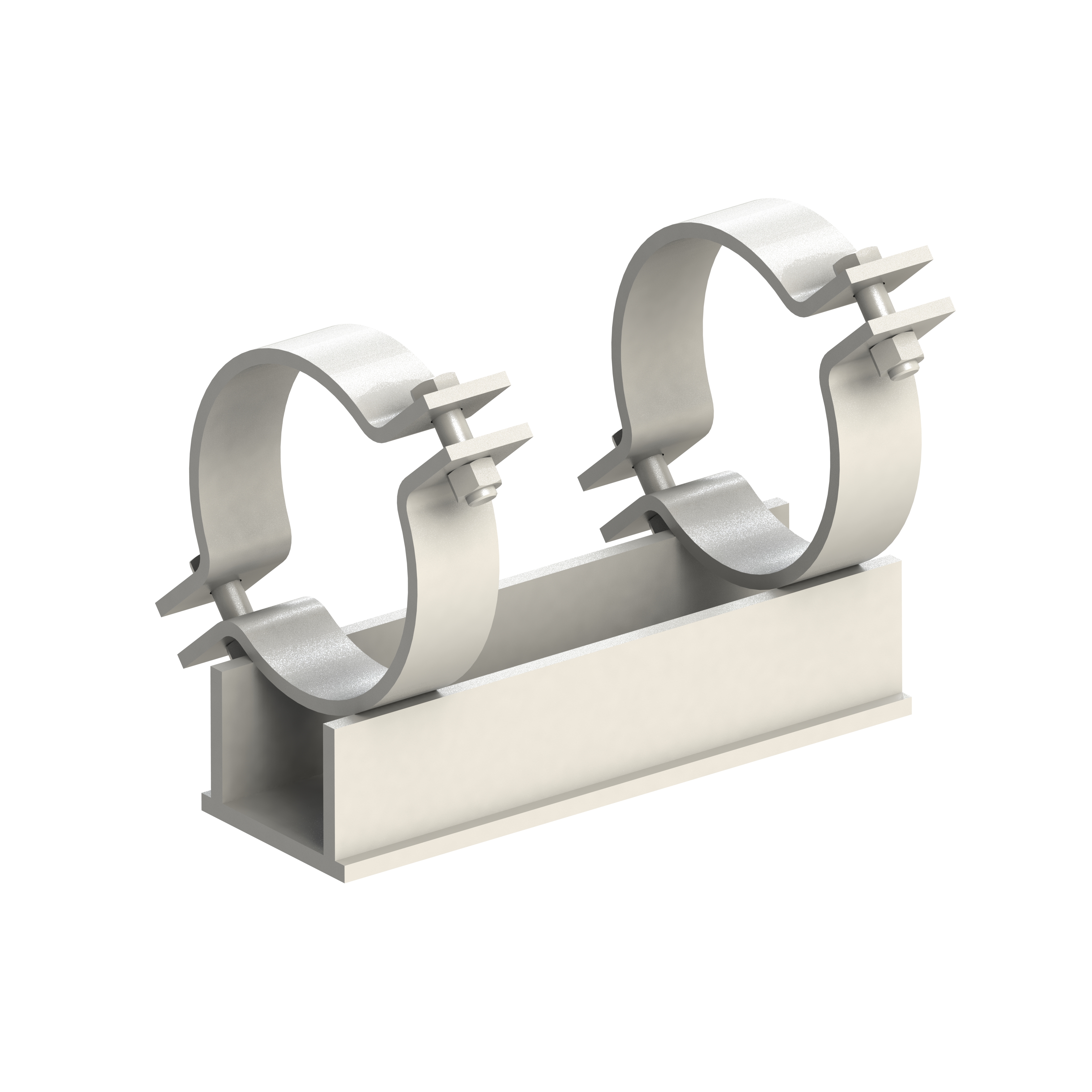 BG515
BG515STANDARD CLAMPED PIPE SHOE
 BG550
BG550SLIDE PLATES
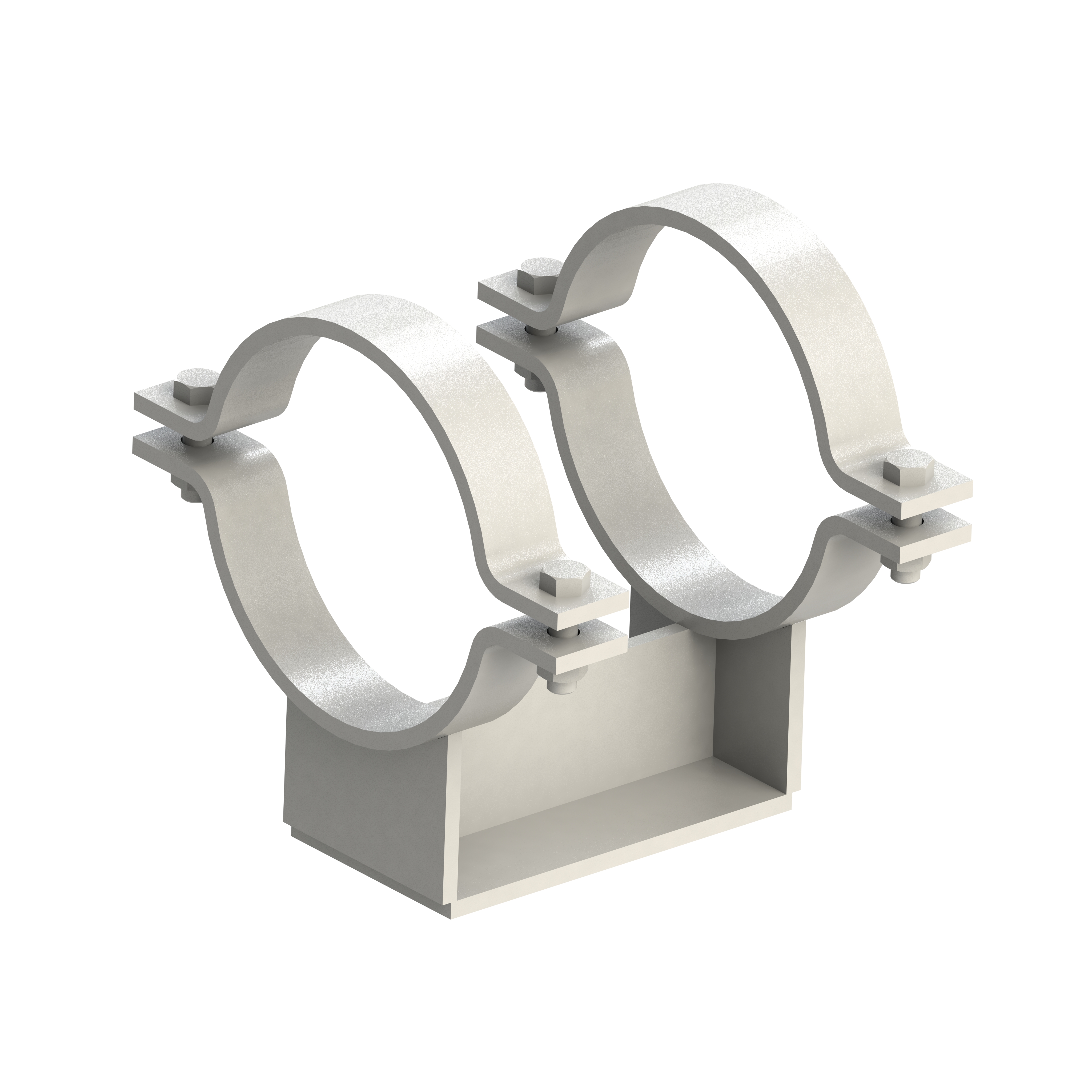 BG517
BG517COMPACT PIPE SHOE
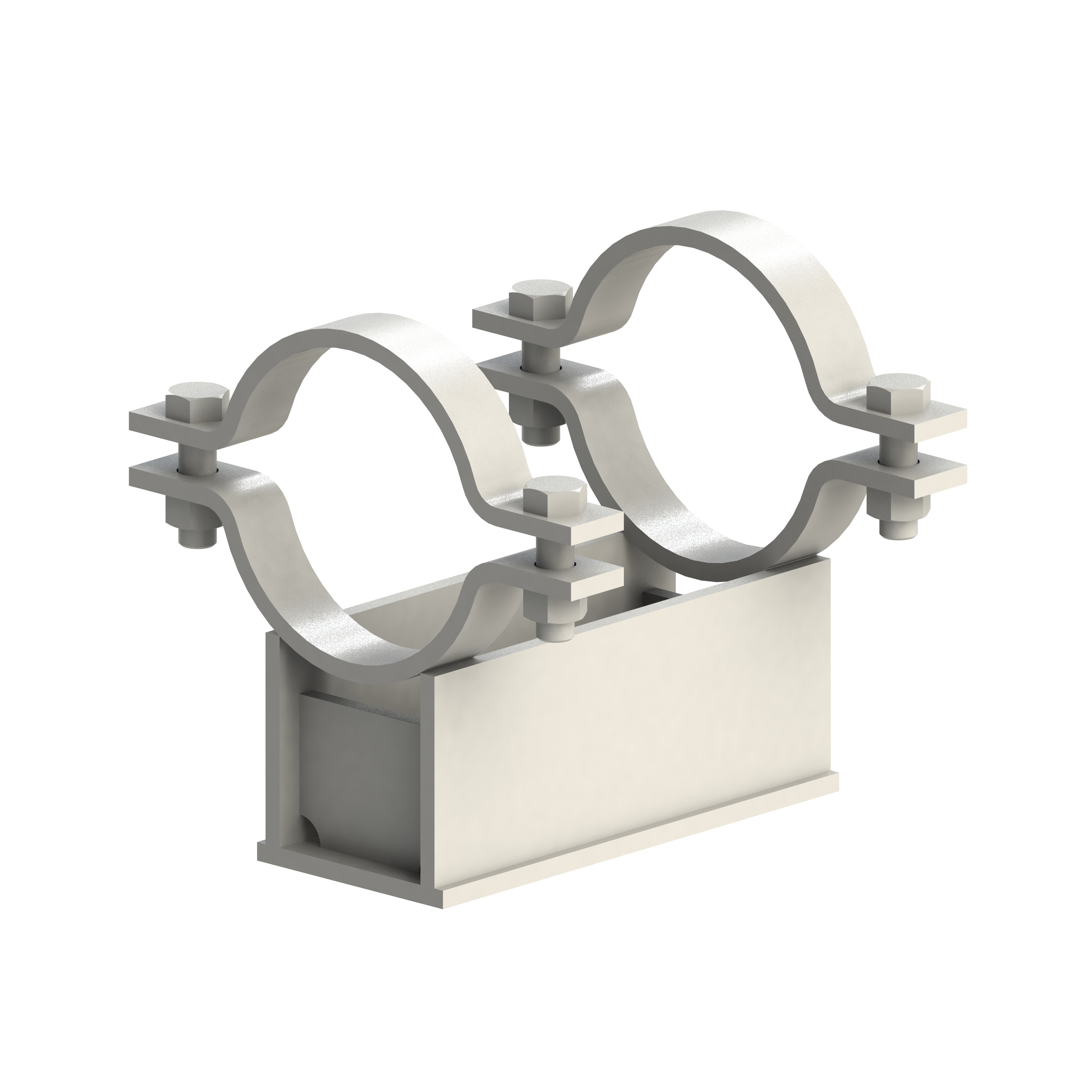 BG400
BG400CLAMPED HOT PIPE SHOE
 BG156
BG156INSULATED PIPE SHOE
 BG157
BG157INSULATED PIPE SHOE
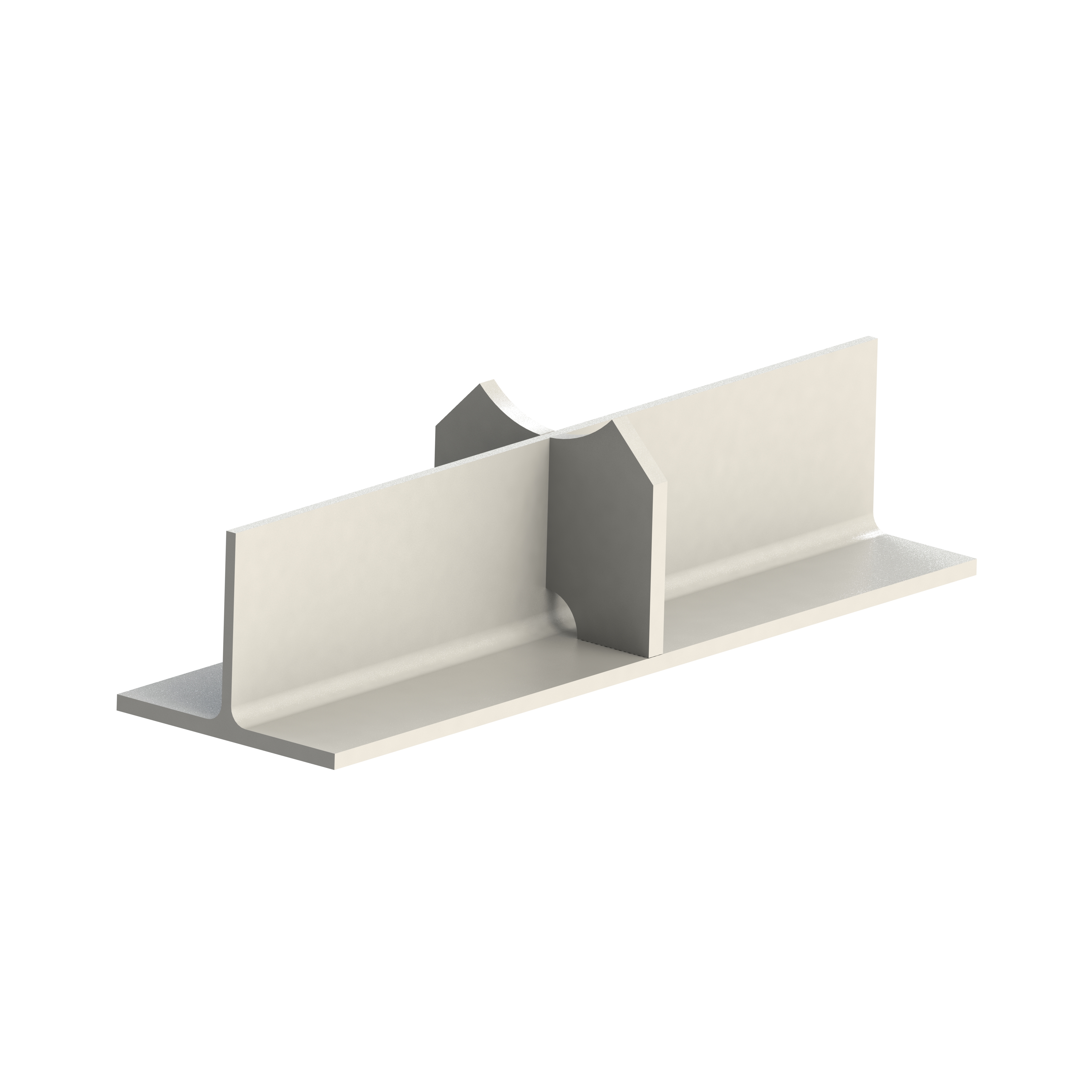 BG510
BG510STANDARD WELDED PIPE SHOE
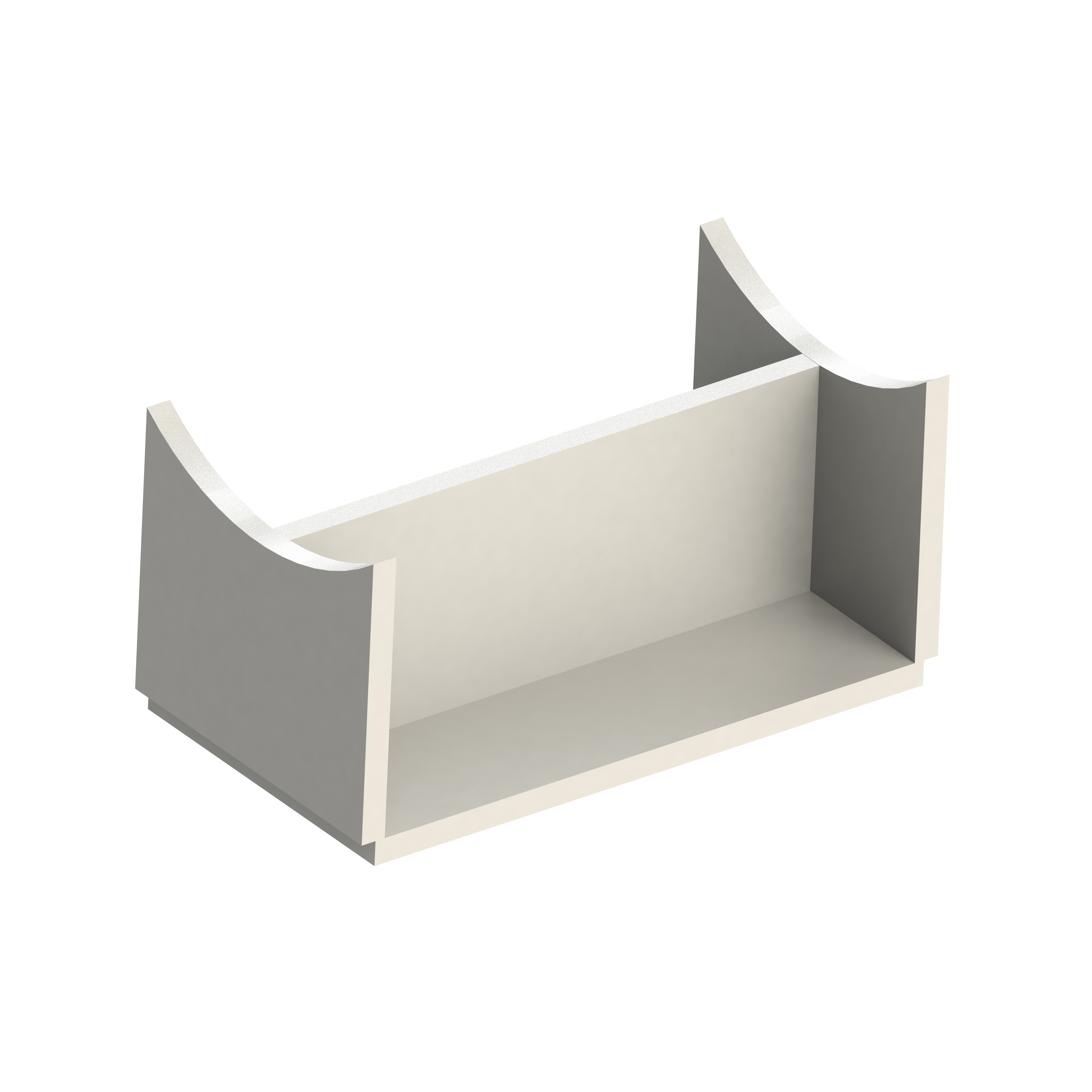 BG518
BG518COMPACT WELDED PIPE SHOE
 BG555
BG555STANDARD LINE STOPS
 BG560
BG560STANDARD PIPE GUIDES
 BG570
BG570STANDARD SHOE GUIDES
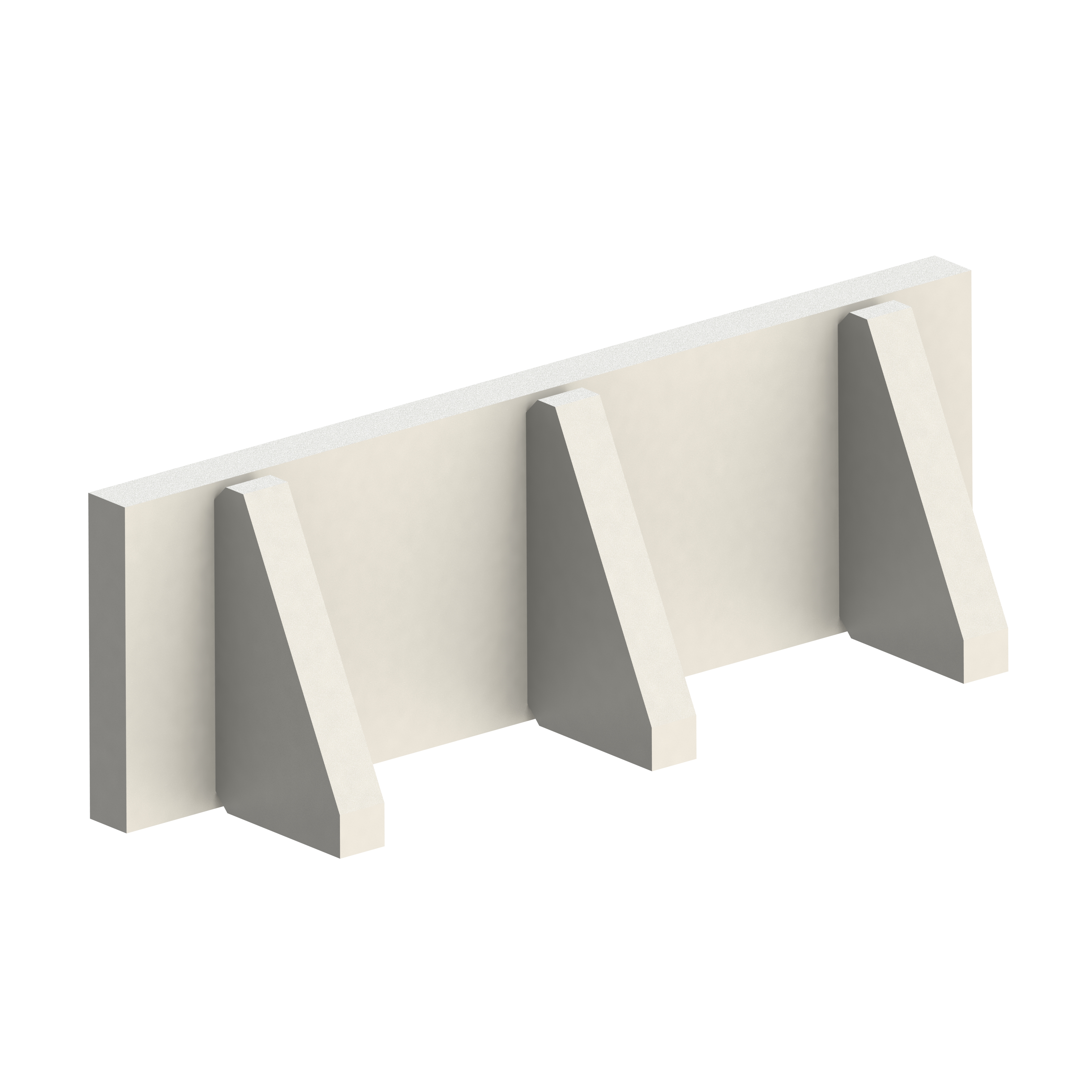 BG580
BG580STANDARD SHOE GUIDES
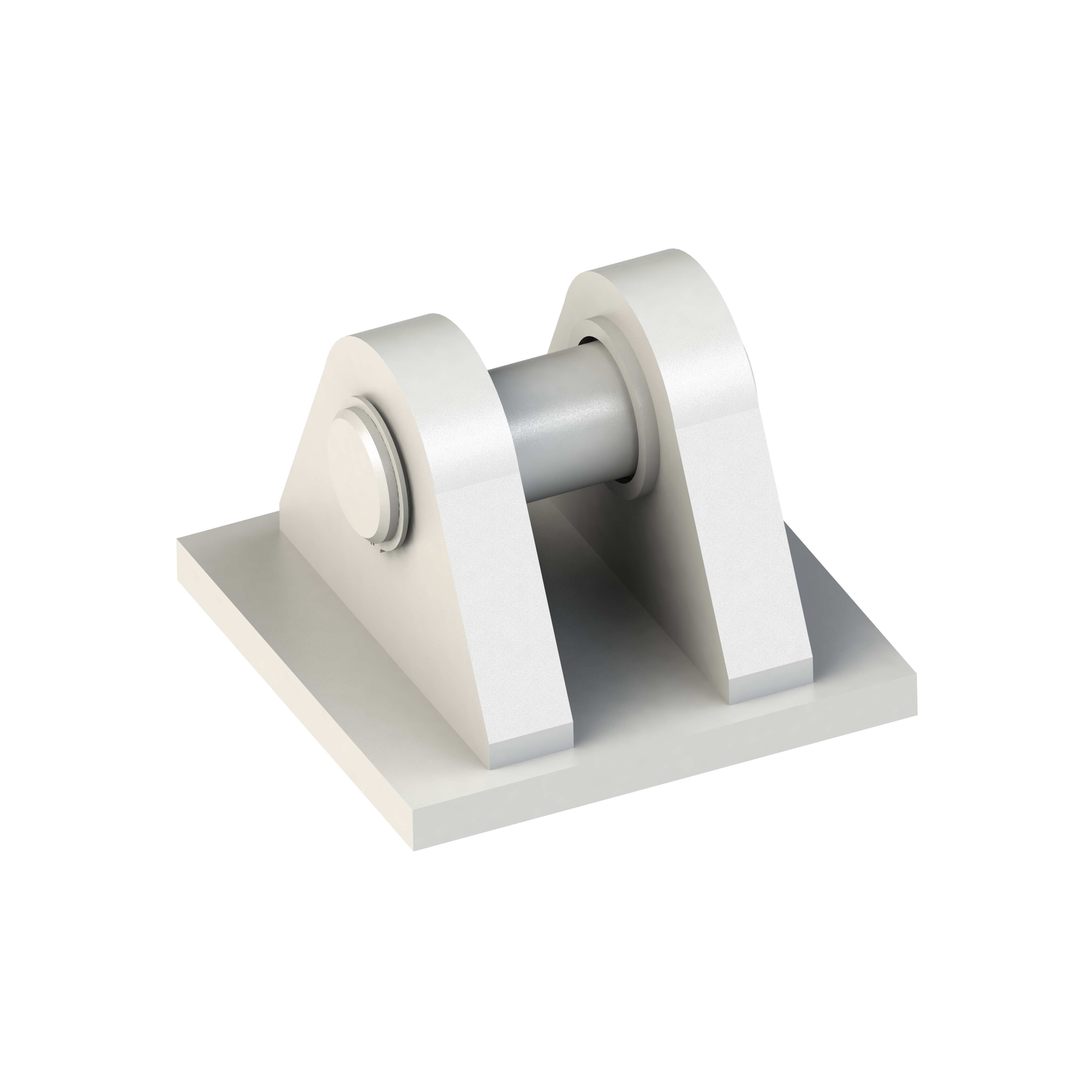 BG315
BG315END ATTACHMENT FOR HYDRAULIC SNUBBERS
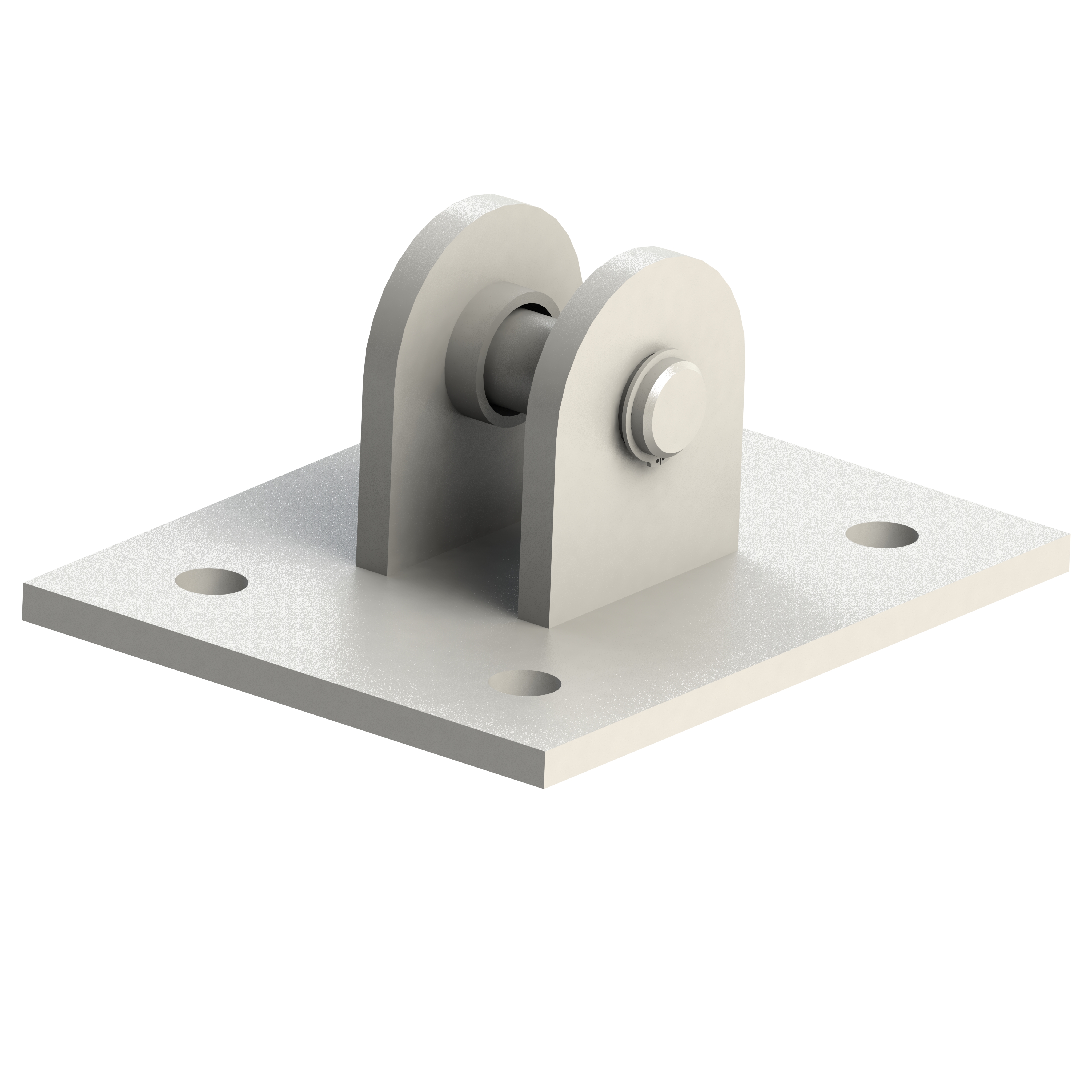 BG355
BG355END ATTACHMENT FOR RIGID STRUT & SWAY BRACE
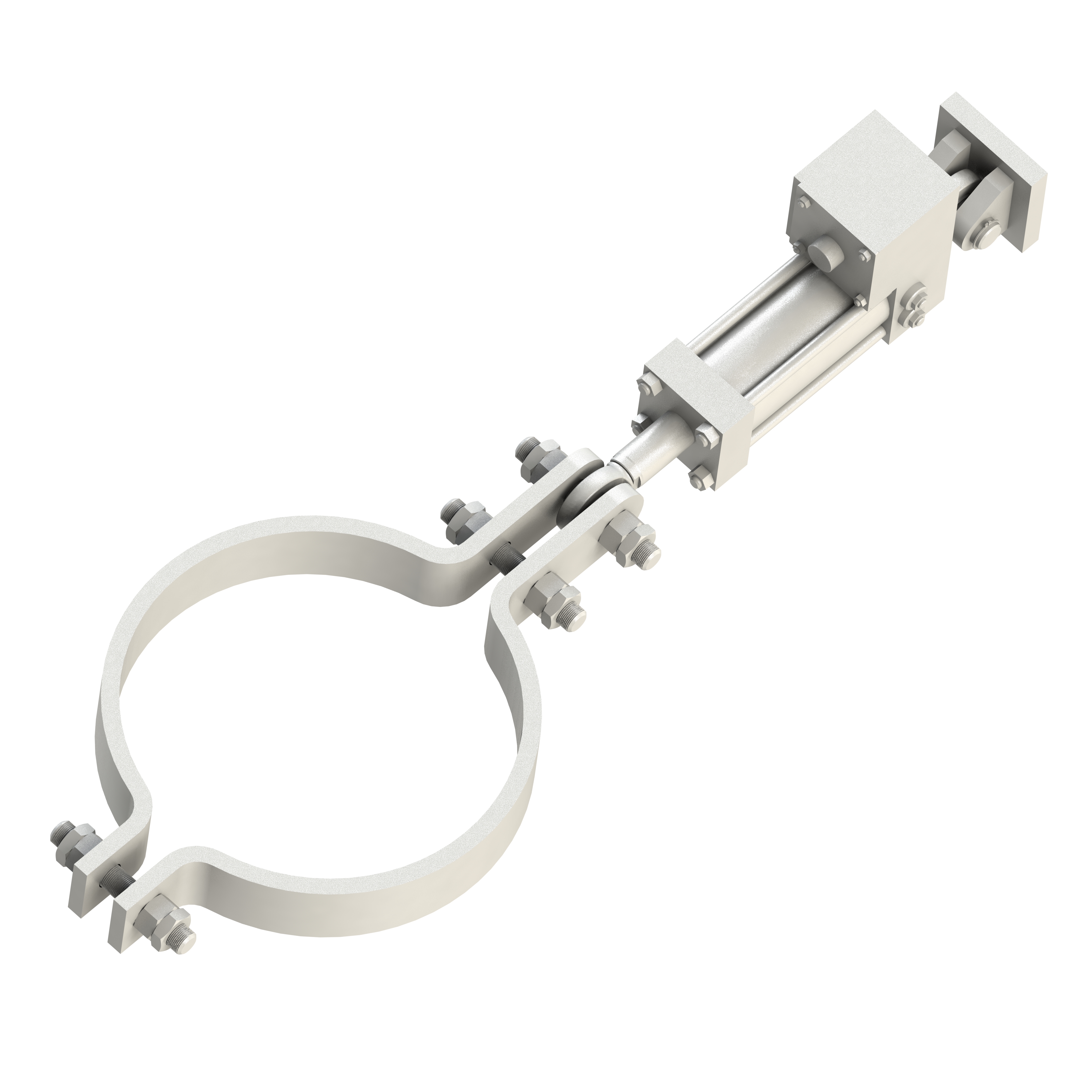 BG310
BG310HYDRAULIC SNUBBERS (SHOCK ARRESTORS)
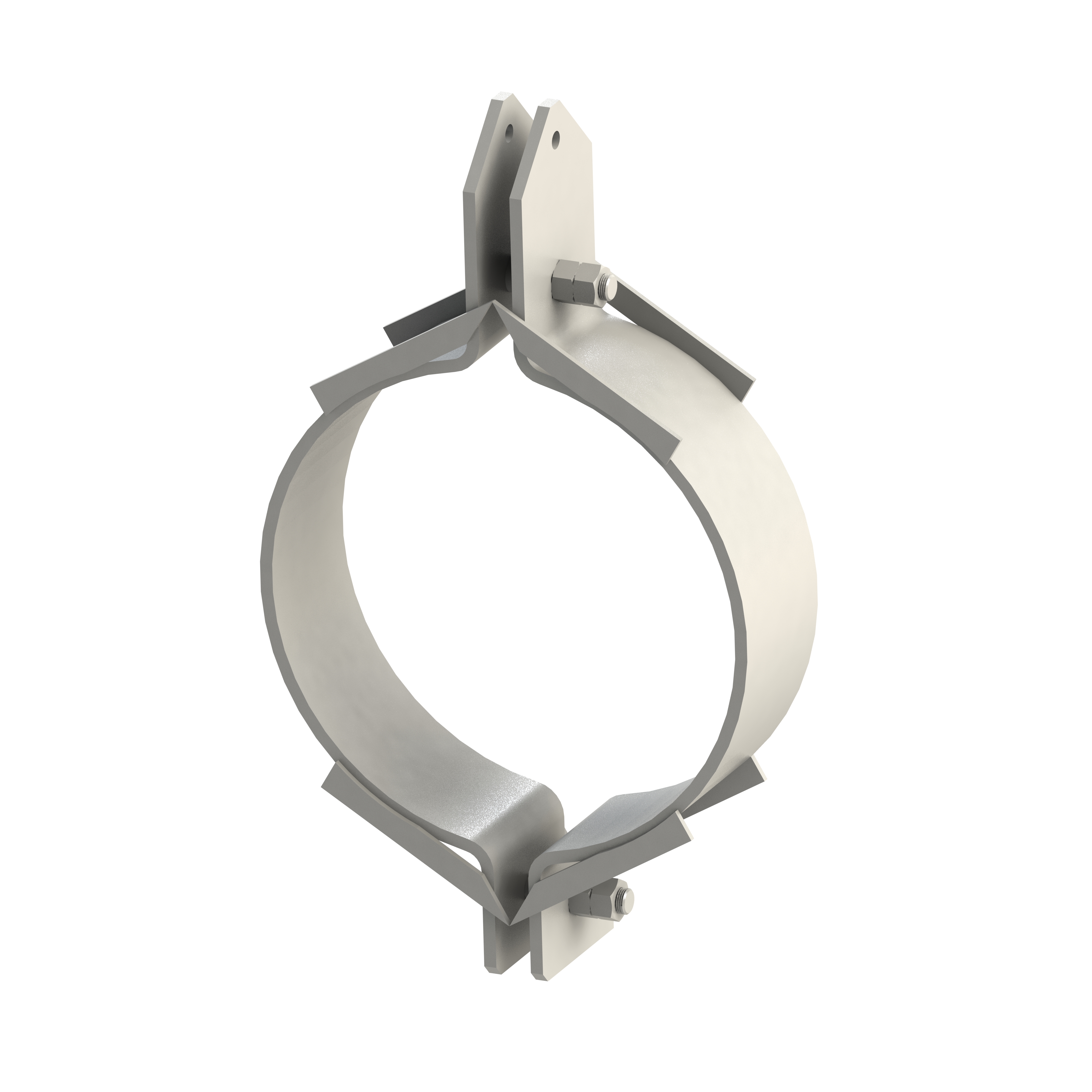 BG321
BG321PIPE CLAMP FOR HYDRAULIC SNUBBER – HIGH TEMPERATURE
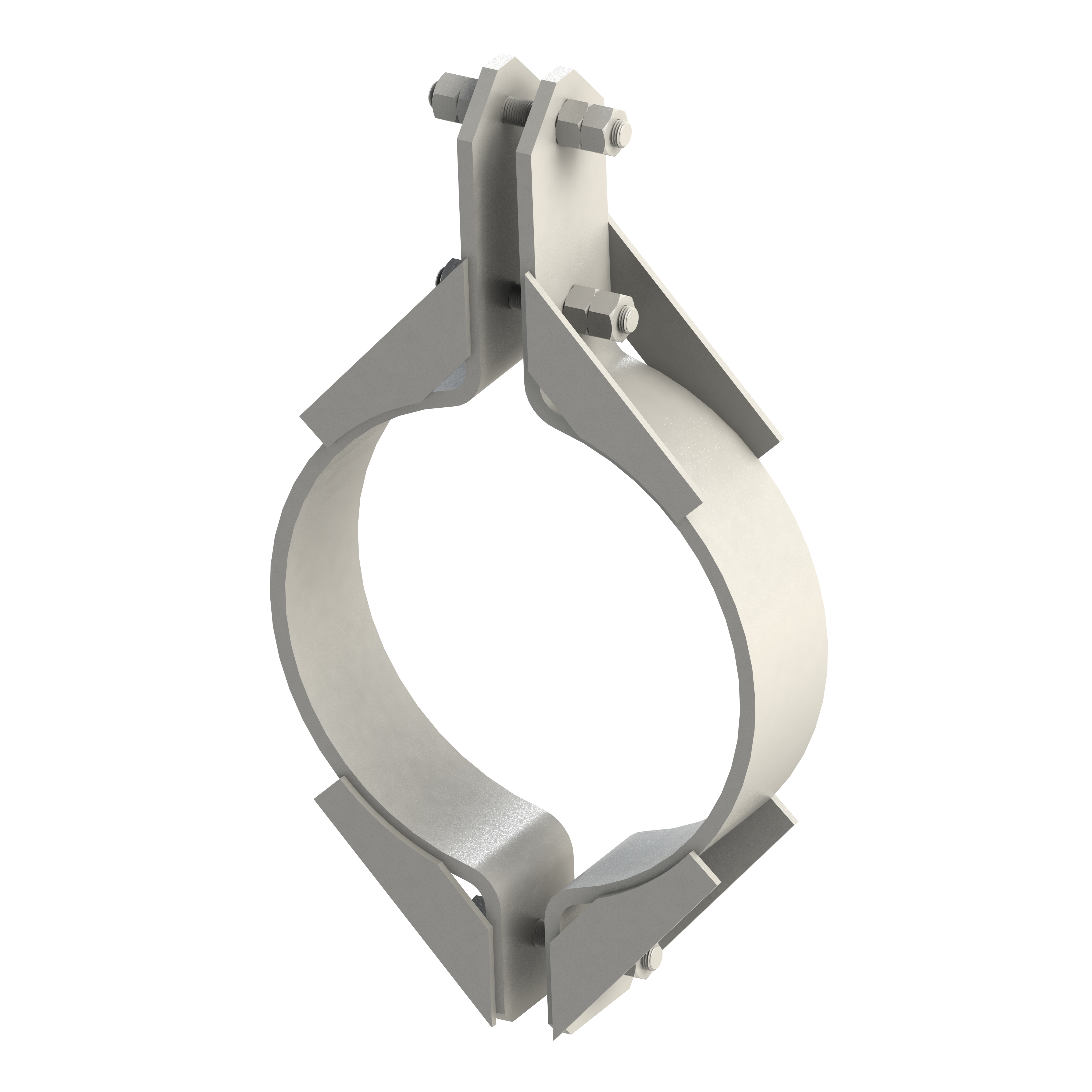 BG322
BG322PIPE CLAMP FOR HYDRAULIC SNUBBER – HIGH TEMPERATURE
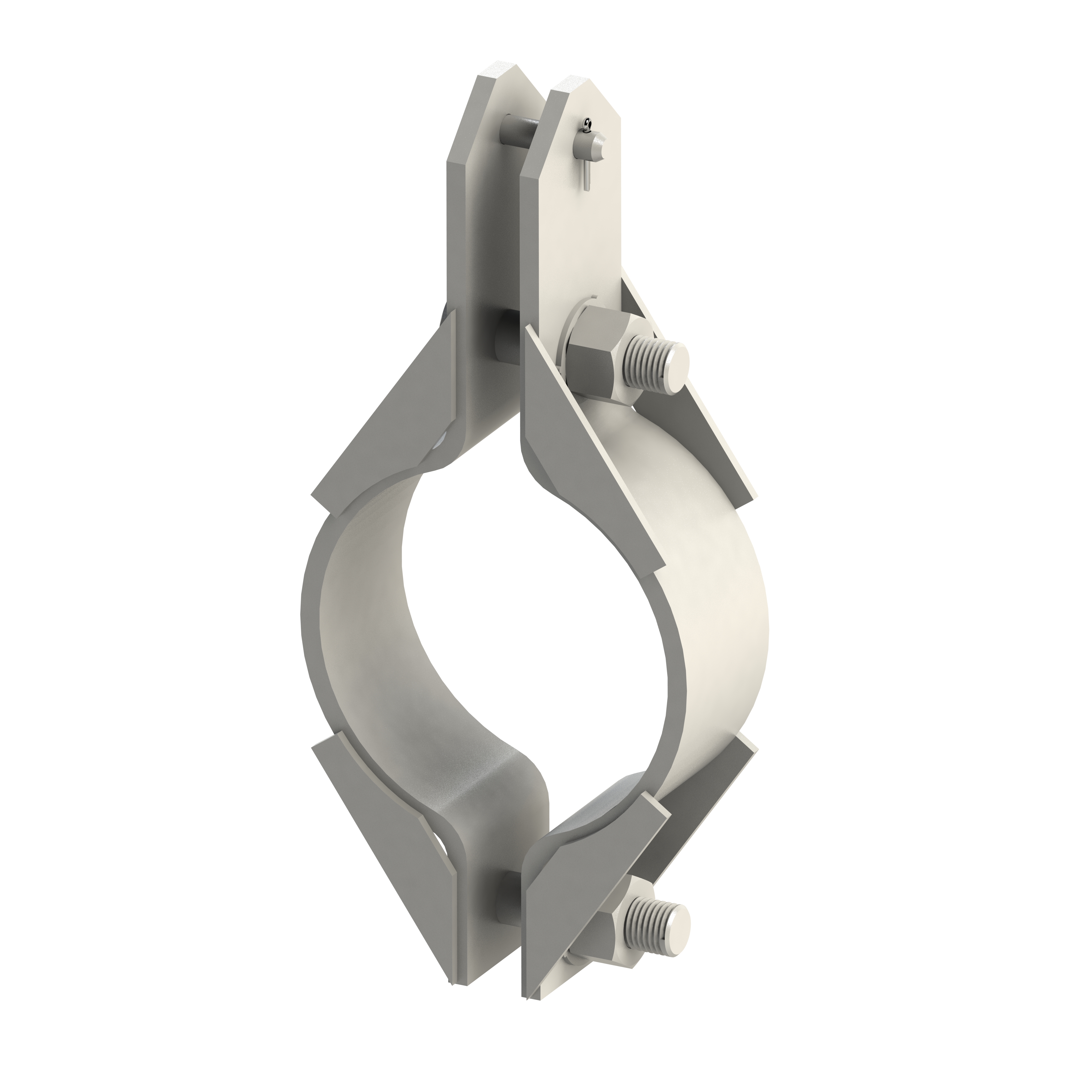 BG320
BG320PIPE CLAMP FOR HYDRAULIC SNUBBER – LOW TEMPERATURE
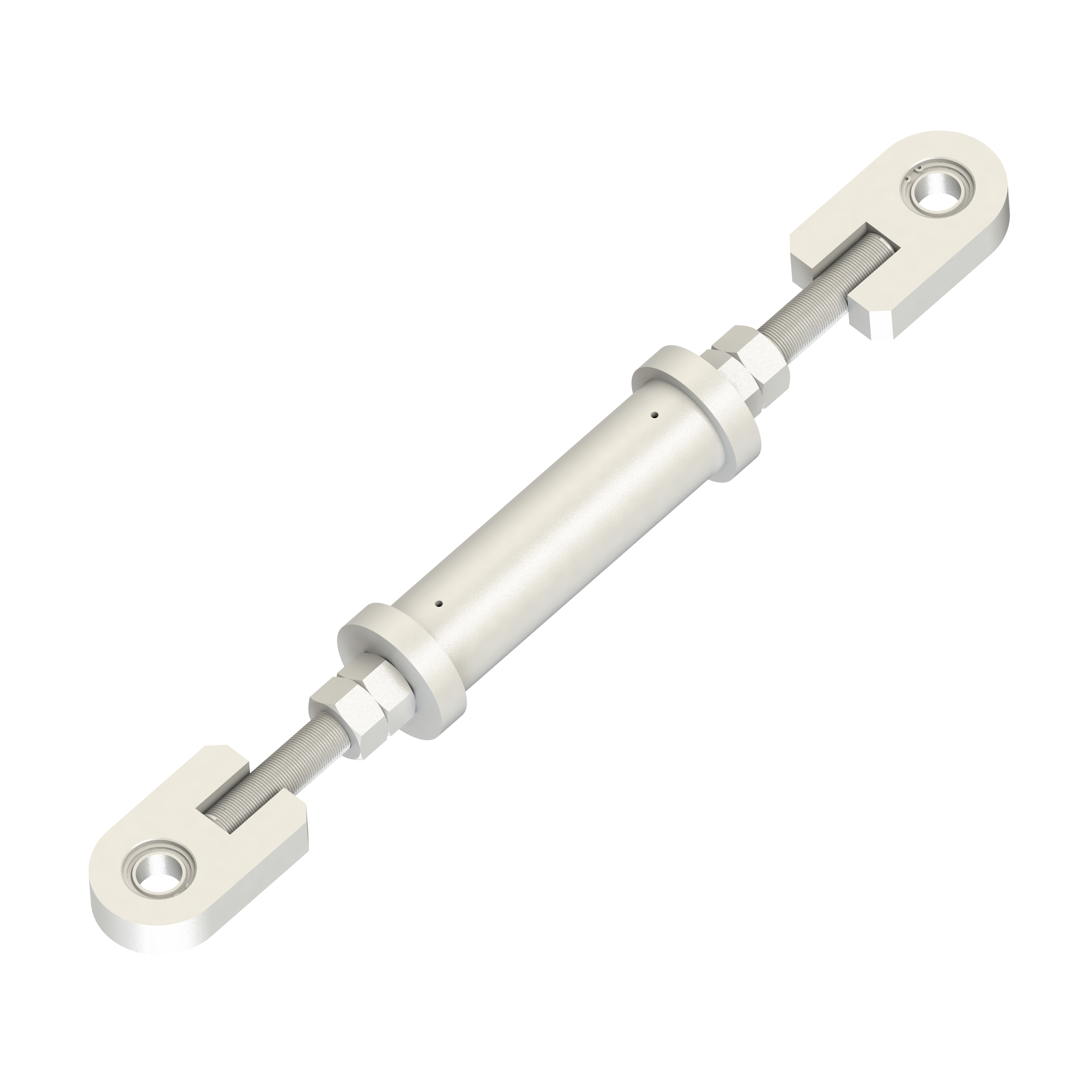 BG350
BG350RIGID STRUTS
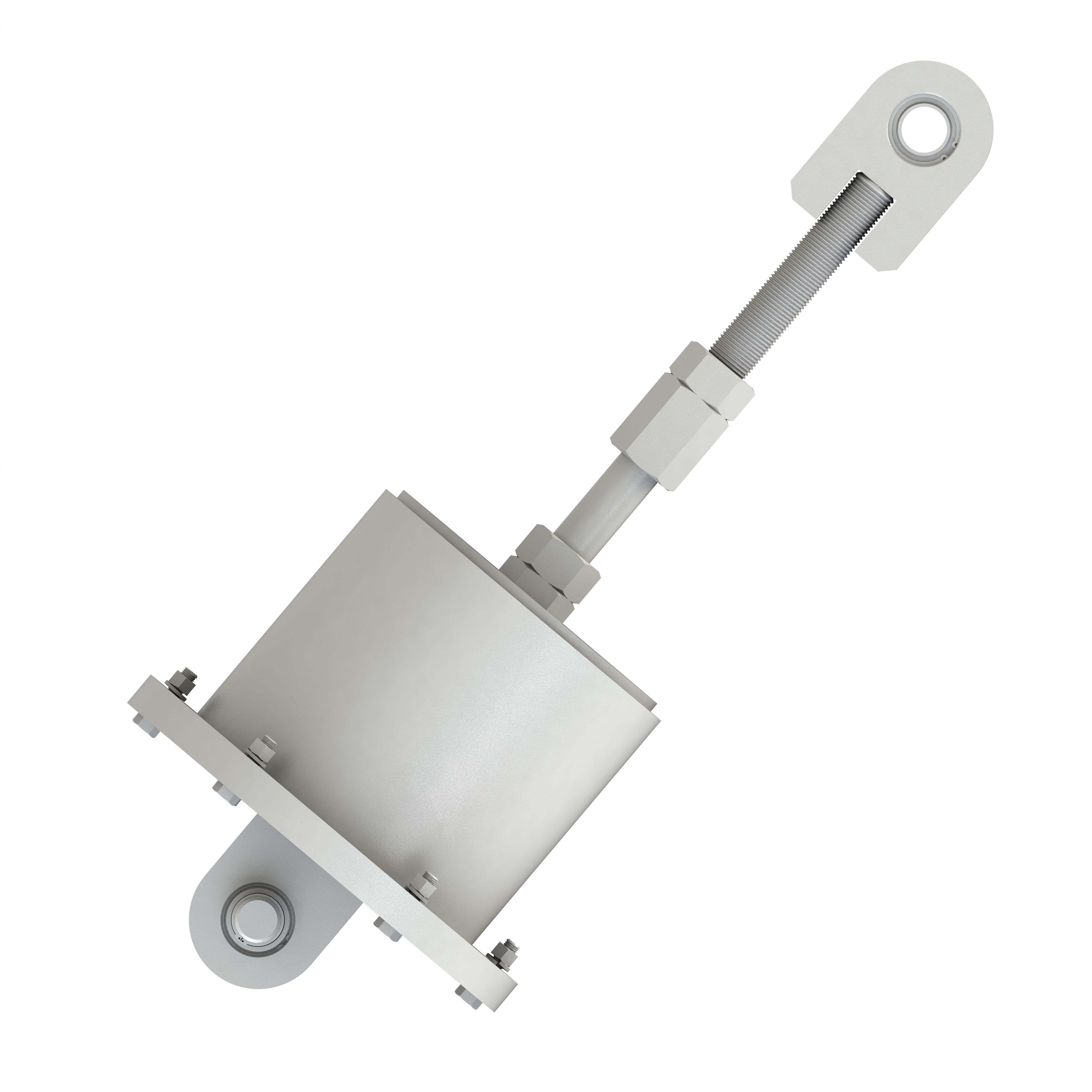 BG340
BG340SWAY BRACE
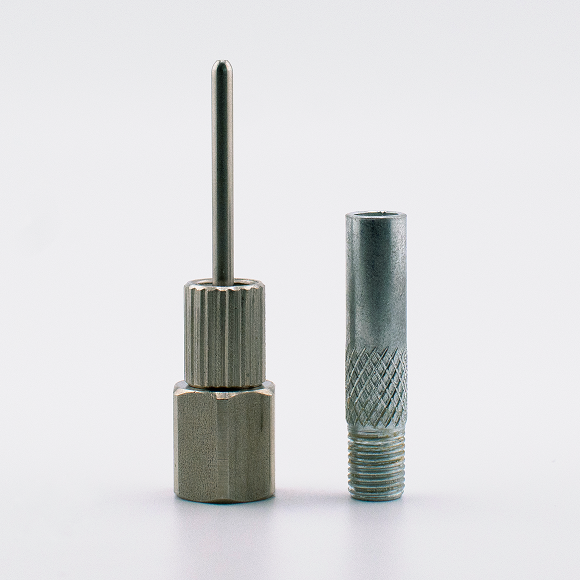 #691028
#691028All Stainless Steel Gauge Adapter #691028
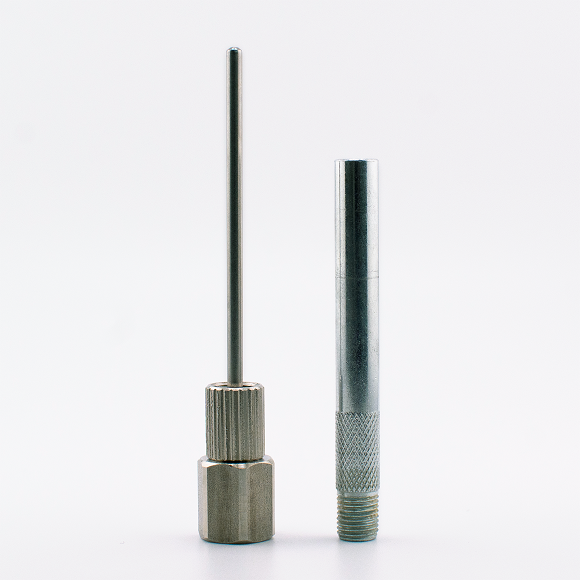 #520XL
#520XLAll Stainless Steel Gauge Adapter #520XL
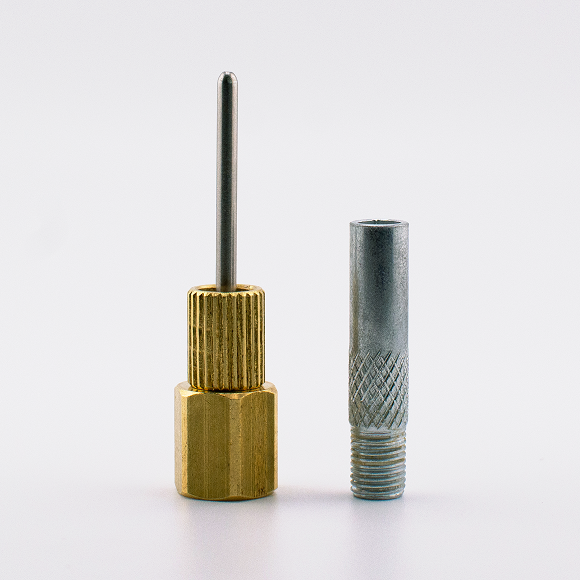 #691023
#691023Brass Gauge Adapter #691023
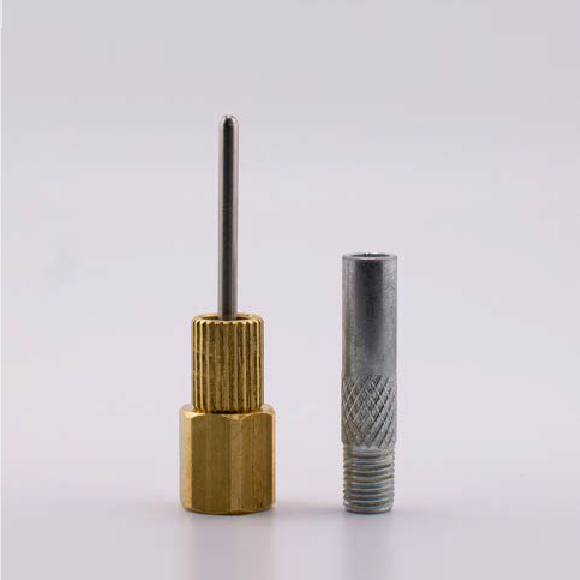 #500BSP
#500BSPBrass Gauge Adapter #500BSP
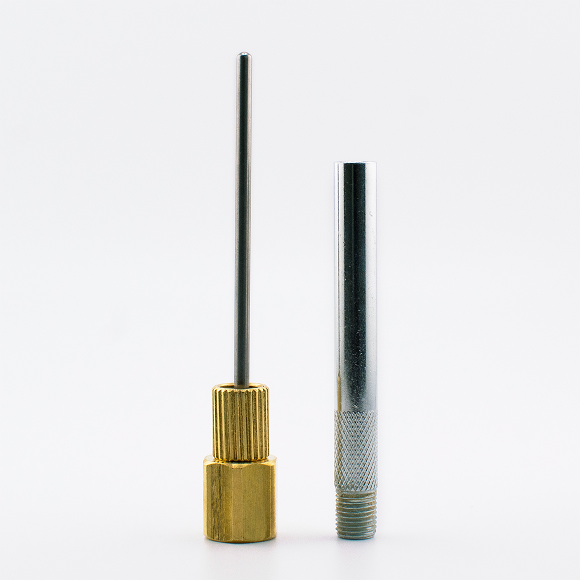 #691024
#691024Brass Gauge Adapter #691024
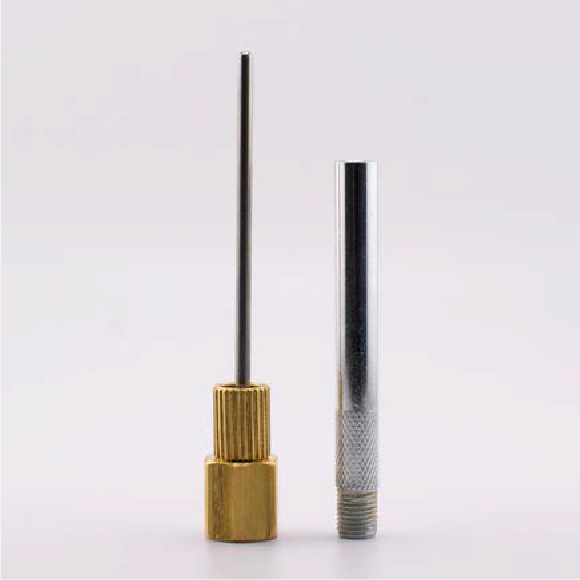 #500XLBSP
#500XLBSPBrass Gauge Adapter #500XLBSP
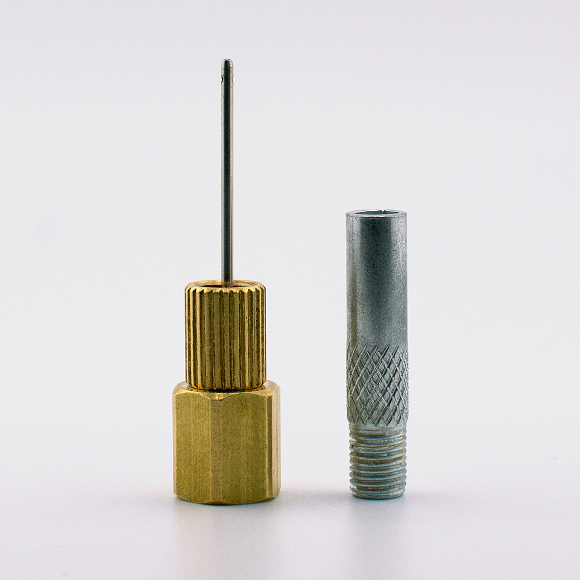 691026
691026Brass Gauge Adapter #691026
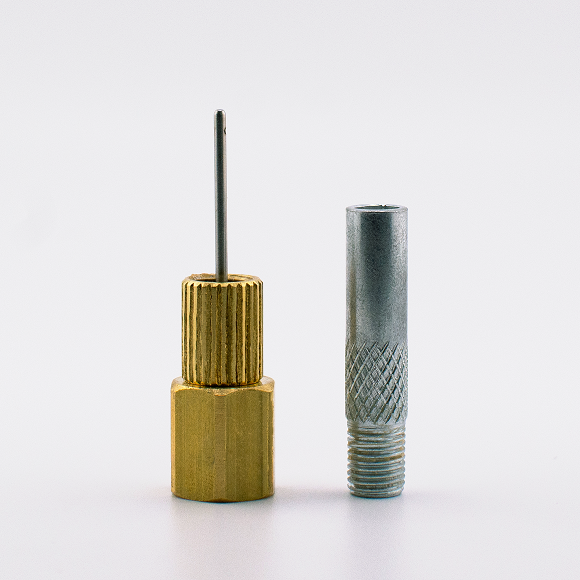 #691027
#691027Brass Gauge Adapter #691027
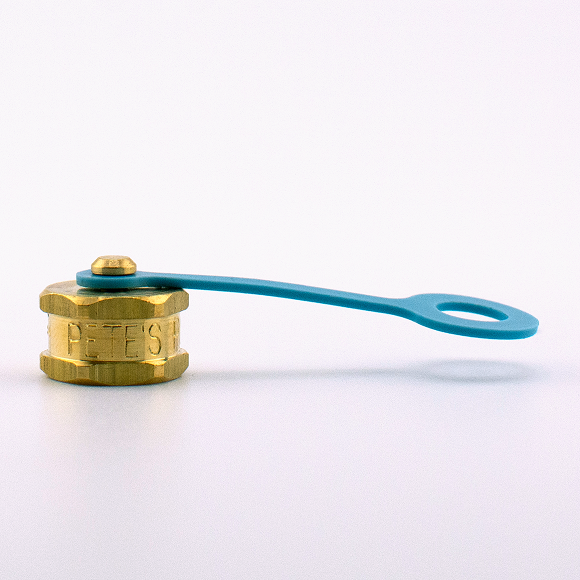 #104-1BS
#104-1BSCap Assembly #104-1BS
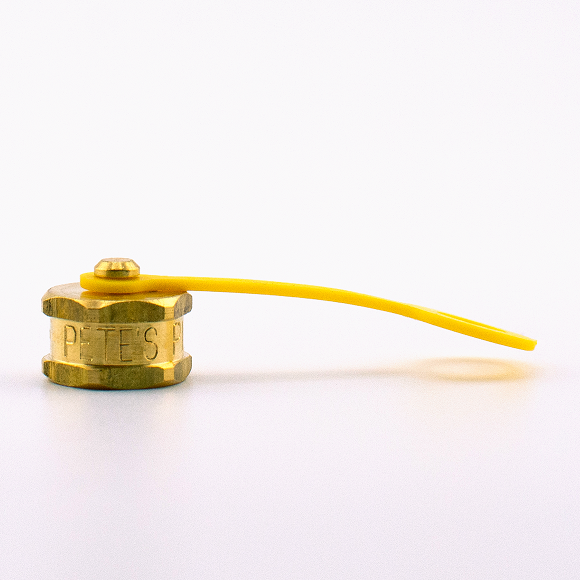 #104-1YS
#104-1YSCap Assembly #104-1YS
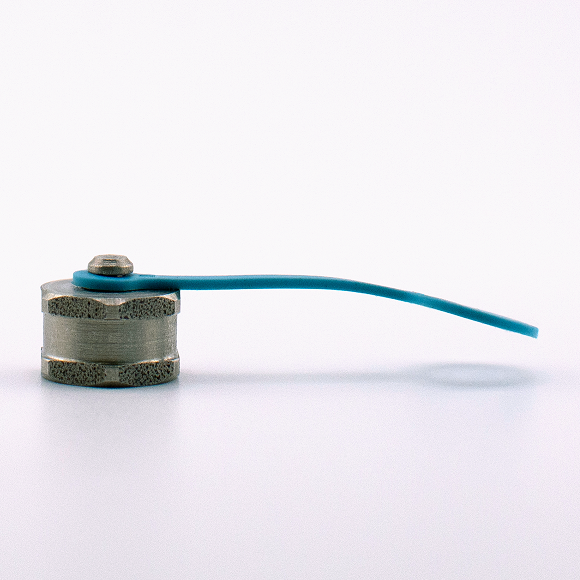 #104-2BS
#104-2BSCap Assembly #104-2BS
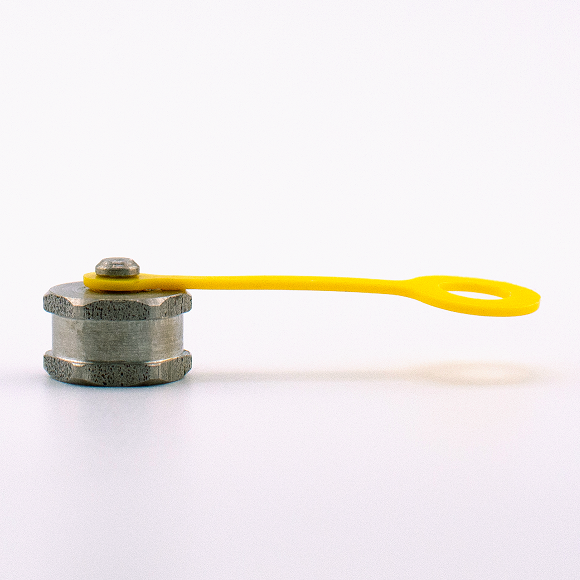 #104-2YS
#104-2YSCap Assembly #104-2YS
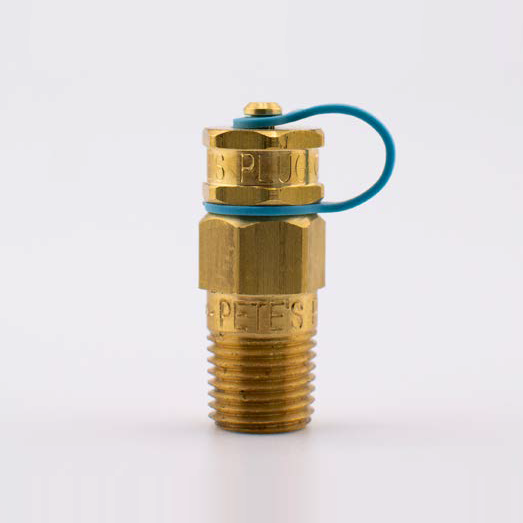 #691003
#691003Pete's Plug #691003
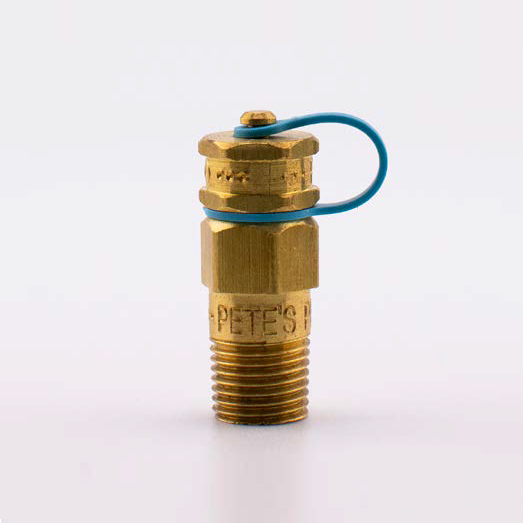 #691002
#691002Pete's Plug #691002
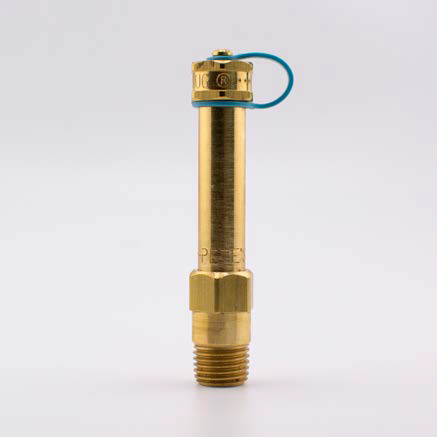 #691010
#691010Pete's Plug #691010
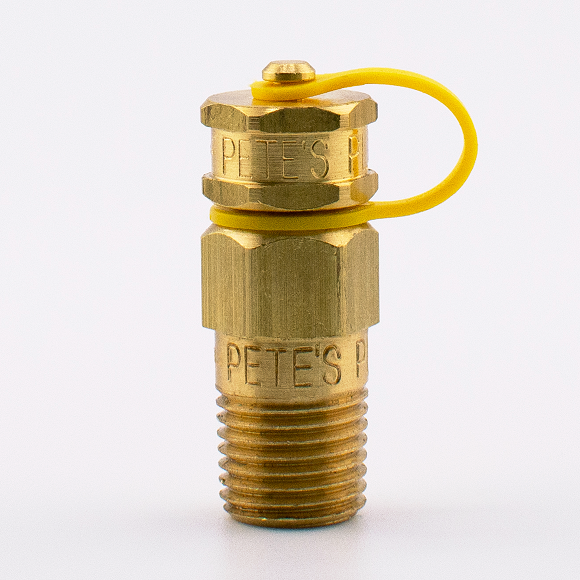 #691001
#691001Pete's Plug #691001
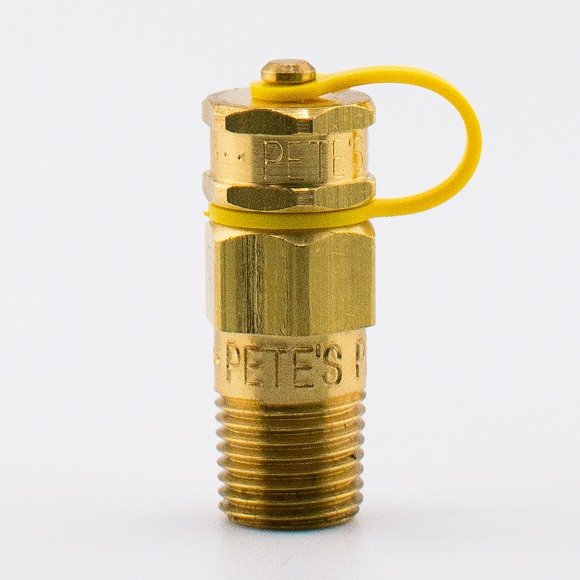 #691000
#691000Pete's Plug #691000
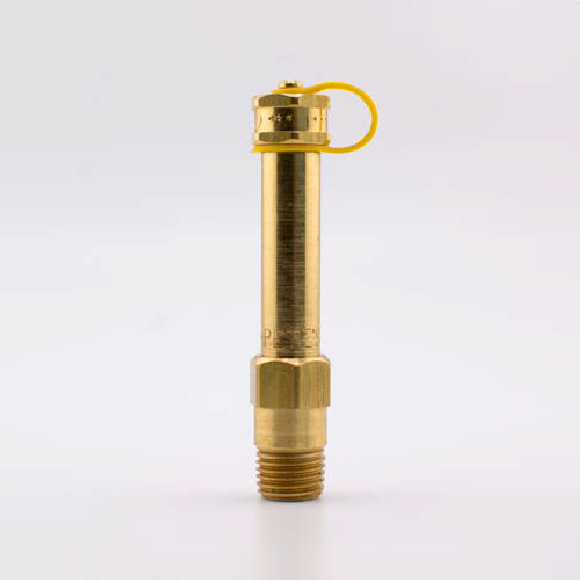 #691017
#691017Pete's Plug #691017
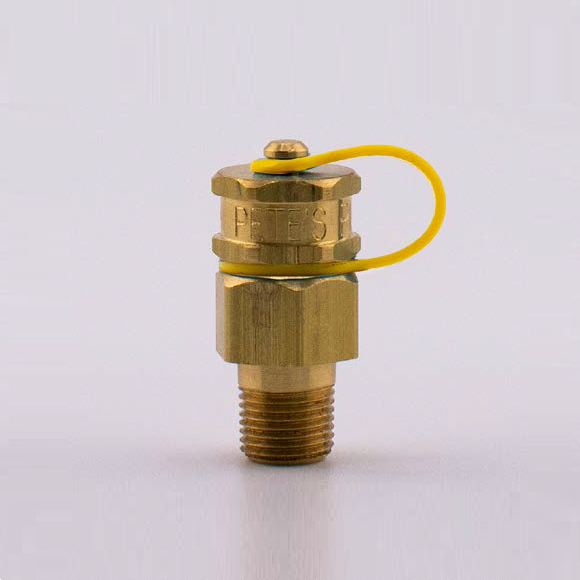 #12510
#12510Pete's Plug #12510
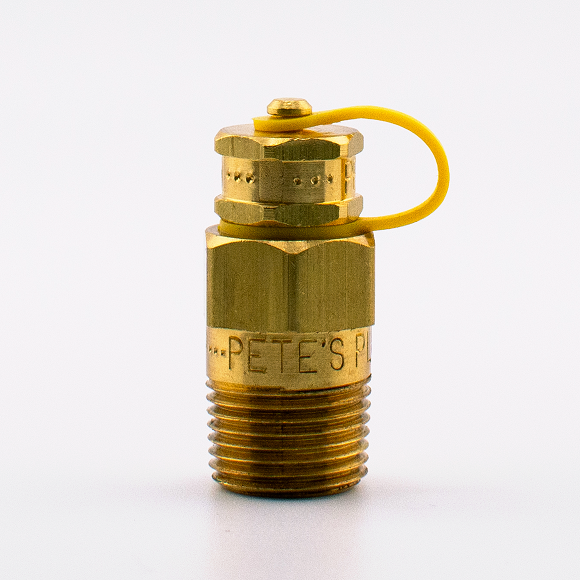 691020
691020Pete's Plug #691020
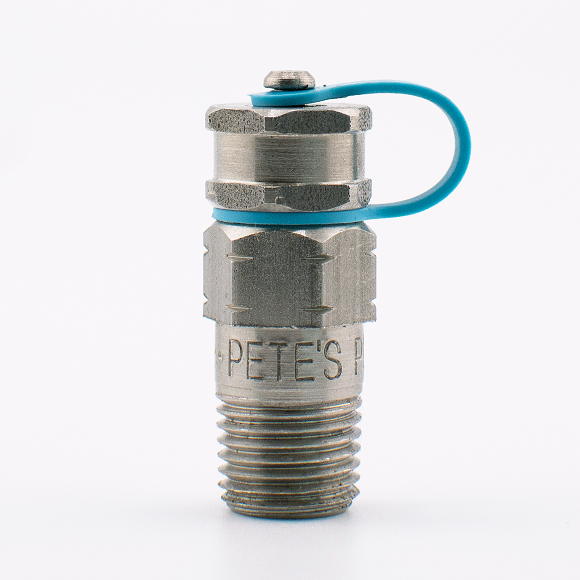 #691008
#691008Pete's Plug #691008
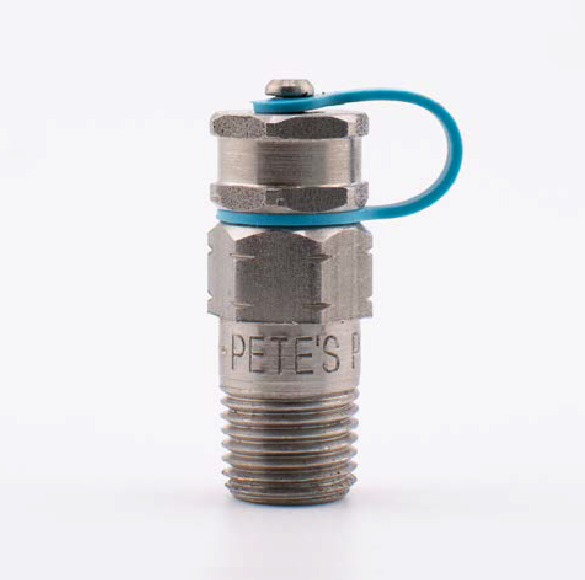 #691005
#691005Pete's Plug #691005
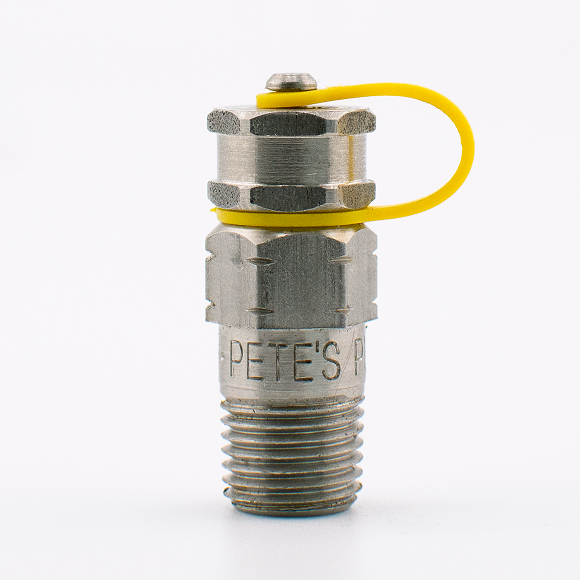 #691007
#691007Pete's Plug #691007
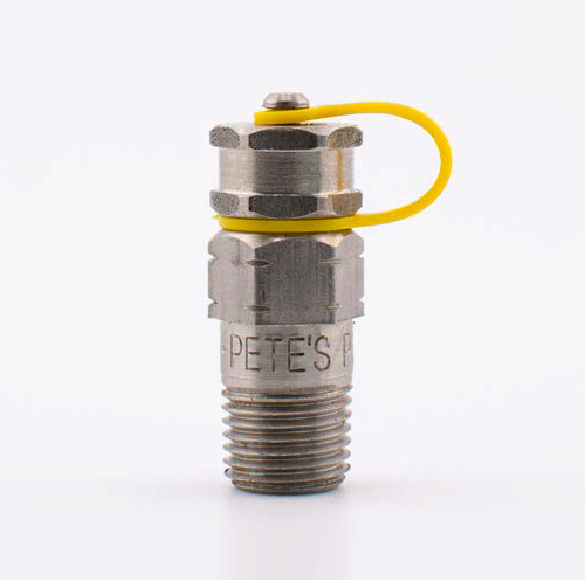 #691004
#691004Pete's Plug #691004
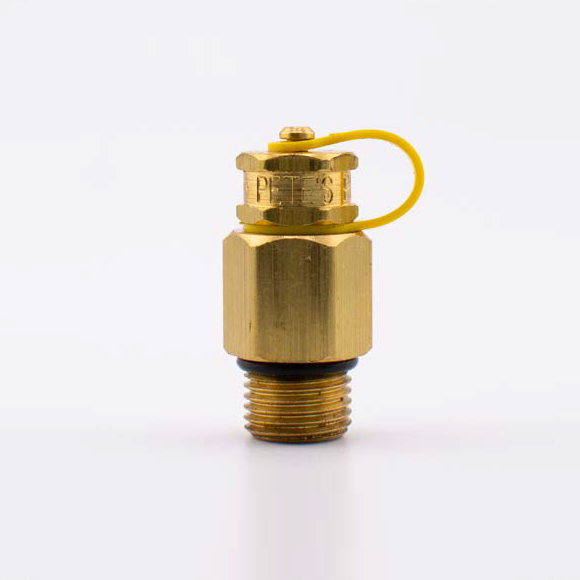 #572
#572Pete's Plug #572
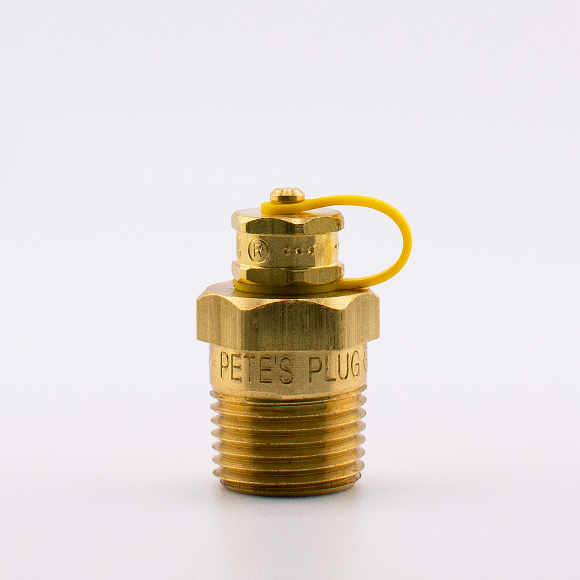 #691019
#691019Pete's Plug #691019
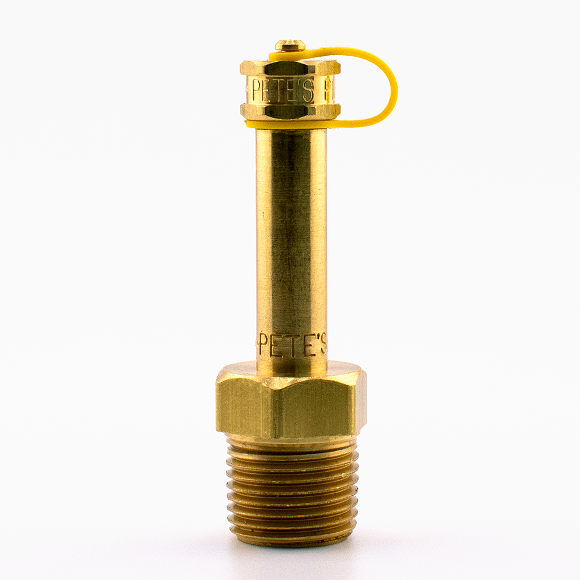 #691018
#691018Pete's Plug #691018
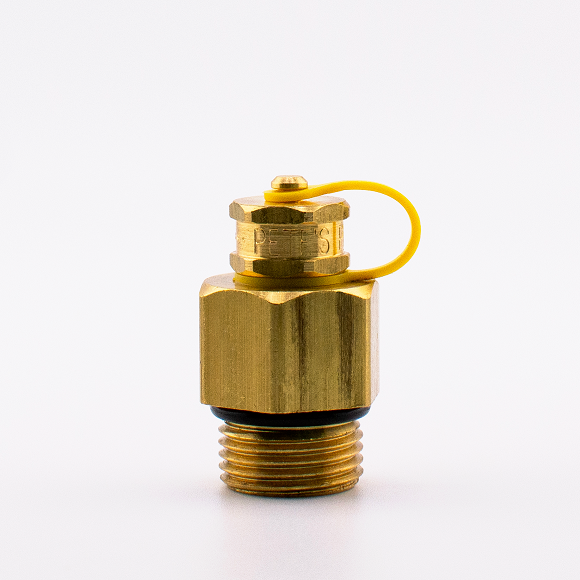 #760
#760Pete's Plug #760
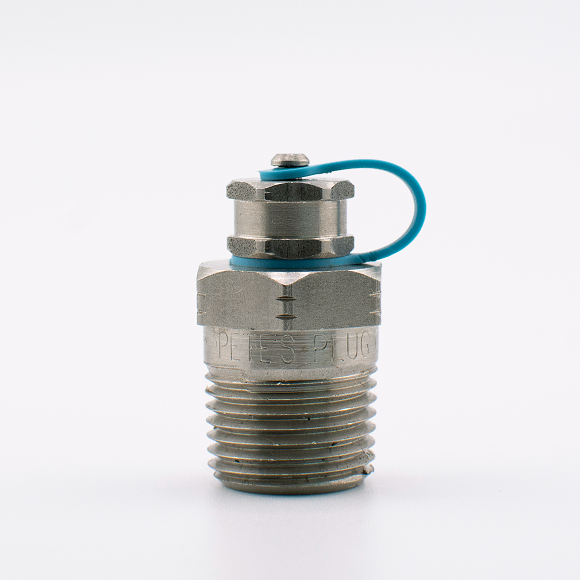 #691016
#691016Pete's Plug #691016
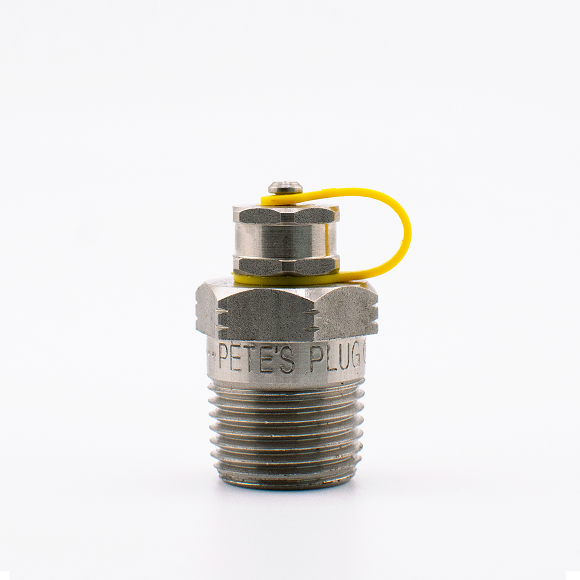 #691022
#691022Pete's Plug #691022
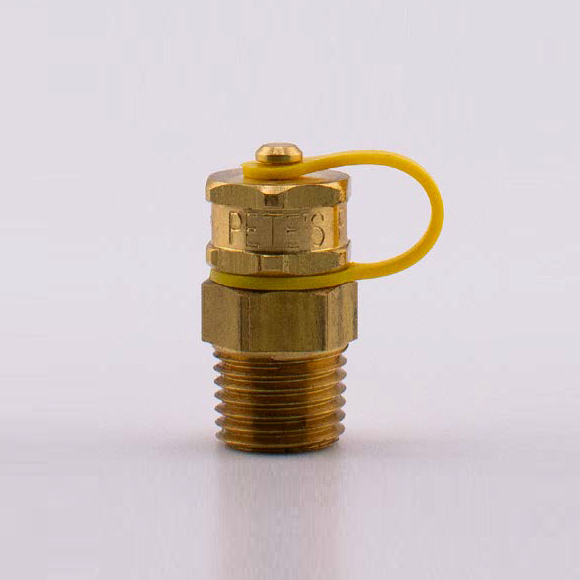 #691021
#691021Pete's Plug #691021
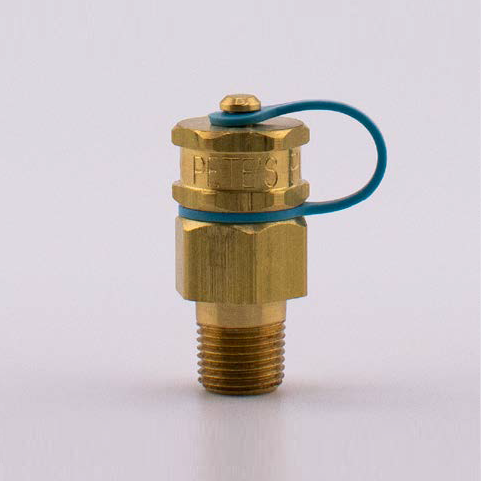 #691014
#691014Pete’s Plug #691014
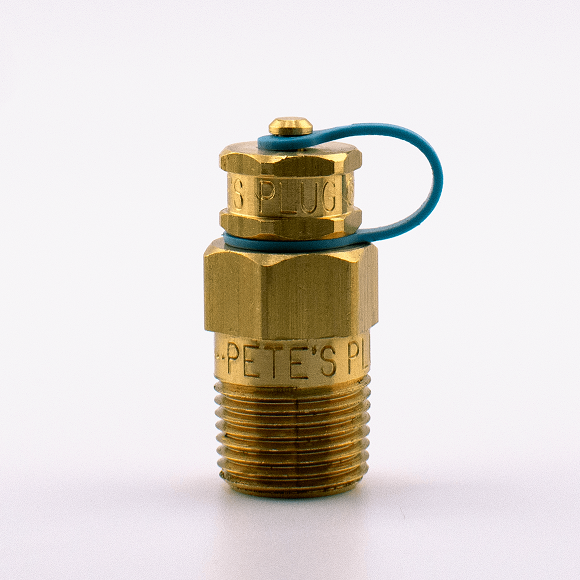 #691013
#691013Pete’s Plug #691013
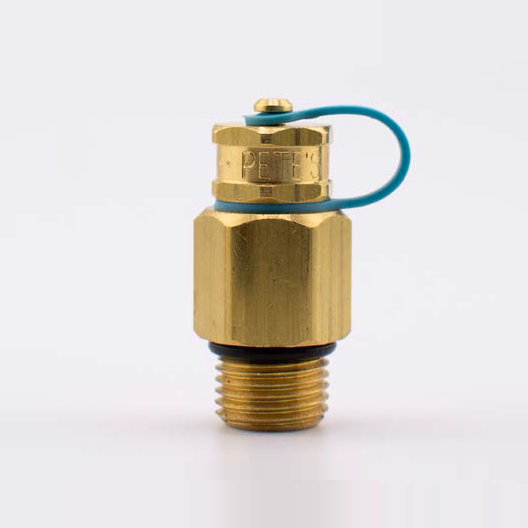 #562
#562Pete’s Plug #562
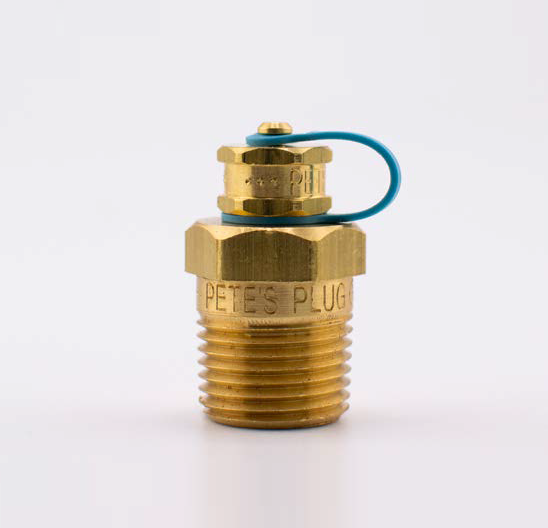 #691012
#691012Pete’s Plug #691012
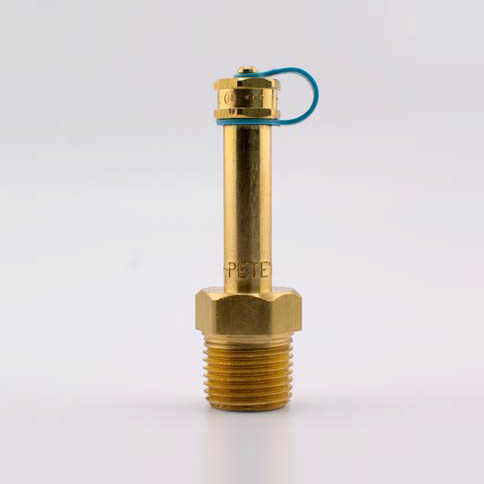 #691011
#691011Pete’s Plug #691011
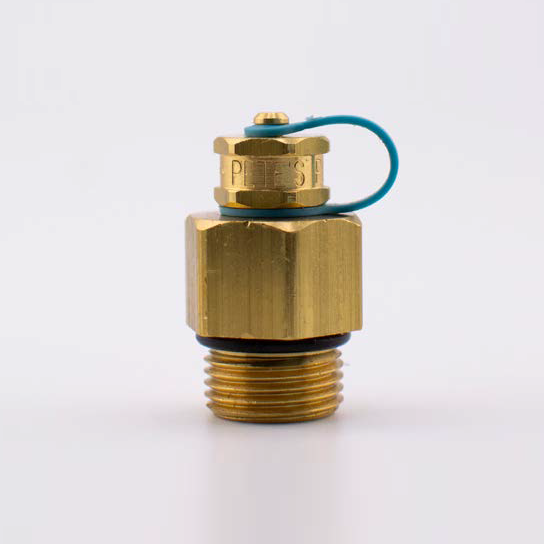 #750XL
#750XLPete’s Plug #750XL
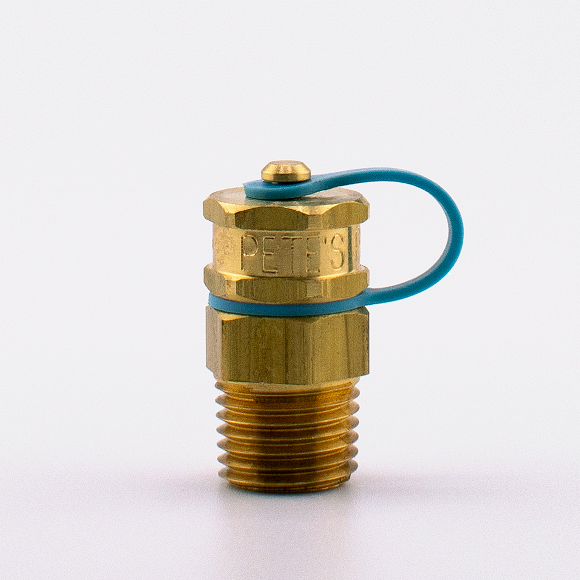 #691015
#691015Pete’s Plug #691015
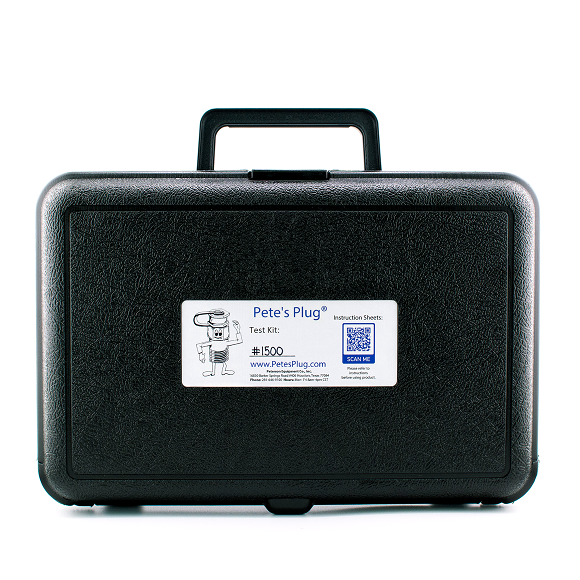 #691029
#691029Pressure & Temperature Test Kit 0-100psi
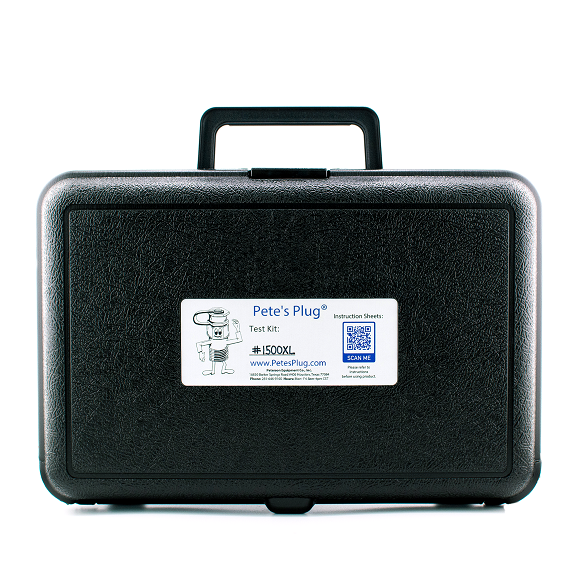 #691030
#691030Pressure & Temperature Test Kit 0-100psi for XL
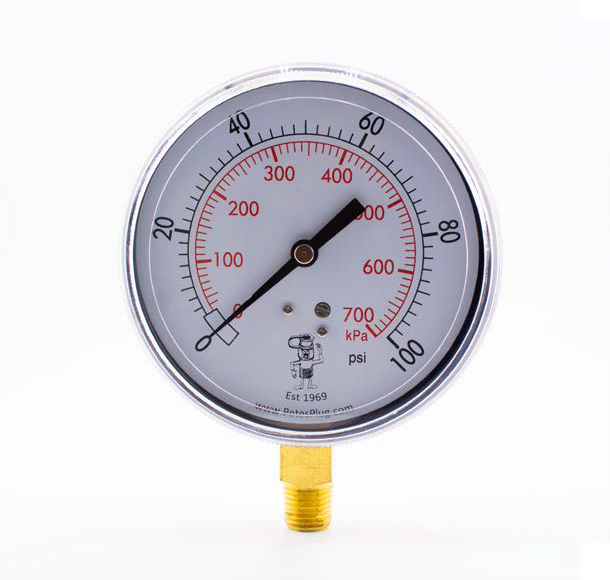 #1500-5
#1500-5Pressure Gauge 0-100 PSI BSP Stem
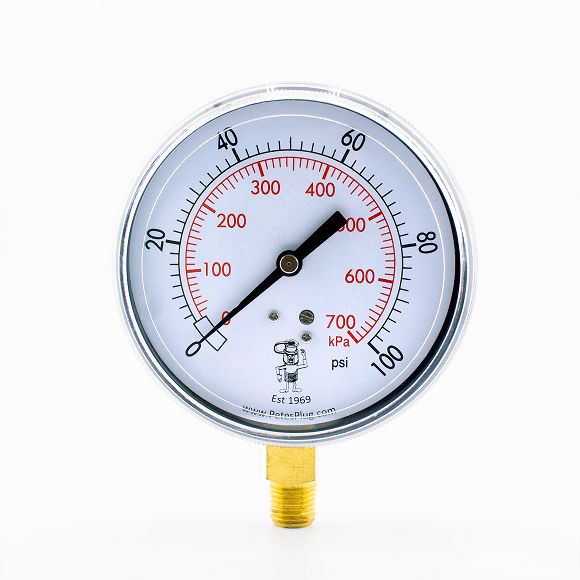 #1500-4
#1500-4Pressure Gauge 0-100 PSI NPT Stem
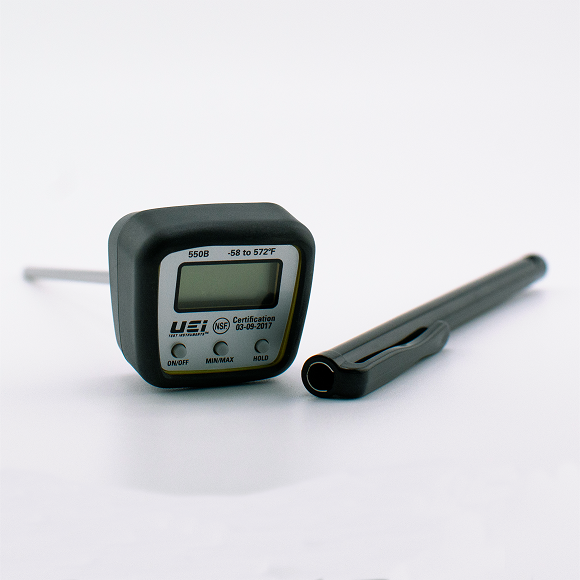 #606
#606Thermometer -58°F to 550°F
-
-
-
- About
- Resources
- Contact
Downtime Costs Millions: Why Investing in High-Quality Pipe Supports Pays Off
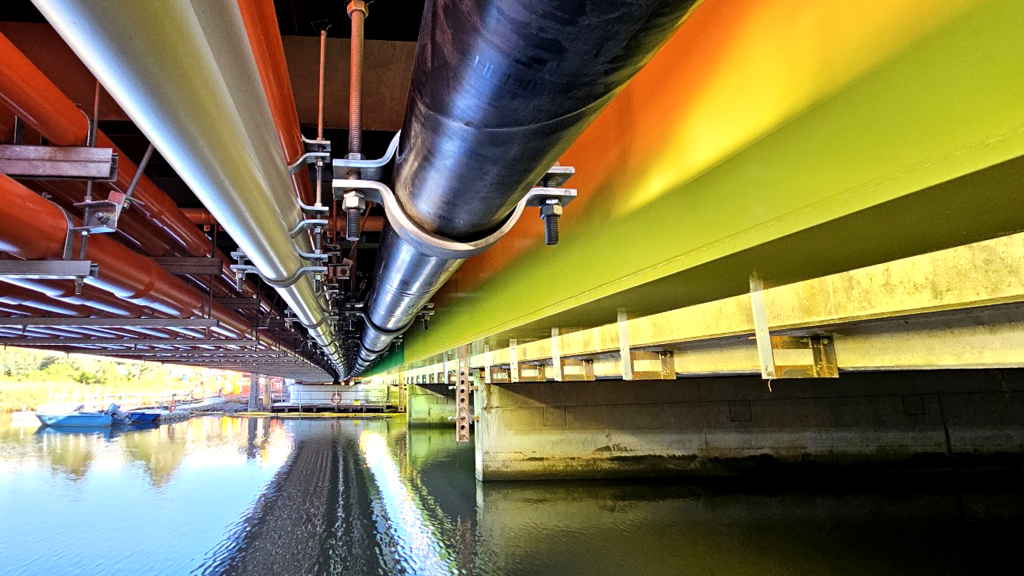
In Australia’s heavy industries, the cost of unplanned downtime is not just a nuisance; it is a major financial threat. The average cost of downtime for Australian industrial businesses sits at $349,000 AUD per hour, substantially higher than the global average of $194,000 AUD. In high-risk sectors like mining and oil and gas, strategic investments in infrastructure, including something as overlooked as pipe supports, can have an outsized impact on operational continuity and financial stability.
High-quality pipe supports are often treated as a secondary consideration, yet failures here can trigger significant downtime and costly repercussions. Understanding how these seemingly small components affect the bigger financial picture is key to safeguarding operations and reputation.
Downtime’s Real Cost in Heavy Industry
Australian mining operations alone are at risk of losing upwards of $130,000 to $180,000 AUD per hour during downtime incidents, with industry-wide losses reaching an estimated $10 billion AUD annually. These figures put into sharp relief the fragility of operational uptime in resource-driven sectors.
Globally, manufacturing industries are burdened with more than $50 billion USD in annual losses due to downtime. Given the size and scale of Australia’s mining and energy industries, the cost pressure is even more acute domestically. A single equipment failure can ripple through supply chains, delaying deliverables, escalating repair costs, and exposing companies to reputational damage.
Pipe Supports: A Small Part with Outsized Risk
When infrastructure fails, the assumption is often that the fault lies with major systems like compressors, turbines, or processing equipment. But neglected elements like pipe supports can be an invisible risk. A failed pipe support may not only disrupt the pipeline itself but also cause structural damage to surrounding assets, magnifying repair costs and prolonging downtime.
Beyond immediate repair costs, companies face secondary financial risks:
- Equipment damage leading to extended shutdowns
- Safety incidents increasing liability exposure
- Regulatory fines tied to environmental breaches
- Contract penalties for delayed delivery
- Reputational harm that could cost future contracts
While precise figures on the percentage of downtime directly attributable to pipe support failures are limited, the risks they pose make them a crucial part of preventive infrastructure planning.
The Shift Toward Preventive Maintenance
Across Australia’s industrial landscape, preventive maintenance is gaining ground. A majority of companies acknowledge the cost benefits of moving from reactive “run-to-fail” maintenance, still used by around 24% of Australian businesses, to outcome-based maintenance strategies.
Preventive maintenance reduces unplanned downtime, and high-quality components play a crucial role in that effort. Durable pipe supports, engineered to withstand high loads, thermal expansion, and environmental stressors, extend the operating life of critical assets and reduce emergency interventions.
ABB’s survey found that 92% of businesses implementing reliability-centered maintenance saw improvements in operational uptime, with 38% reporting over 25% gains. This signals a clear trend: planned investments outperform reactive fixes, and support systems are a vital part of that investment.
Investing in Pipe Supports: More Than Just Hardware
Premium pipe supports are not just about holding pipes in place. They are engineered systems designed to:
- Absorb mechanical stress
- Compensate for thermal expansion and contraction
- Reduce vibration and fatigue on pipelines
- Support compliance with safety and industry standards
Ignoring the quality of these components risks pushing maintenance costs higher and damaging operational resilience. It is not just a purchase; it is an insurance policy against both direct and indirect costs.
Conclusion: A Strategic Move Toward Reliability
Project managers and procurement teams should view pipe supports not as a commodity but as a strategic investment. While the upfront cost is marginal compared to other infrastructure expenses, the financial consequences of failure can be immense.
Investing in engineered, high-quality pipe supports is a direct action to:
- Minimise downtime risk
- Protect budget integrity
- Preserve reputation
- Support regulatory compliance
In industries where every hour of downtime costs hundreds of thousands of dollars, seemingly small decisions like the choice of a pipe support can have major financial consequences. For companies committed to staying competitive, it is time to treat these components with the strategic importance they deserve.
Ready to Strengthen Your Infrastructure?
If you are reviewing your asset reliability strategy or want to discuss how engineered pipe supports can reduce your operational risks, get in touch with the Binder team. We will help you find a solution designed to keep your operations running and downtime off your balance sheet.


